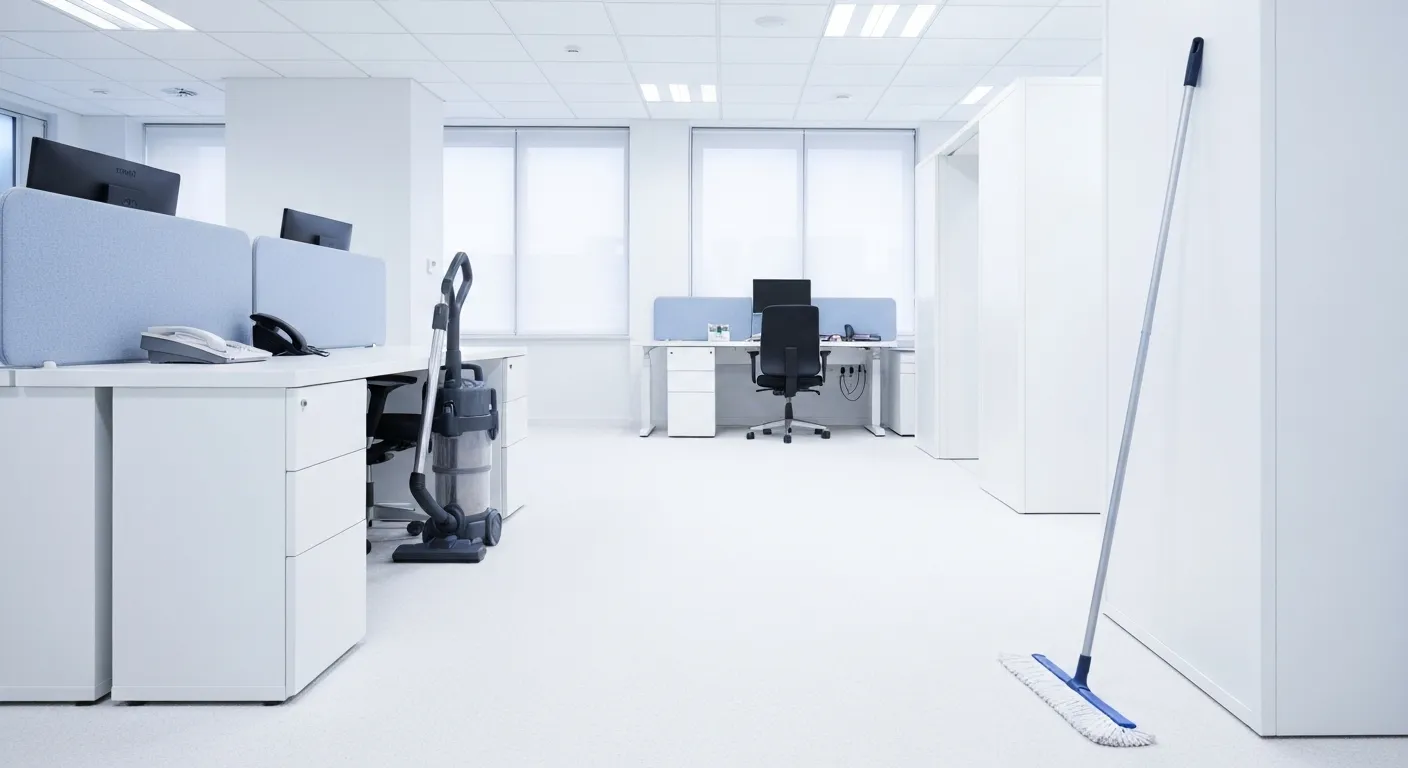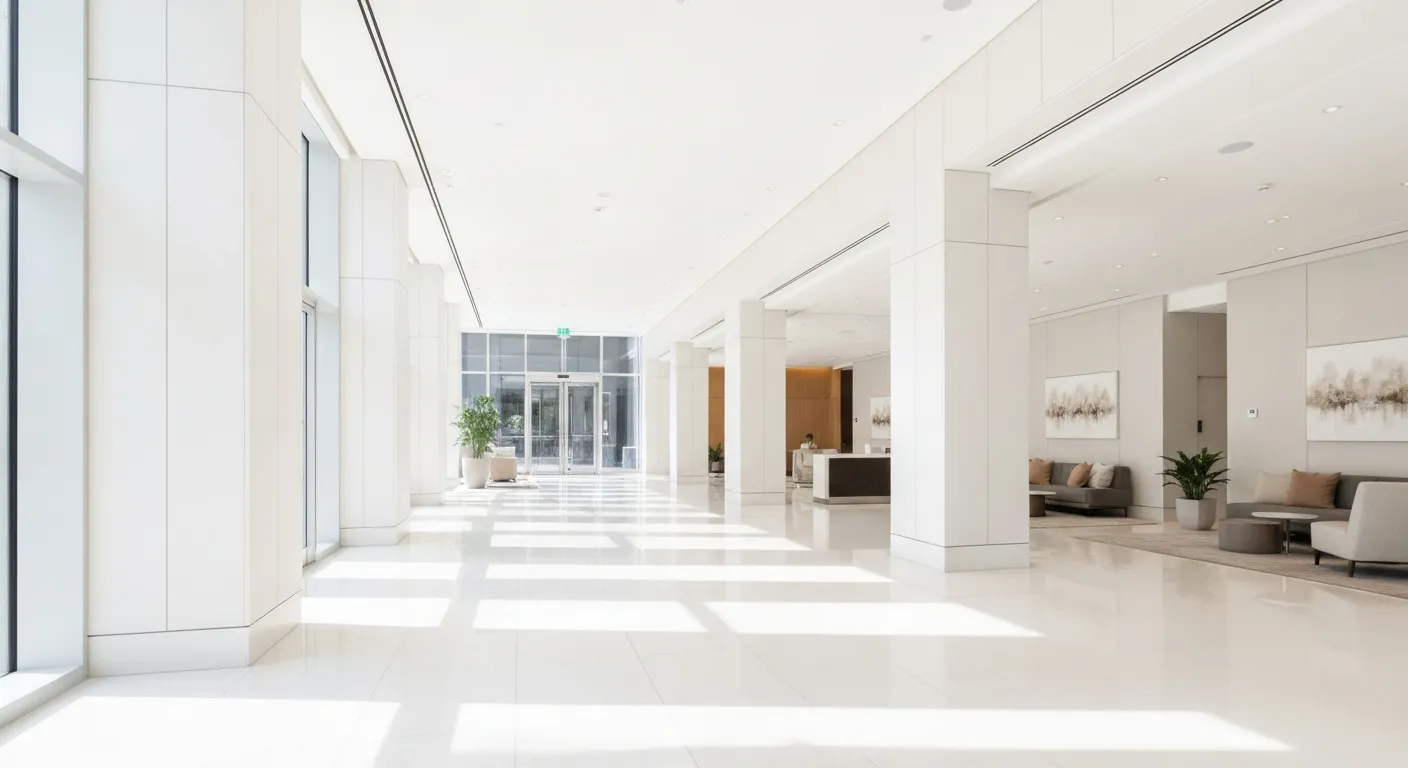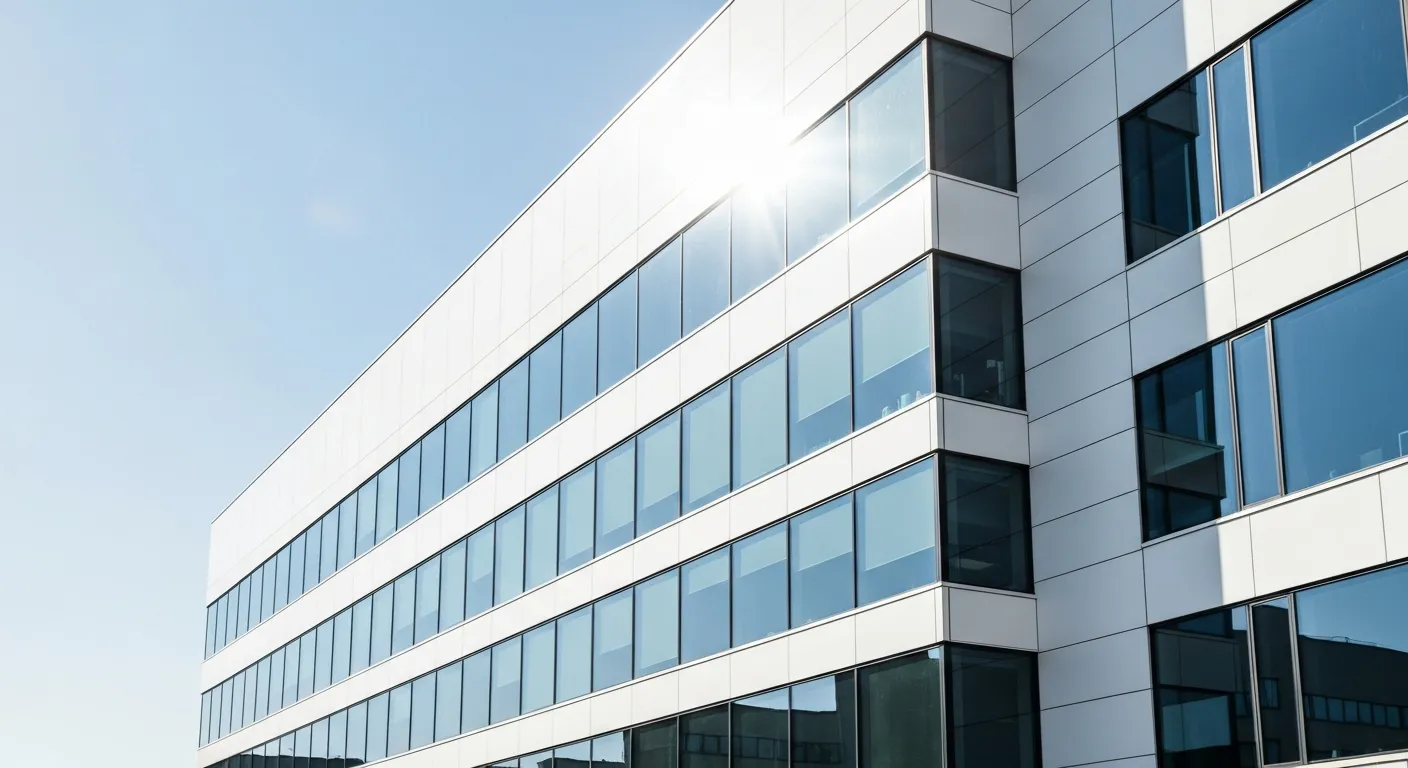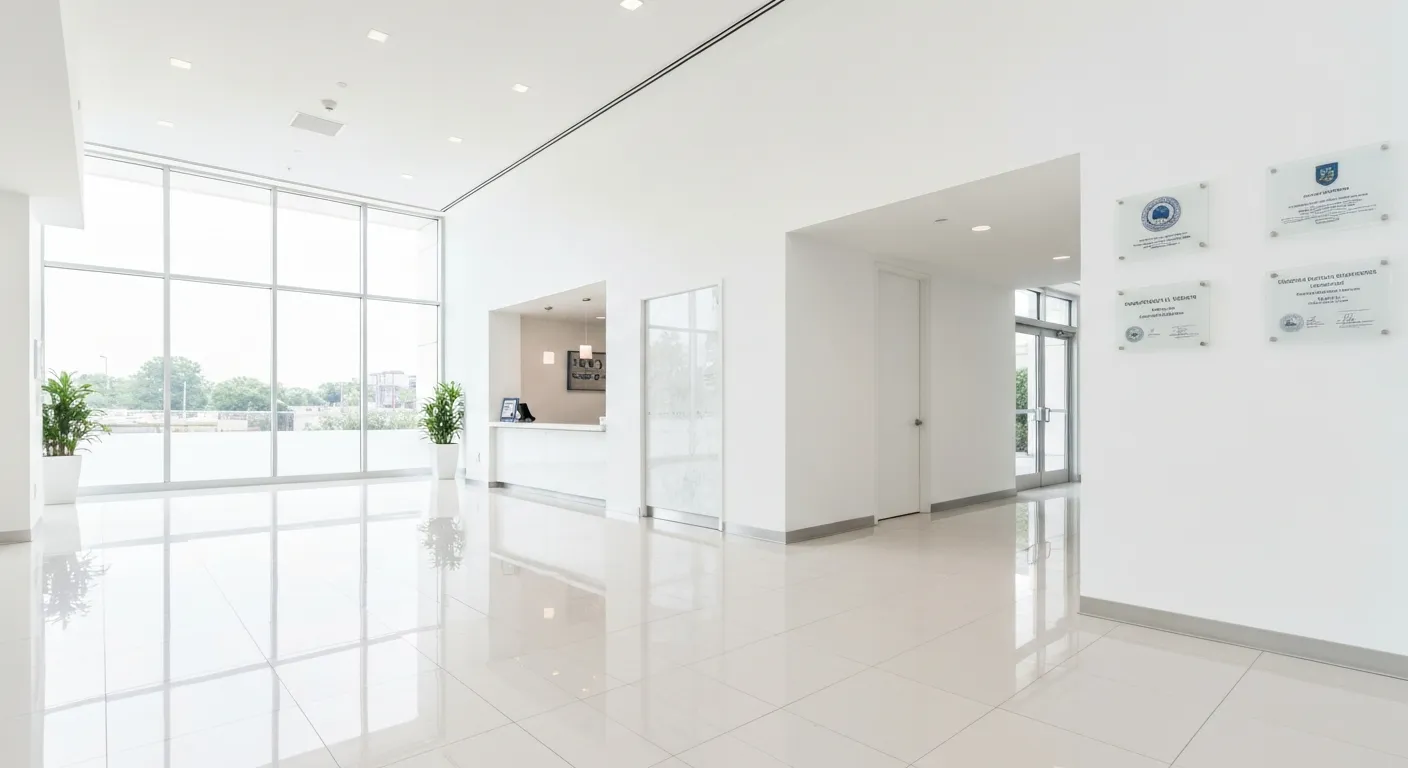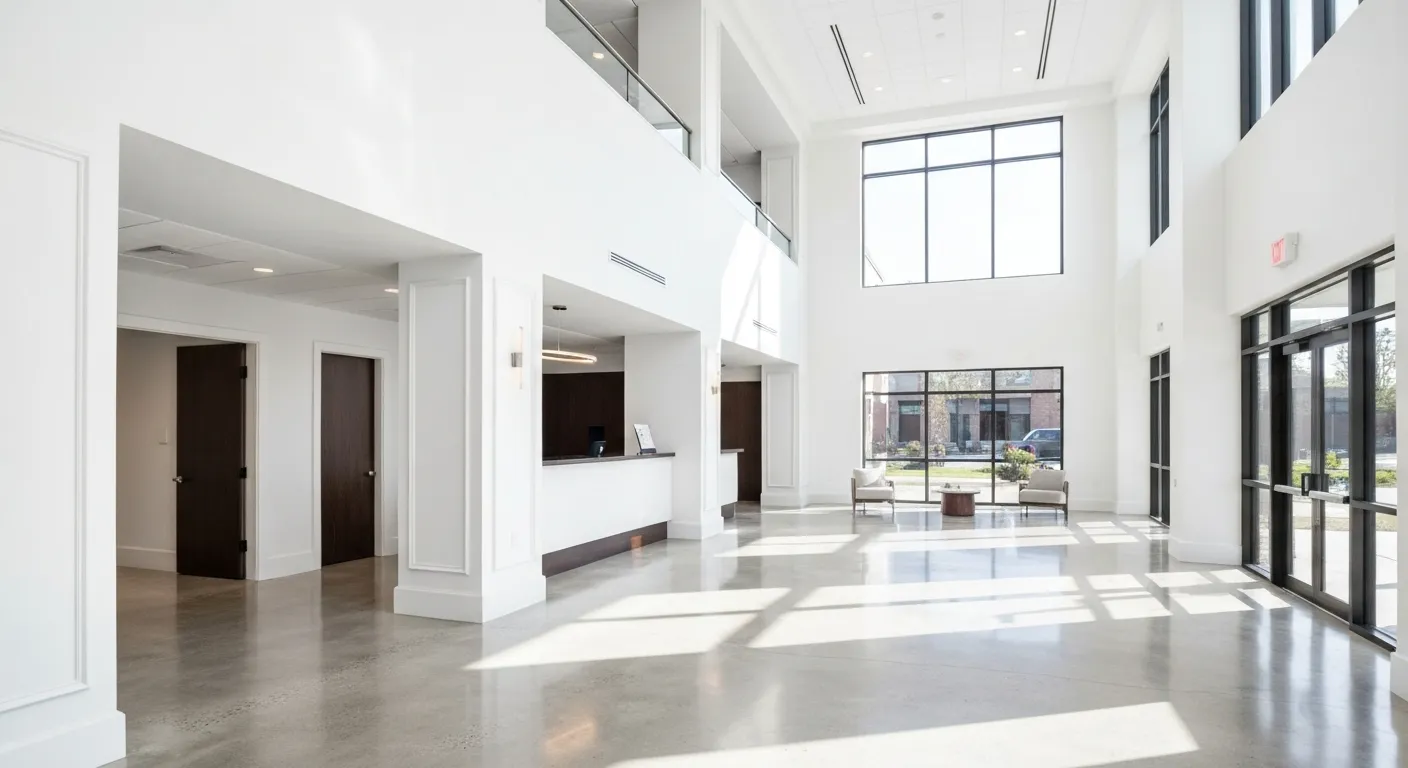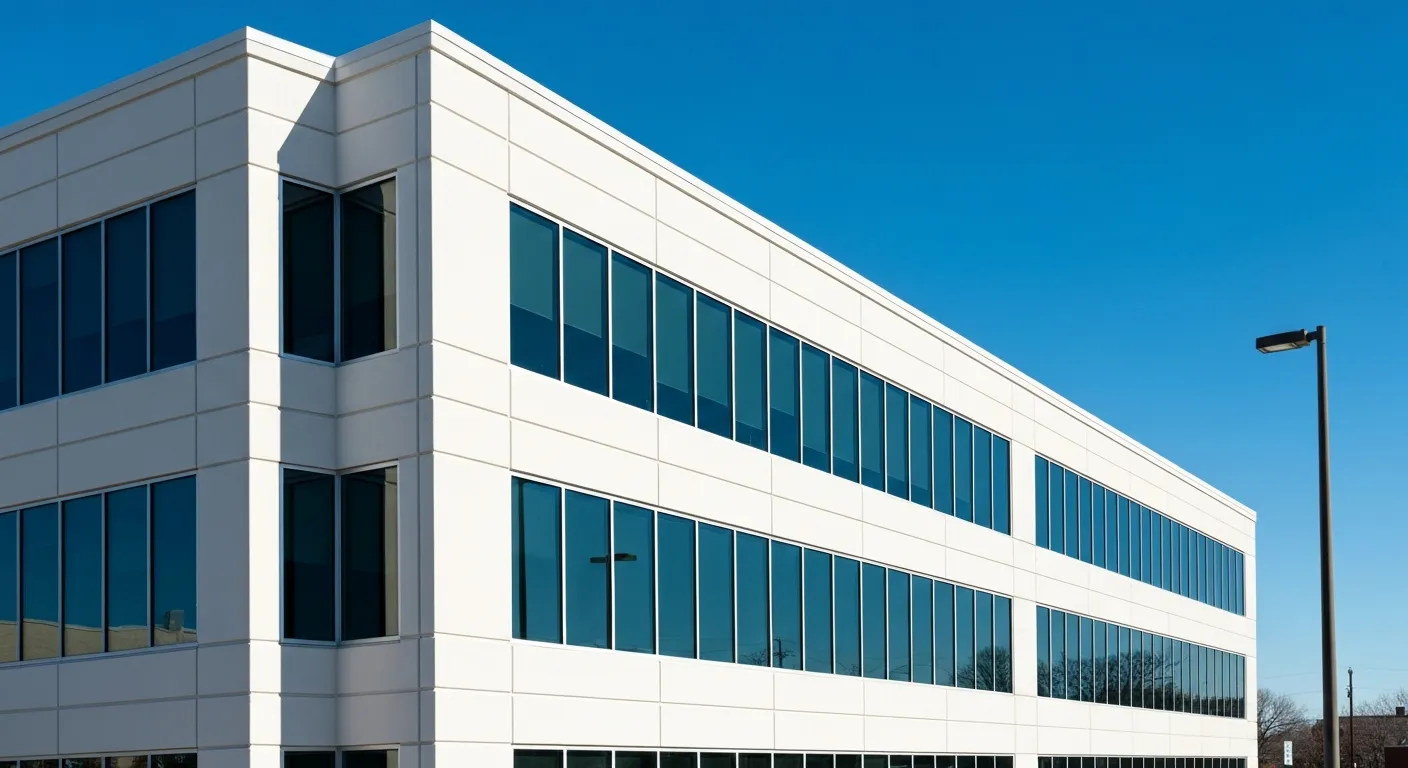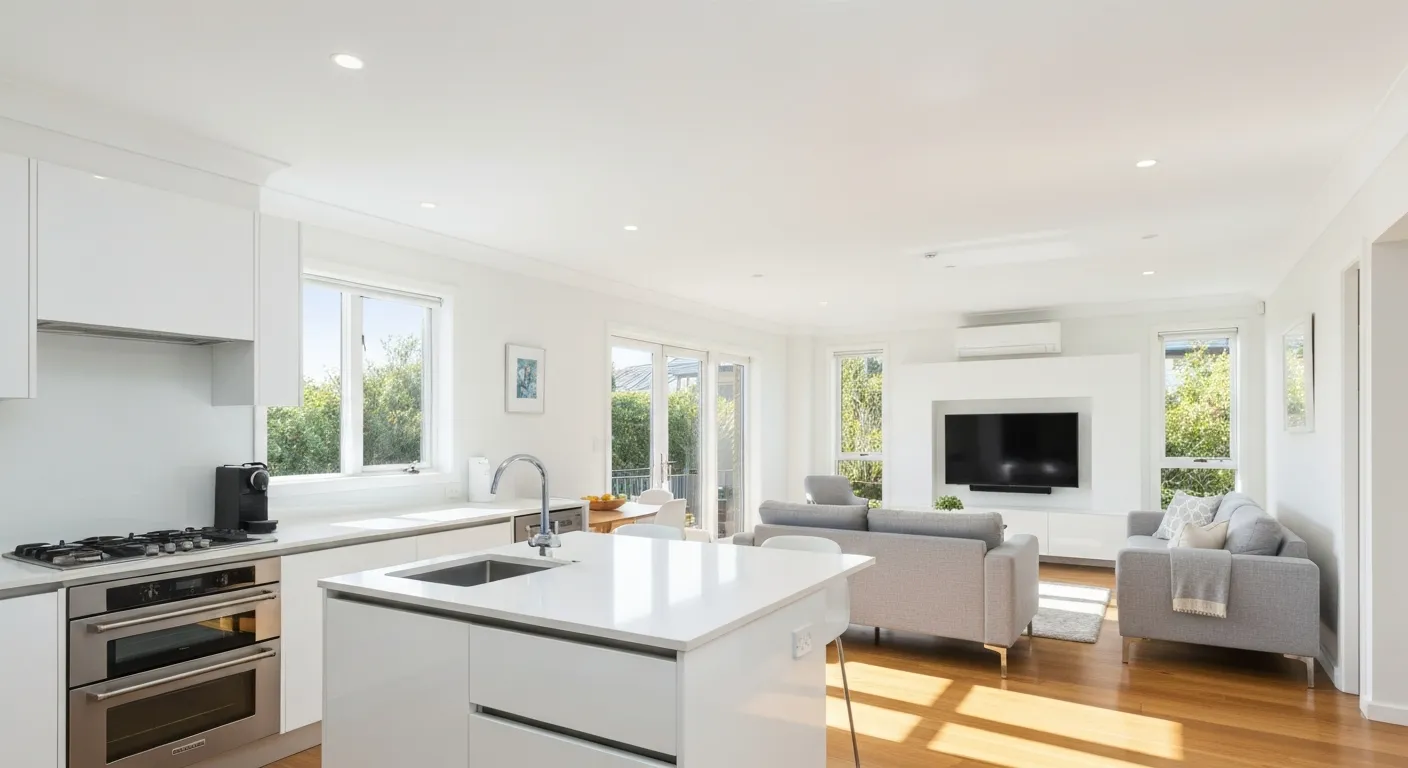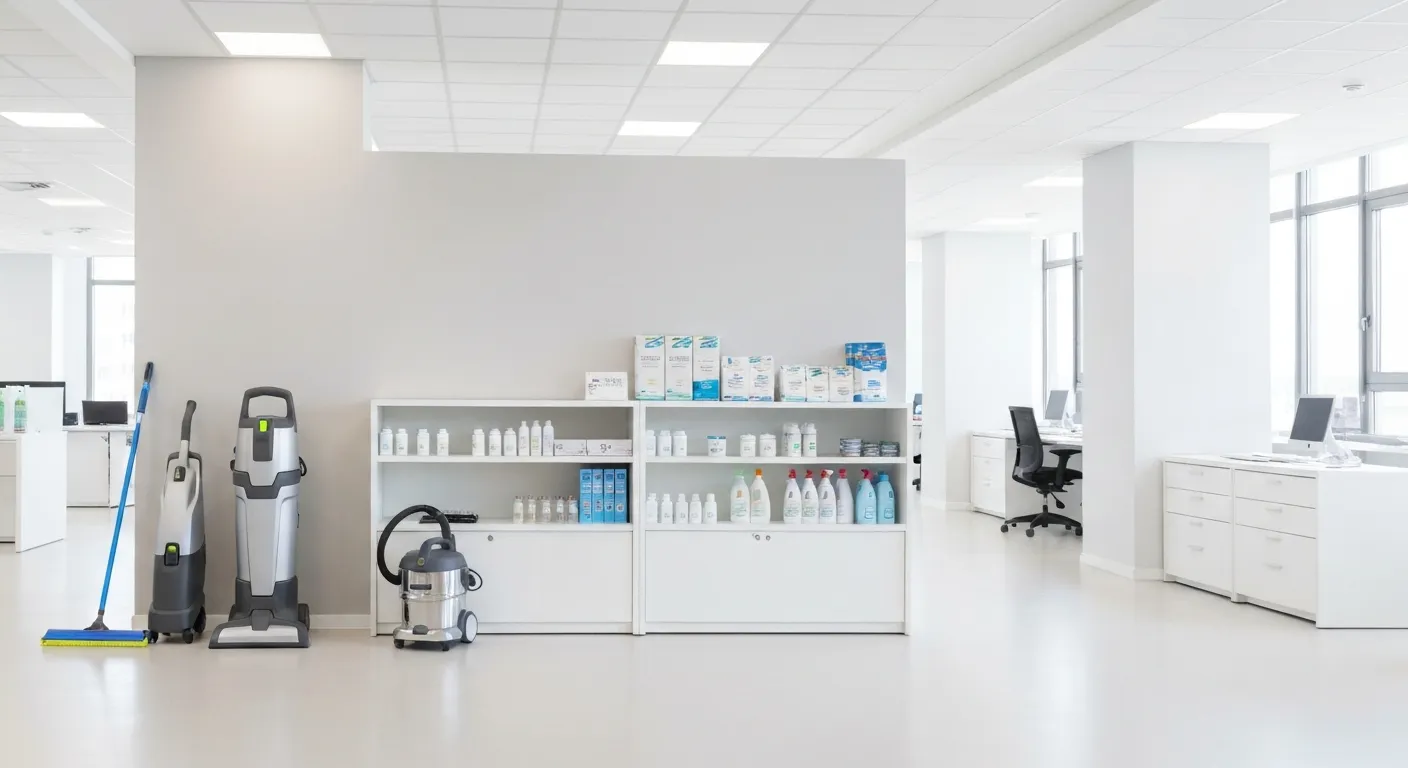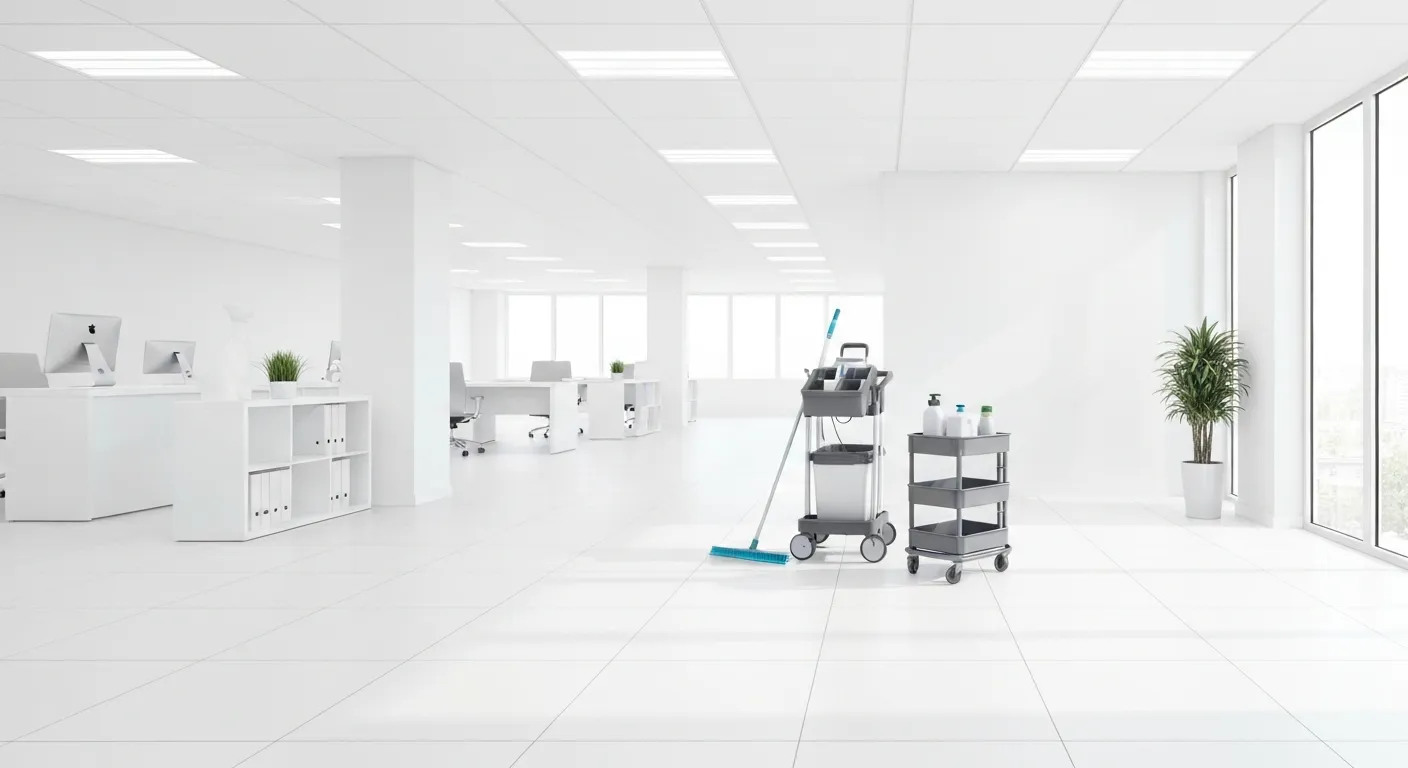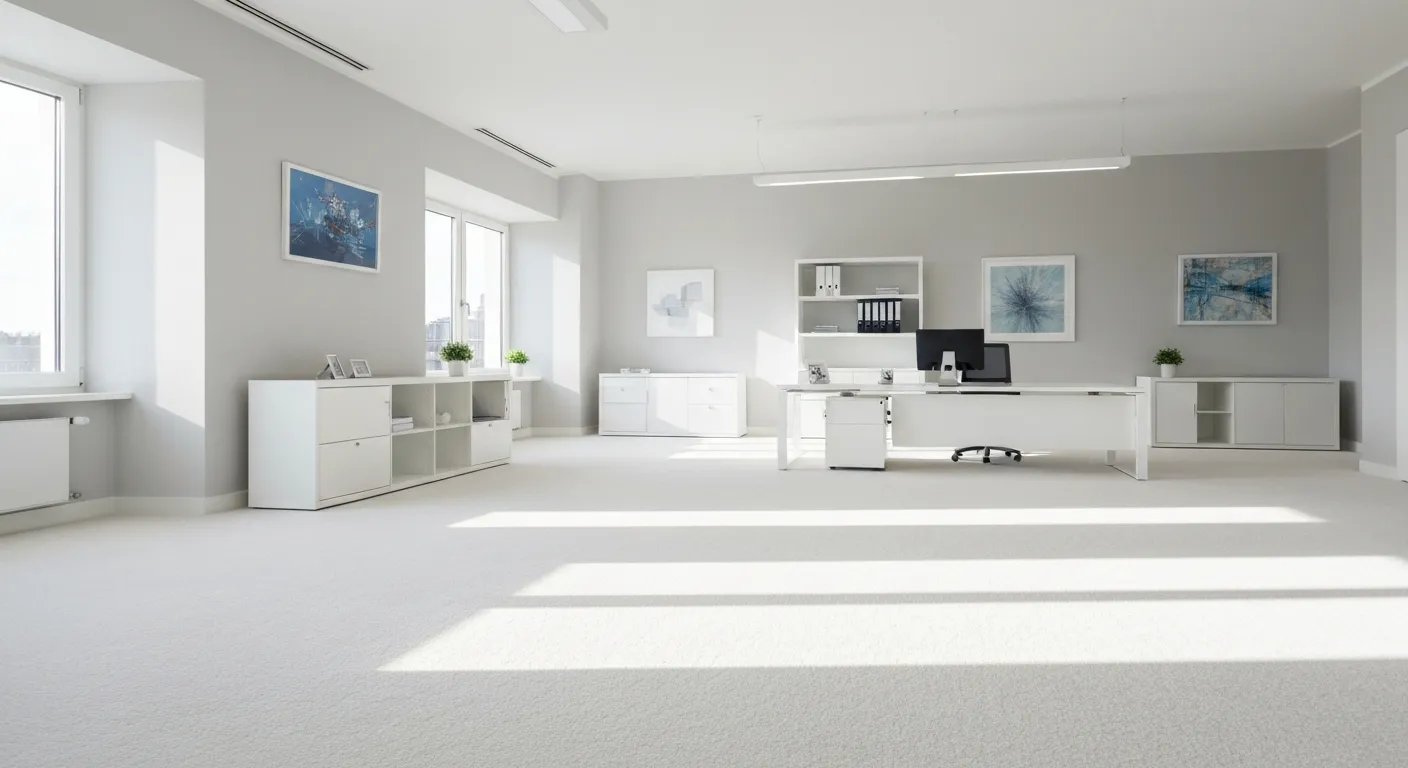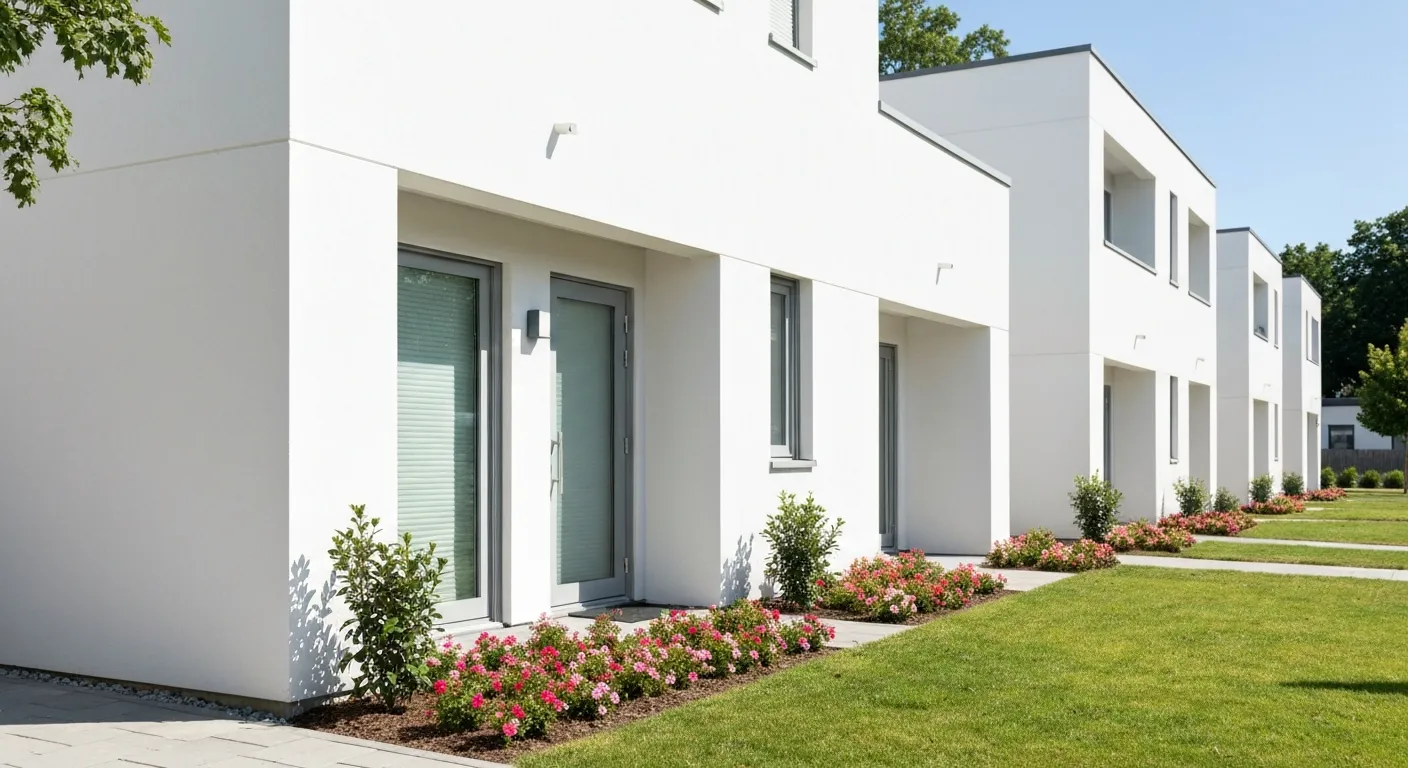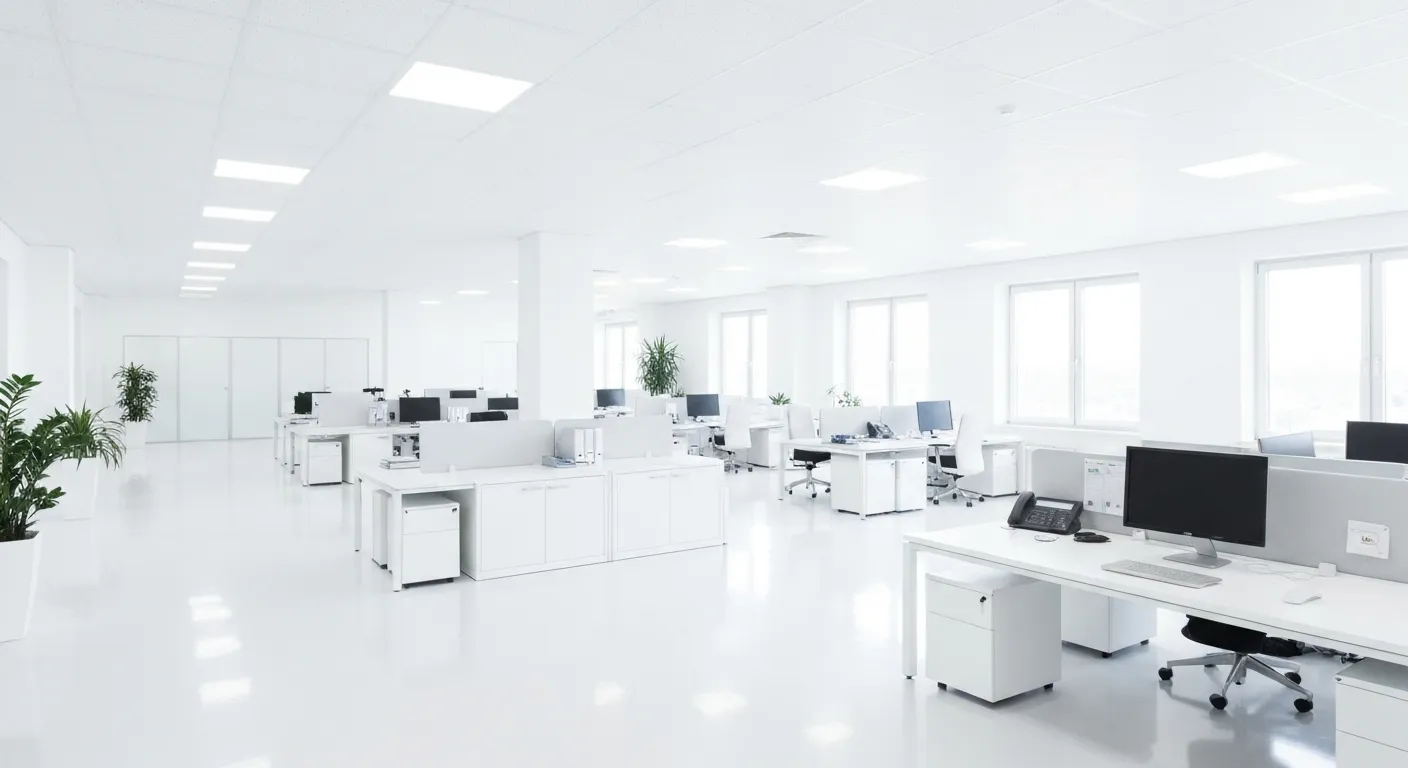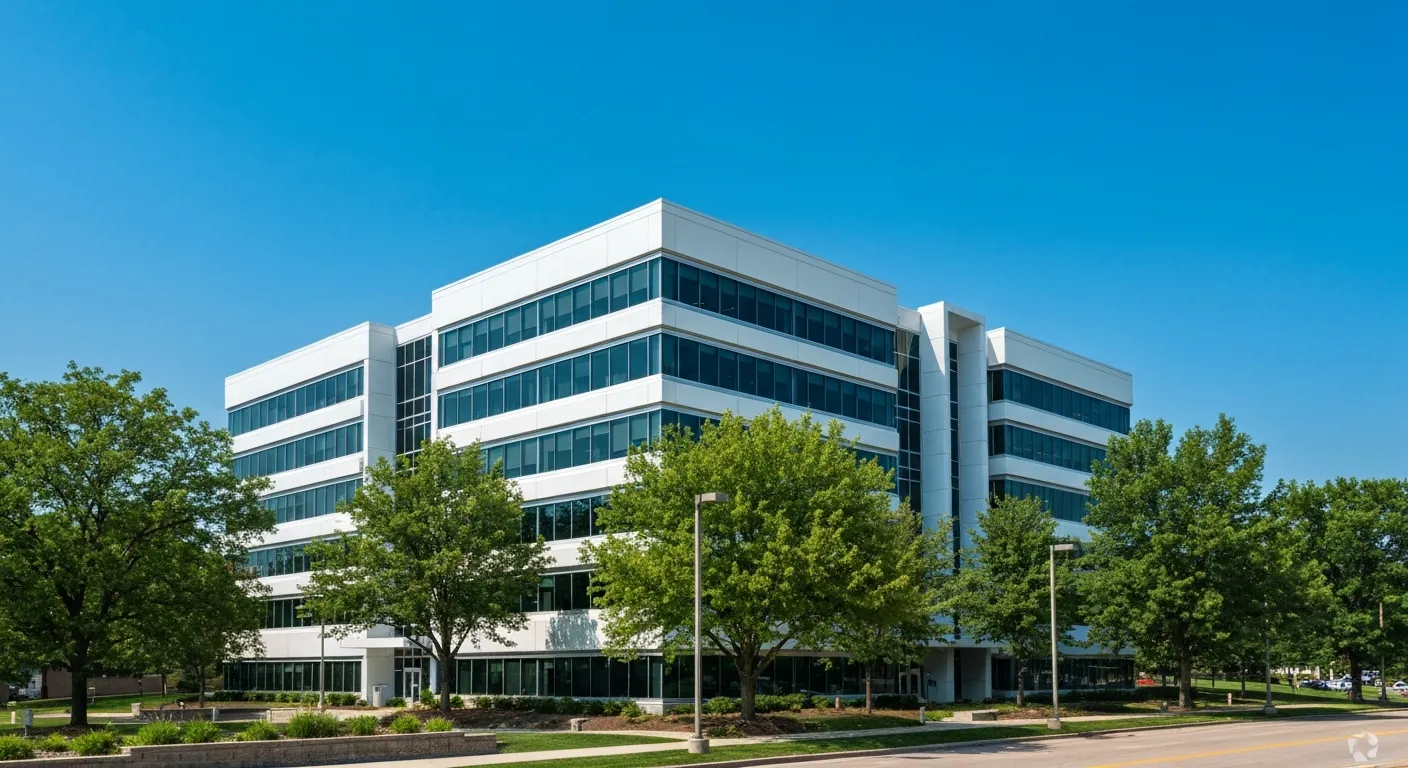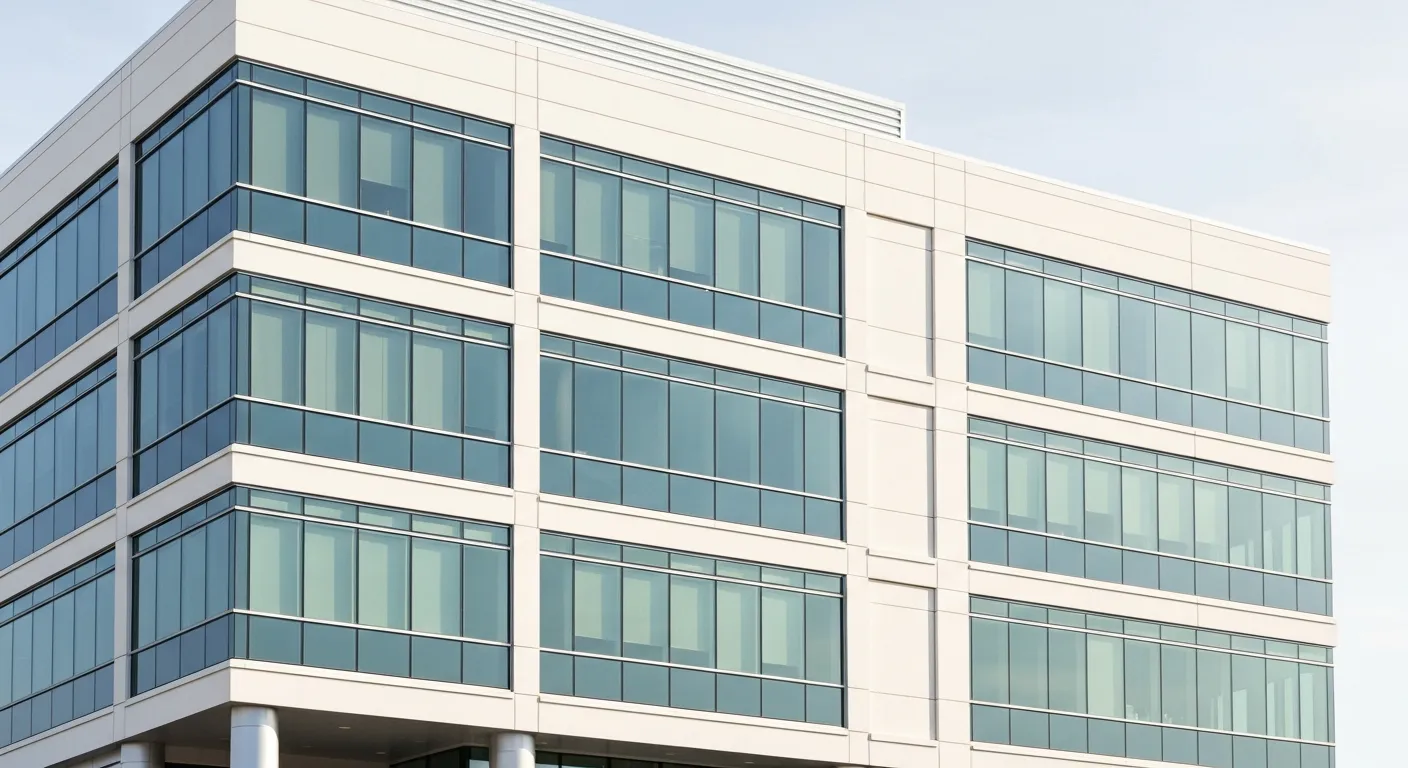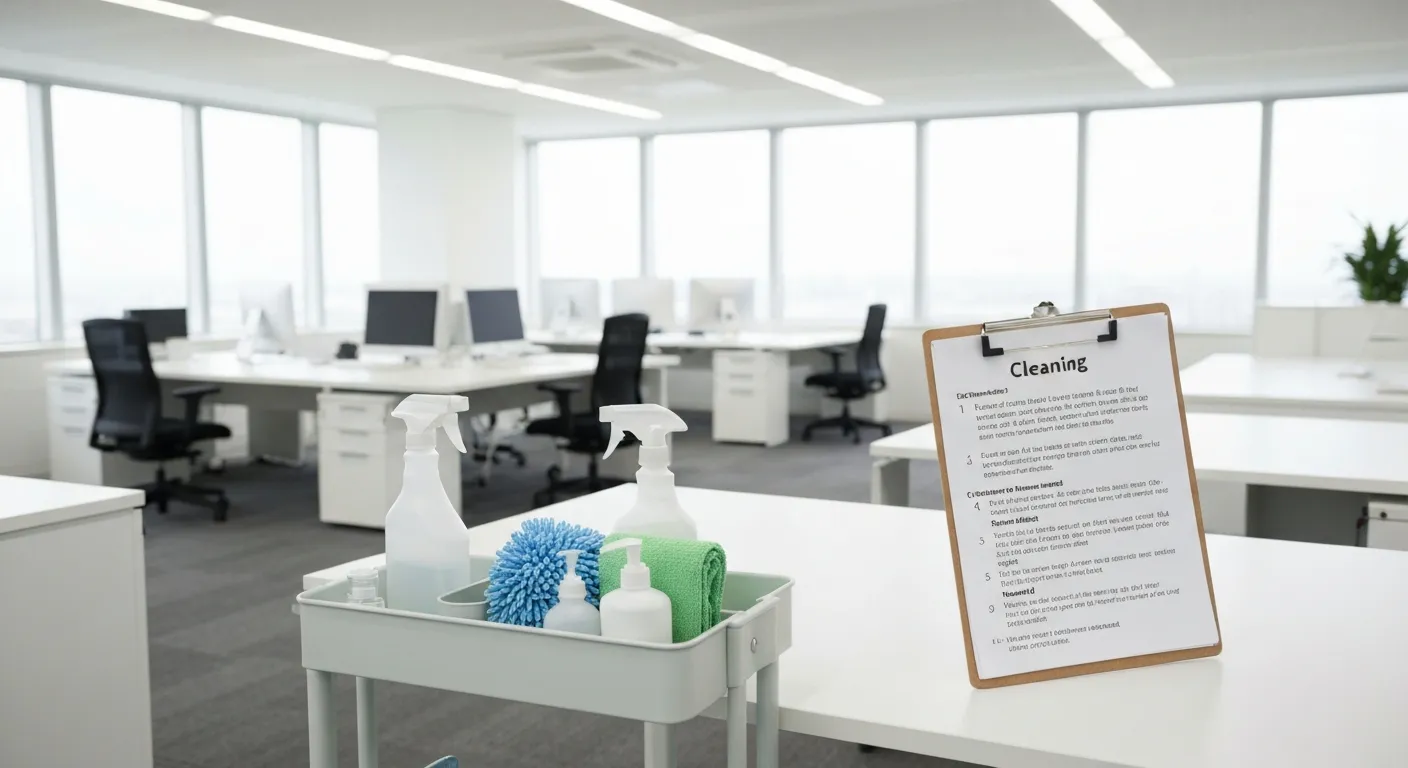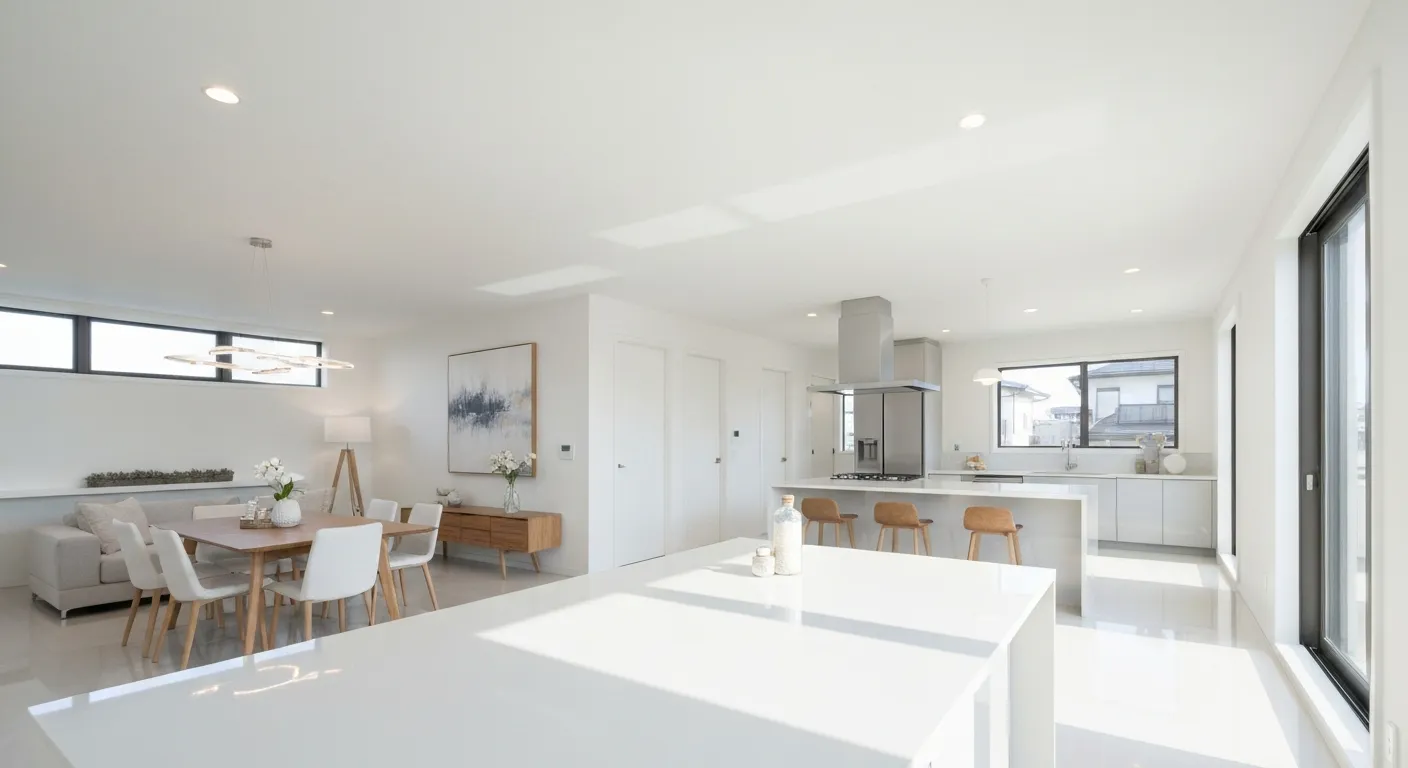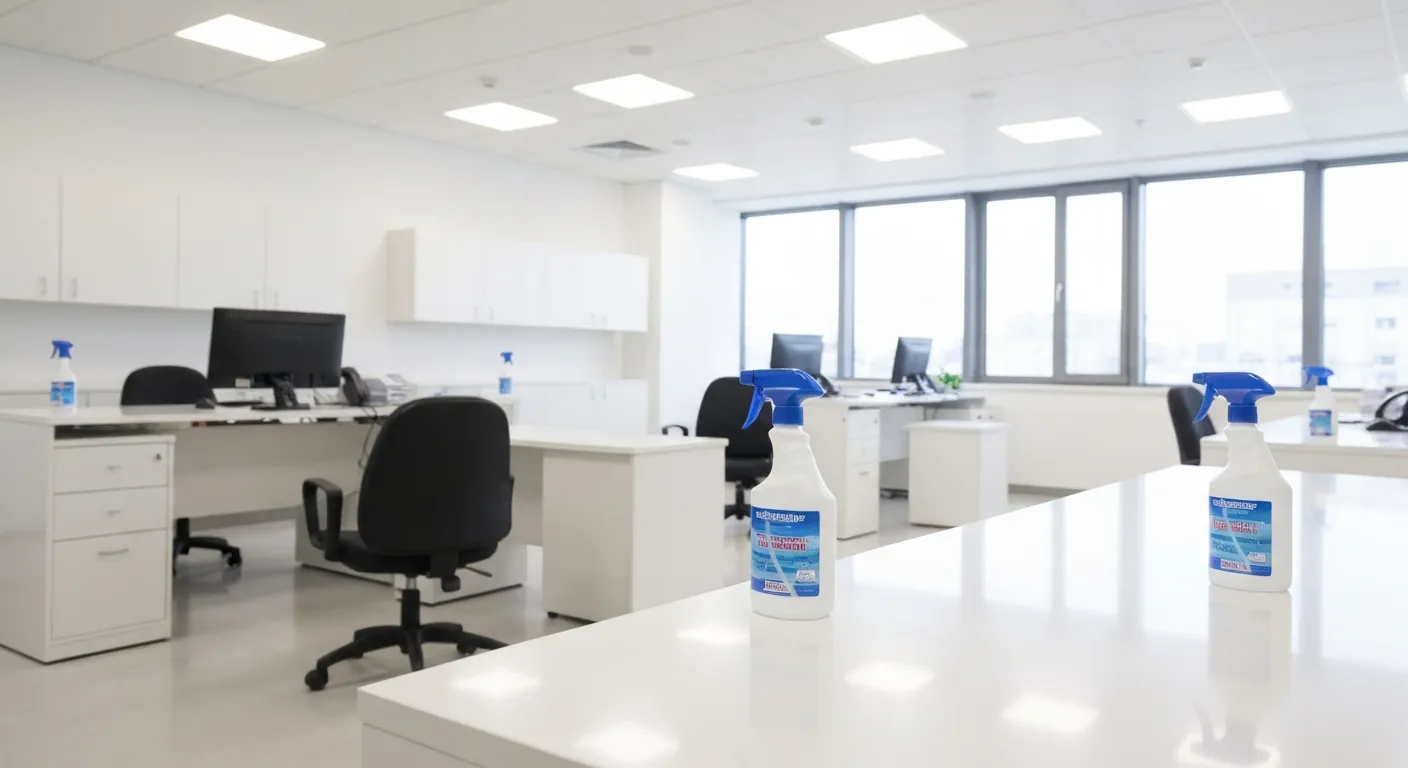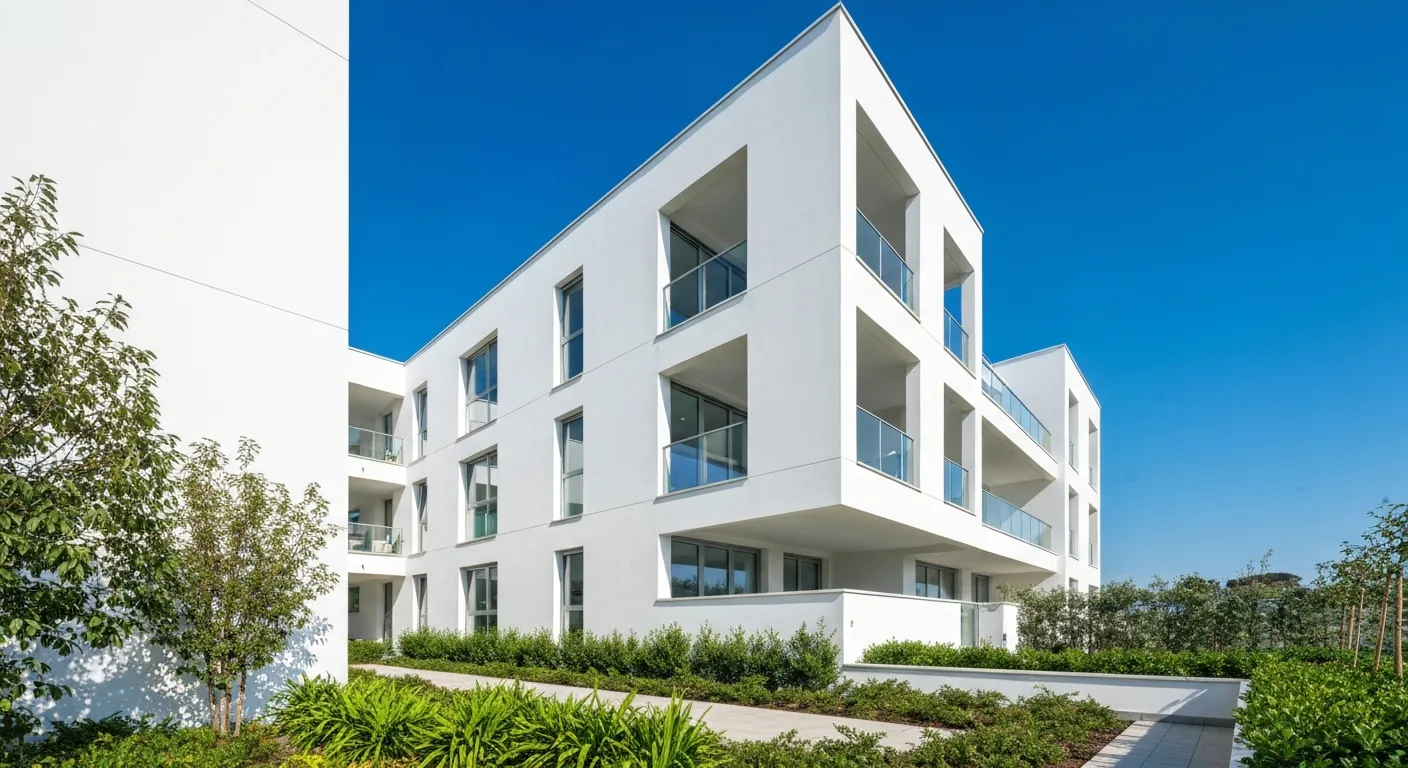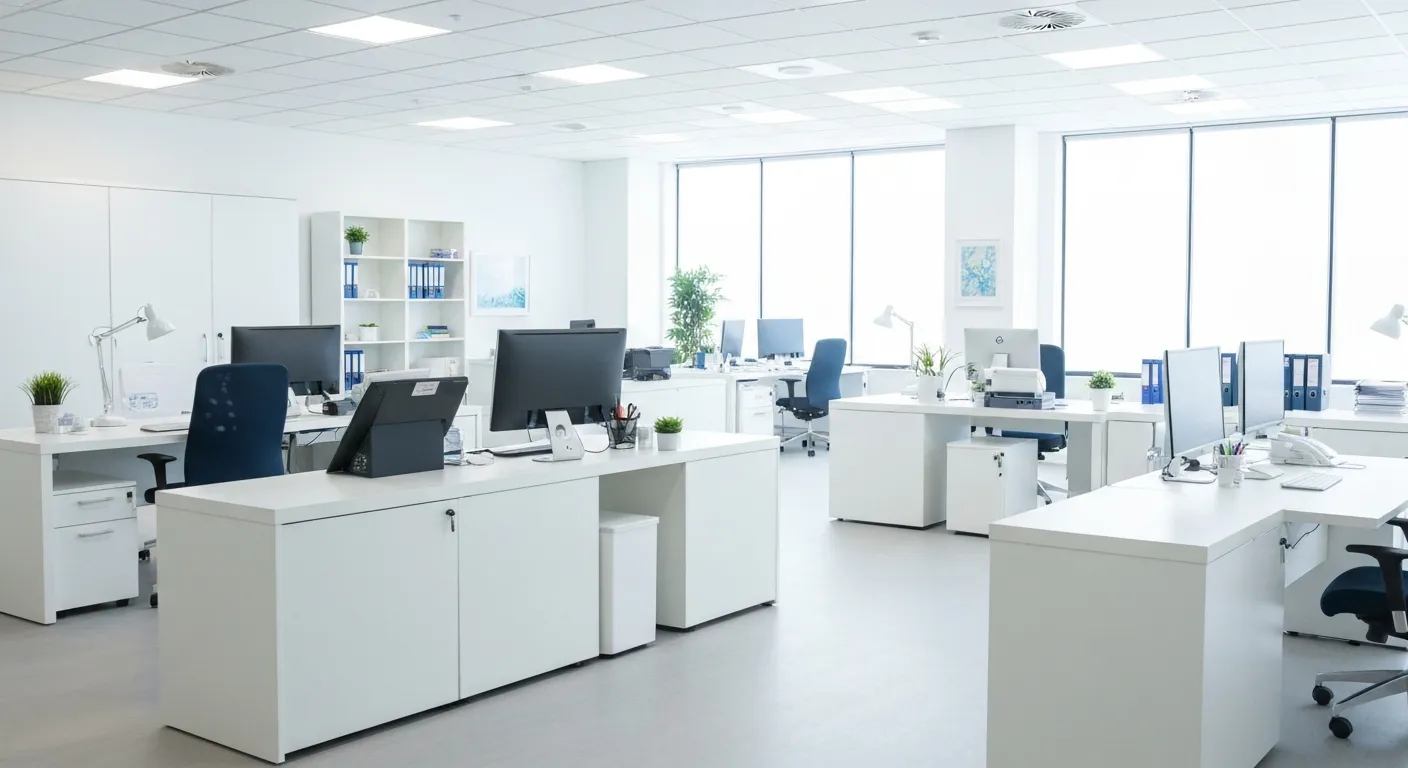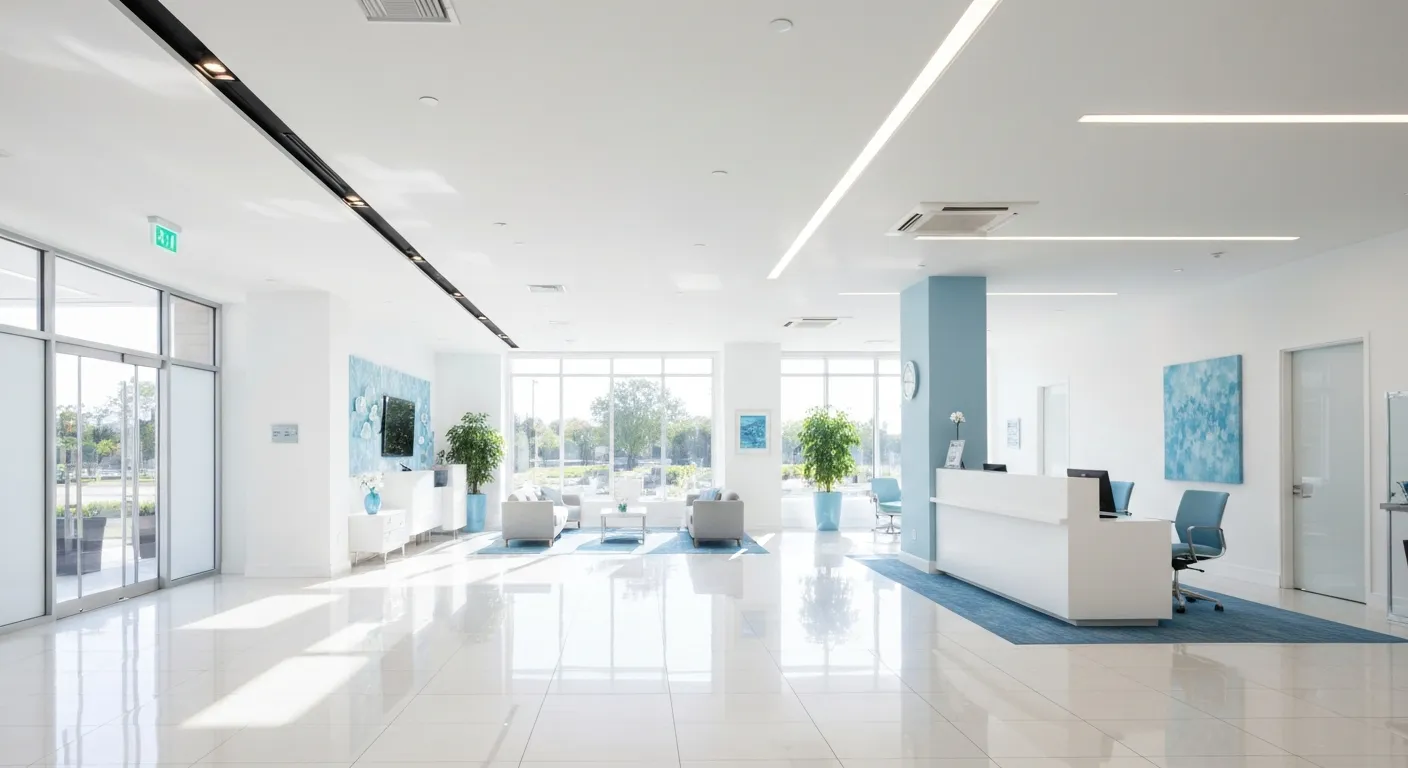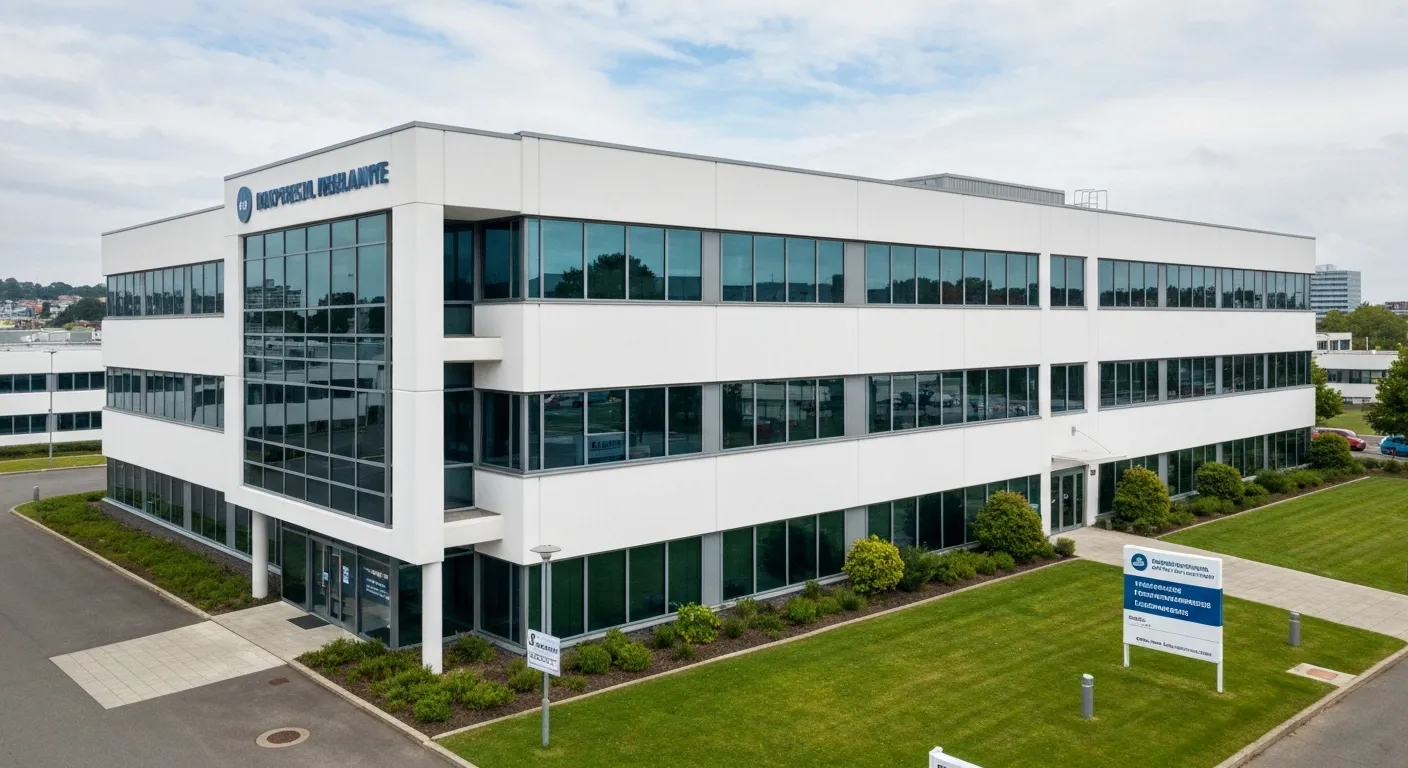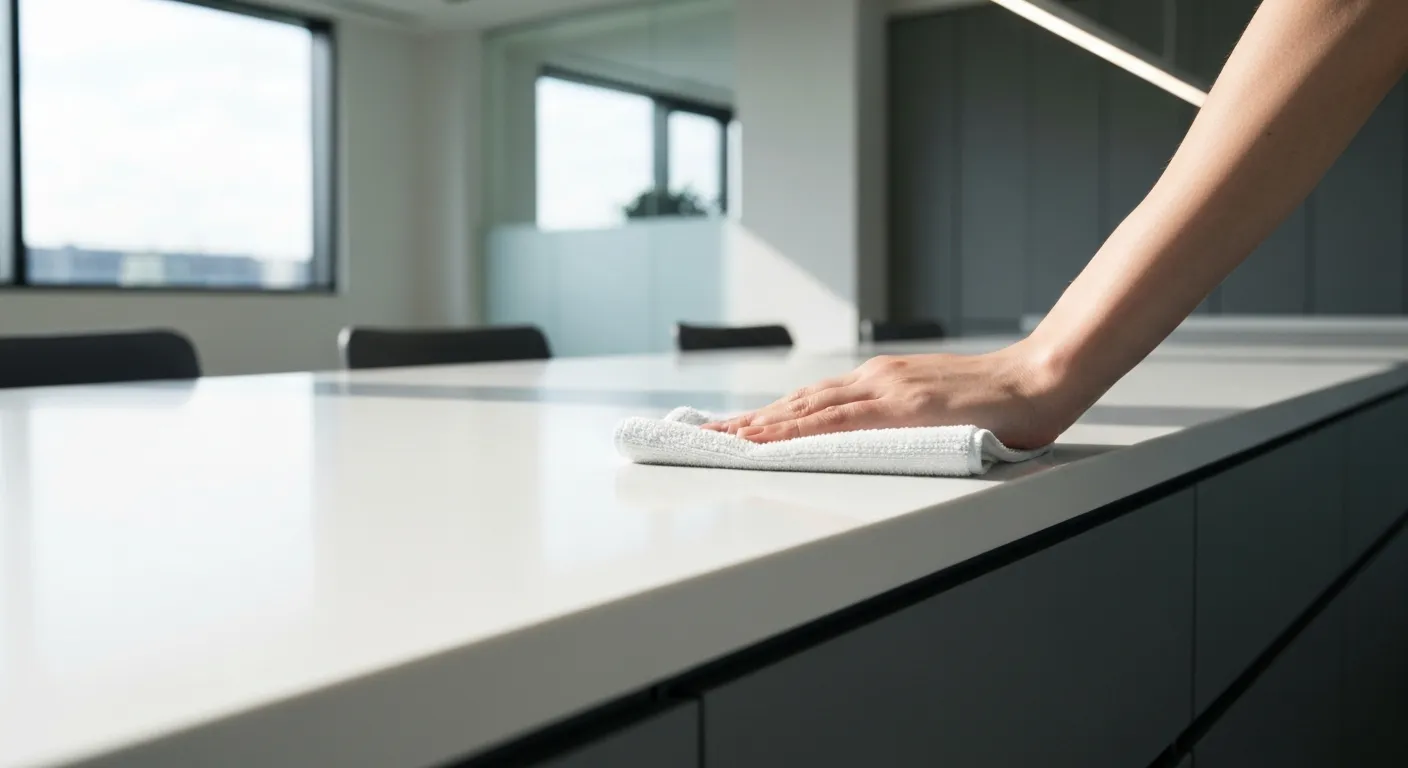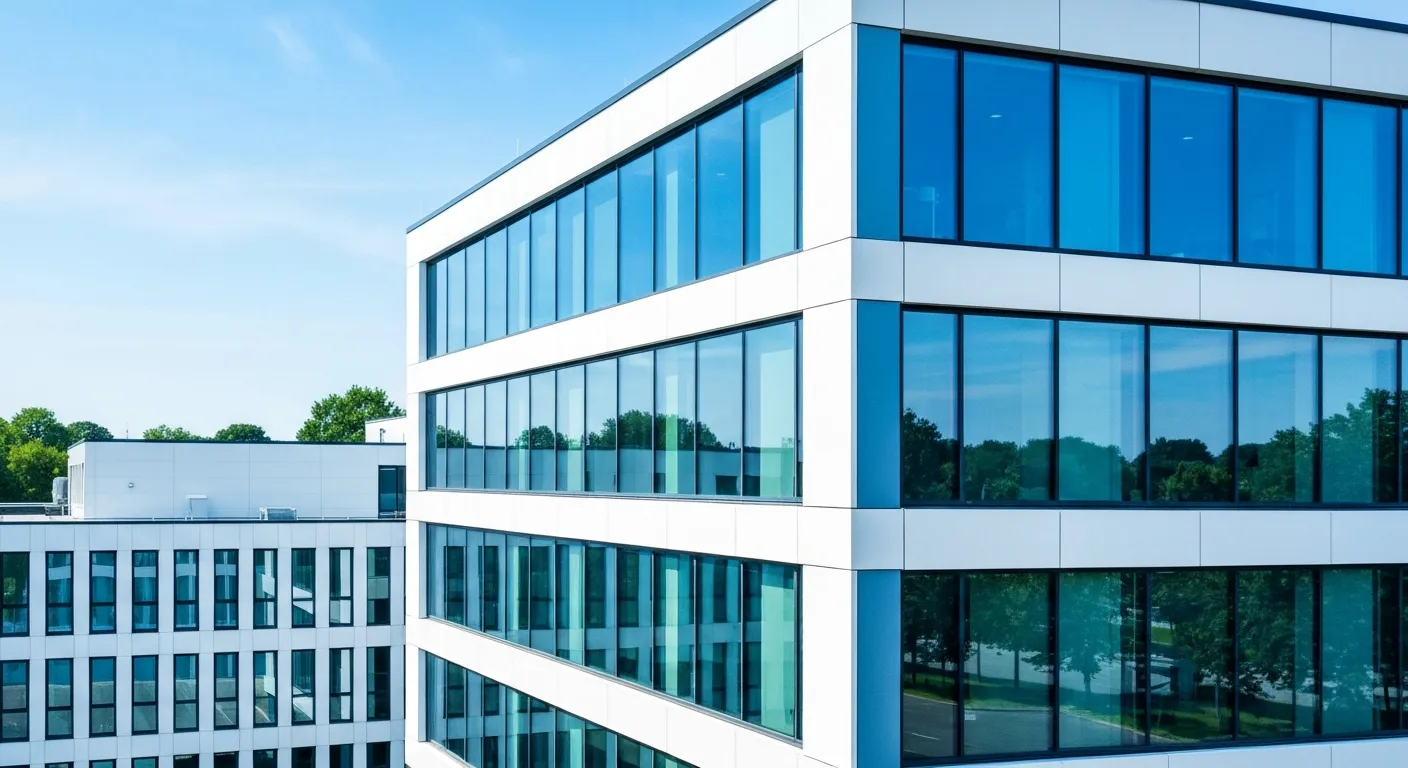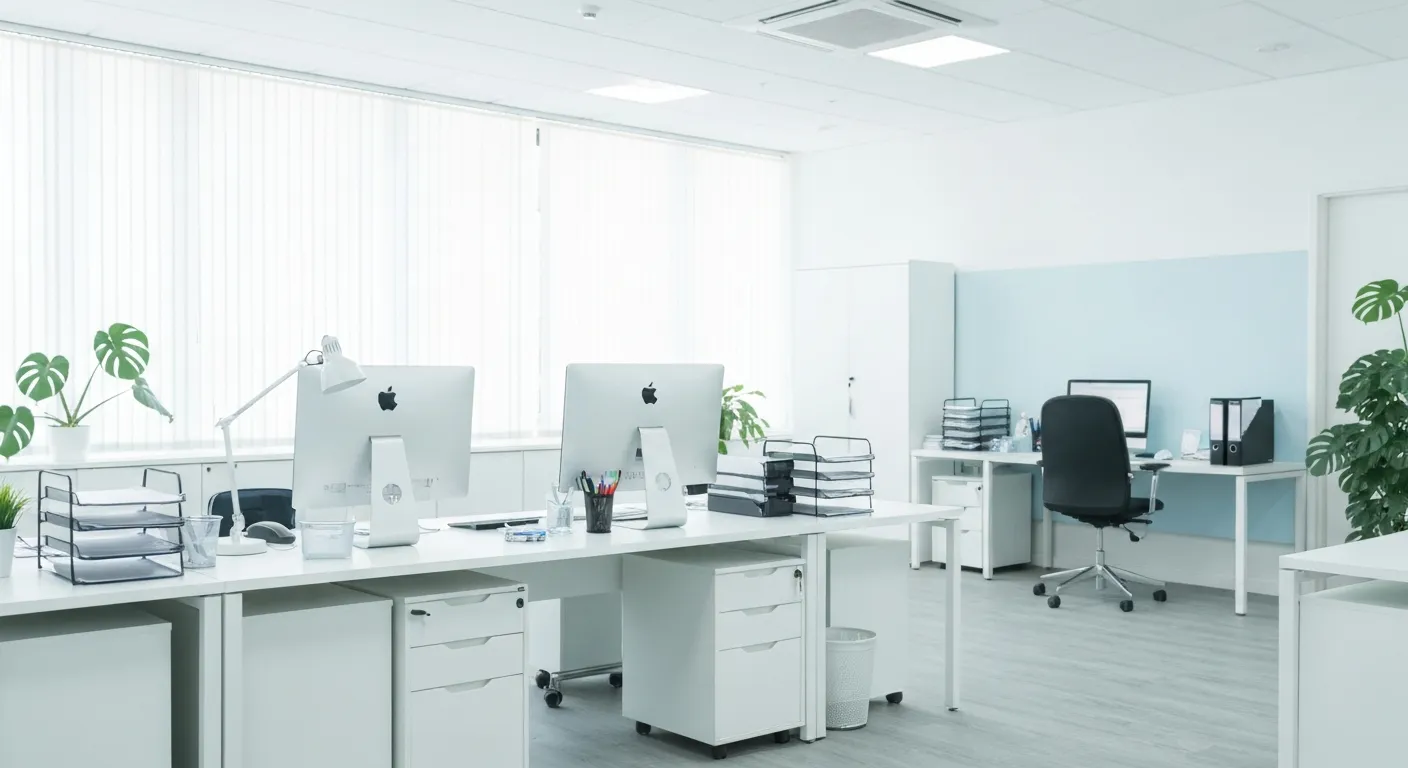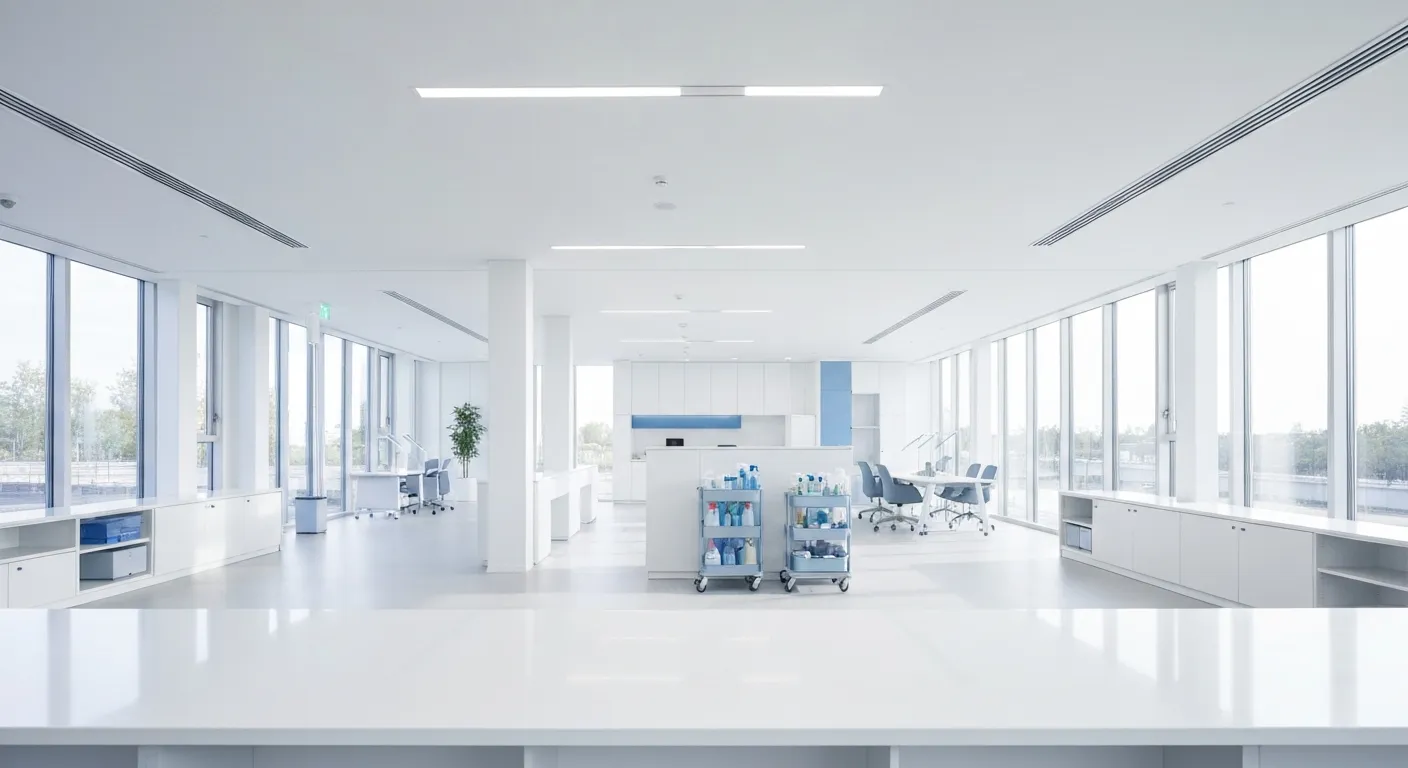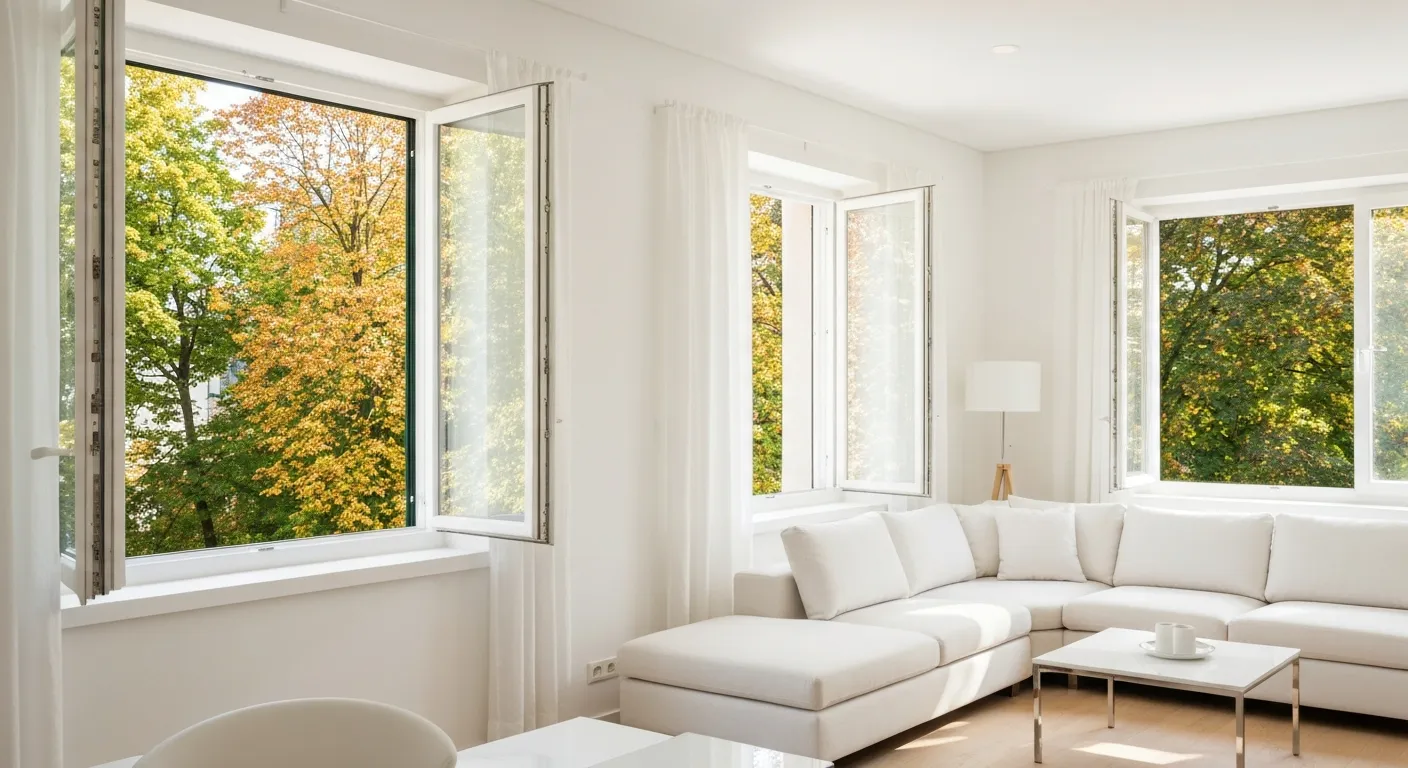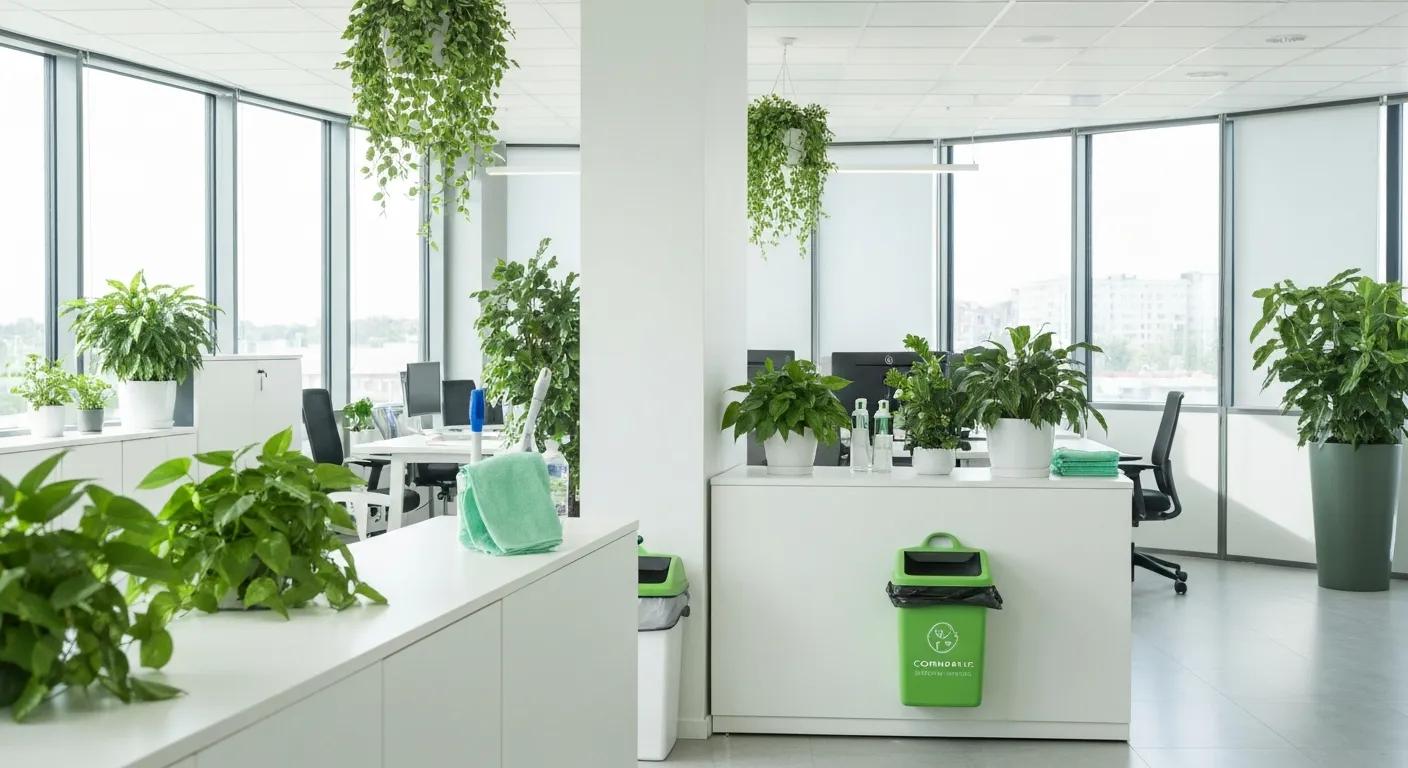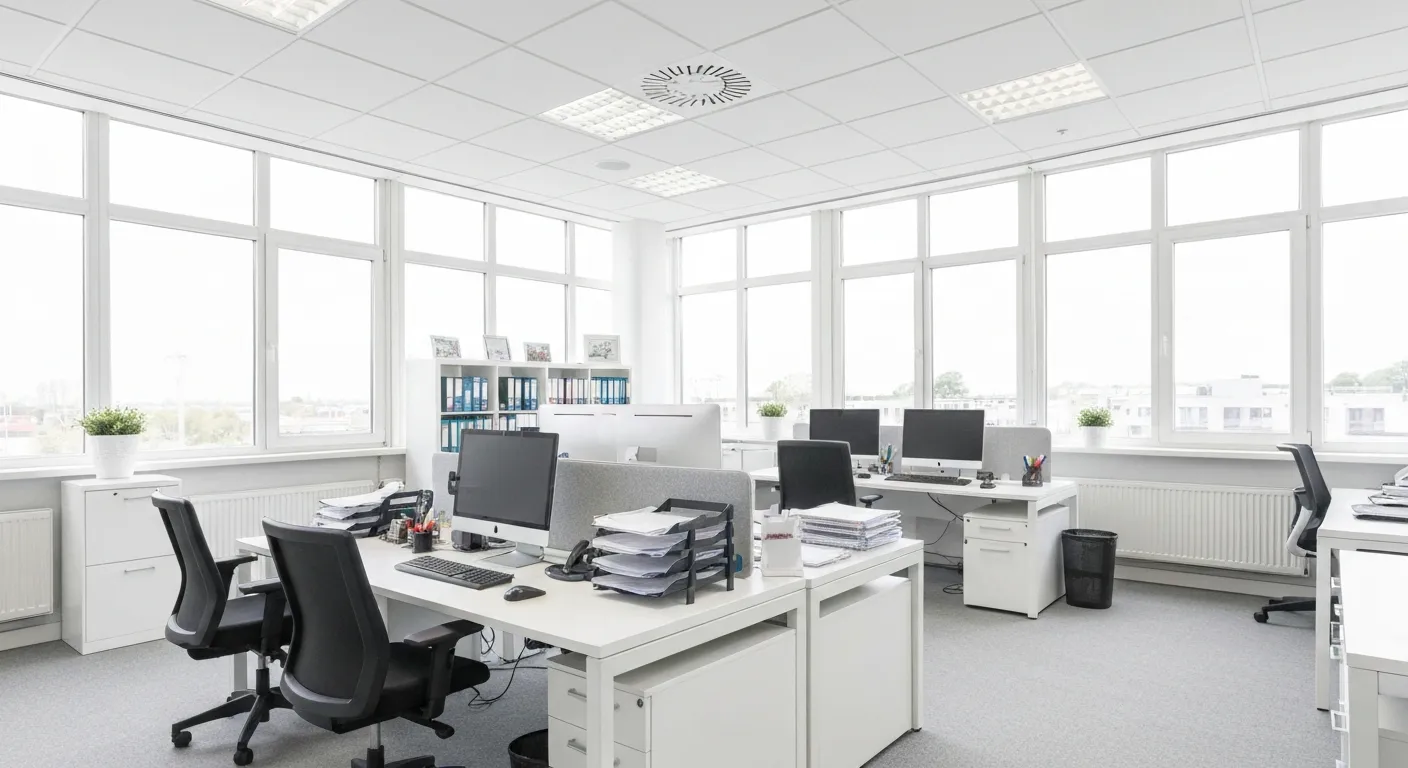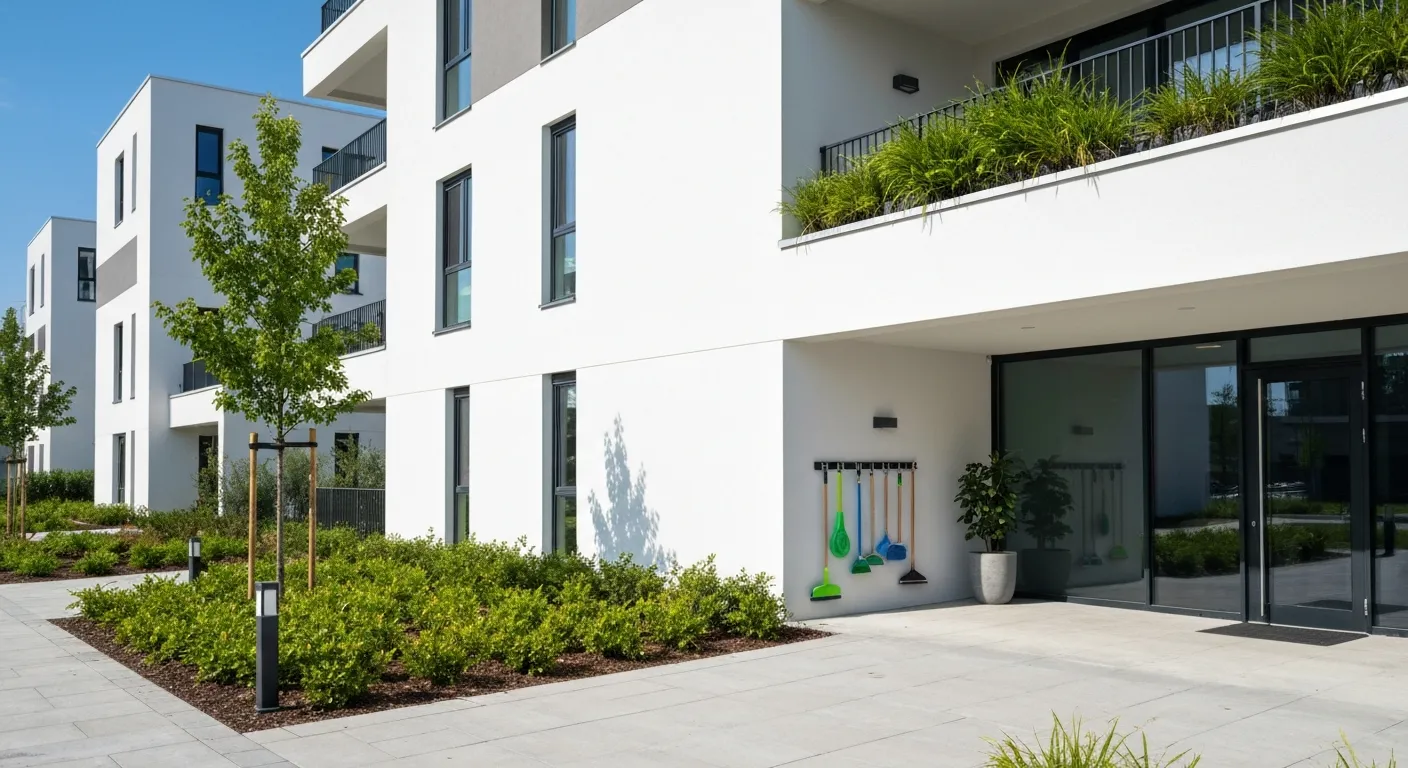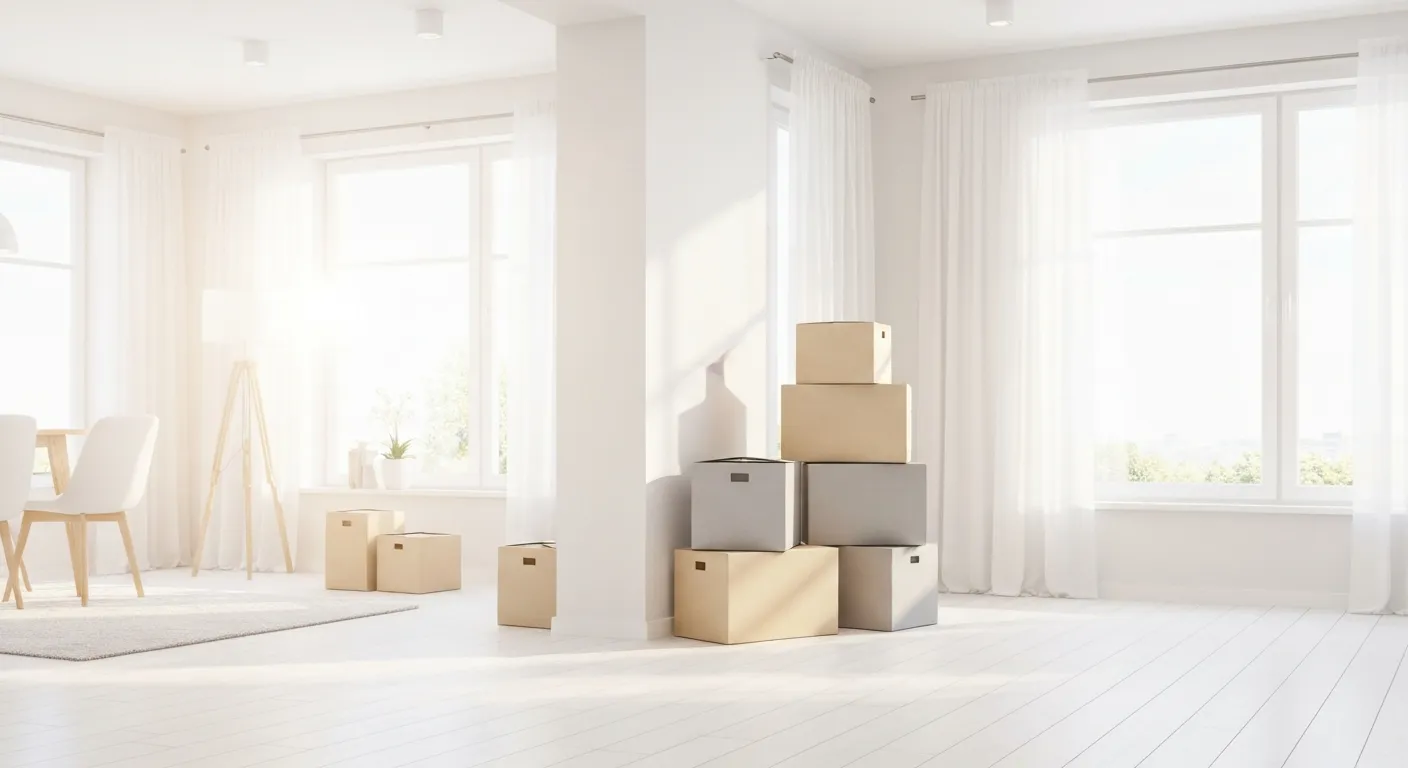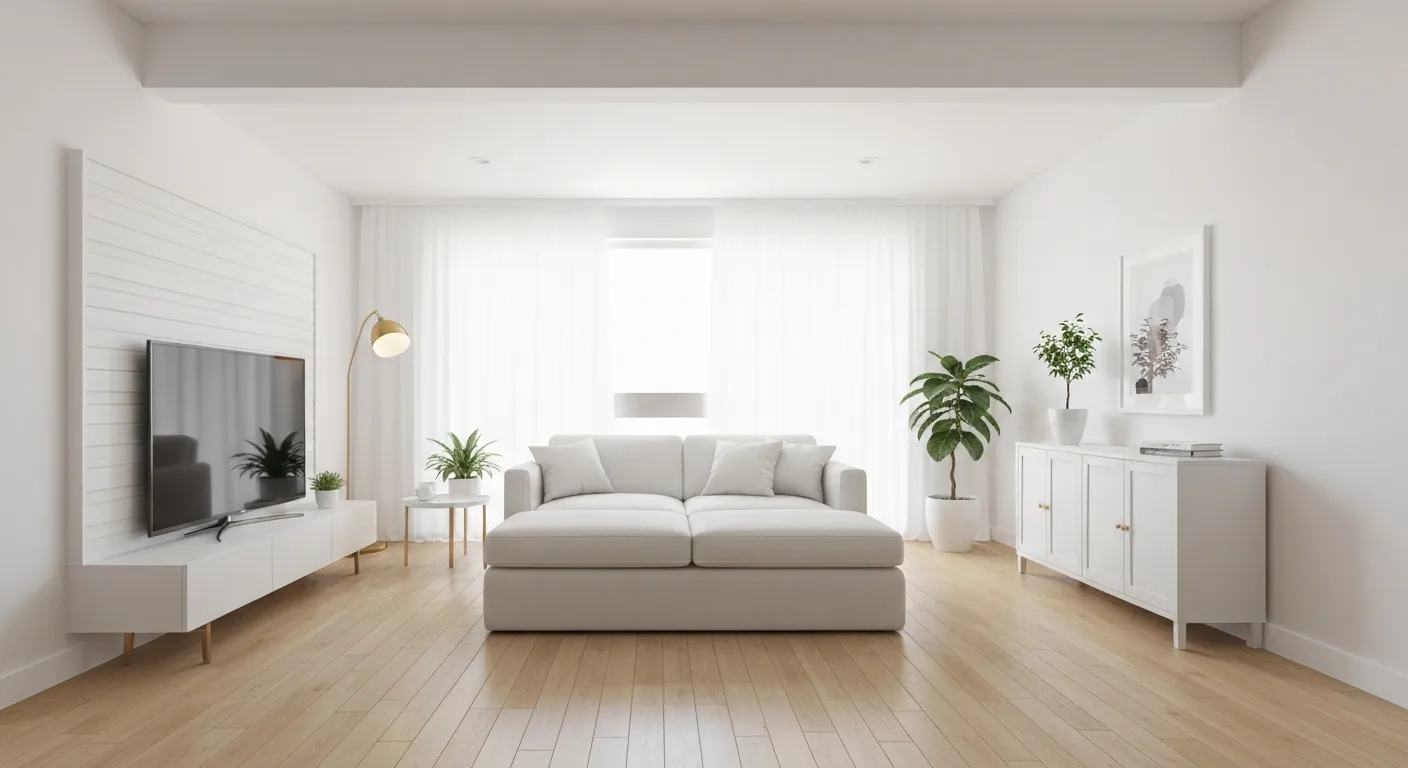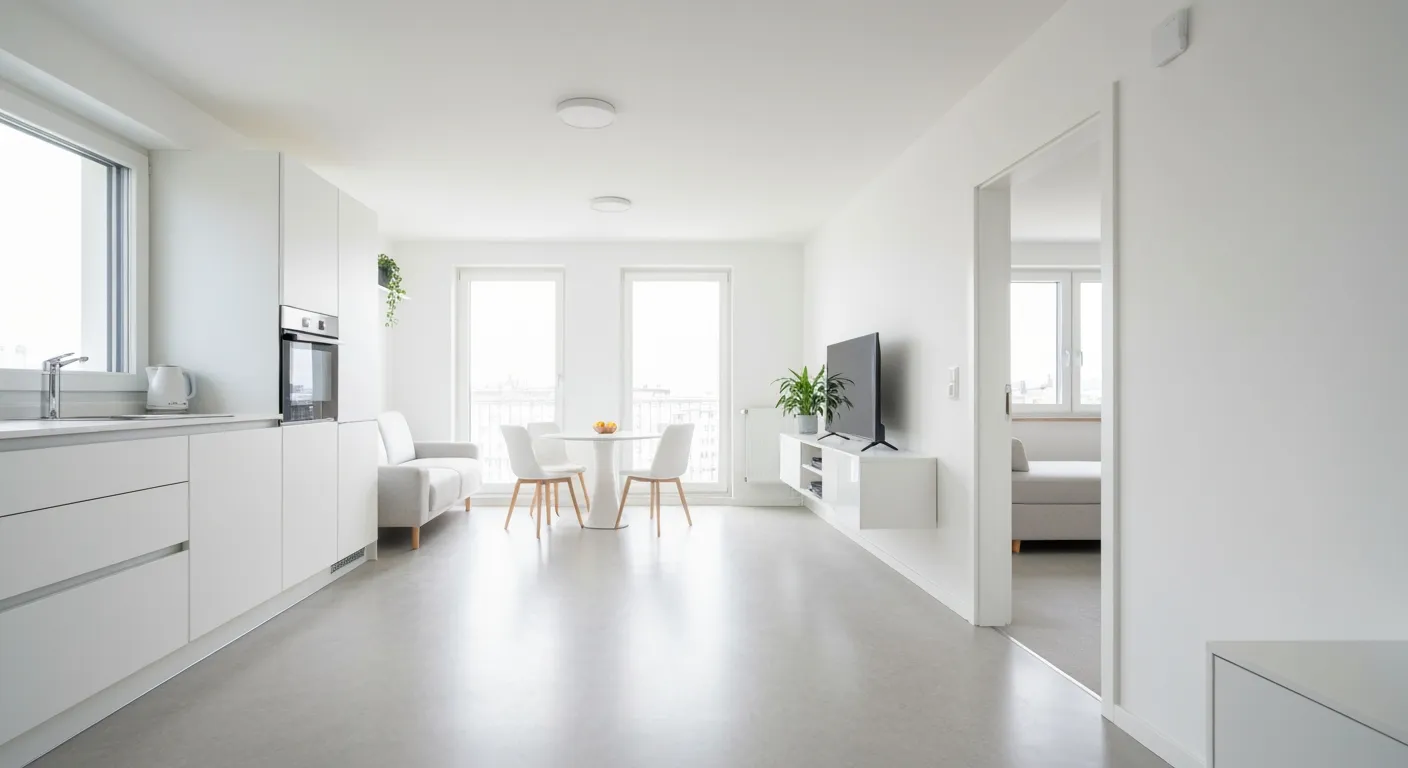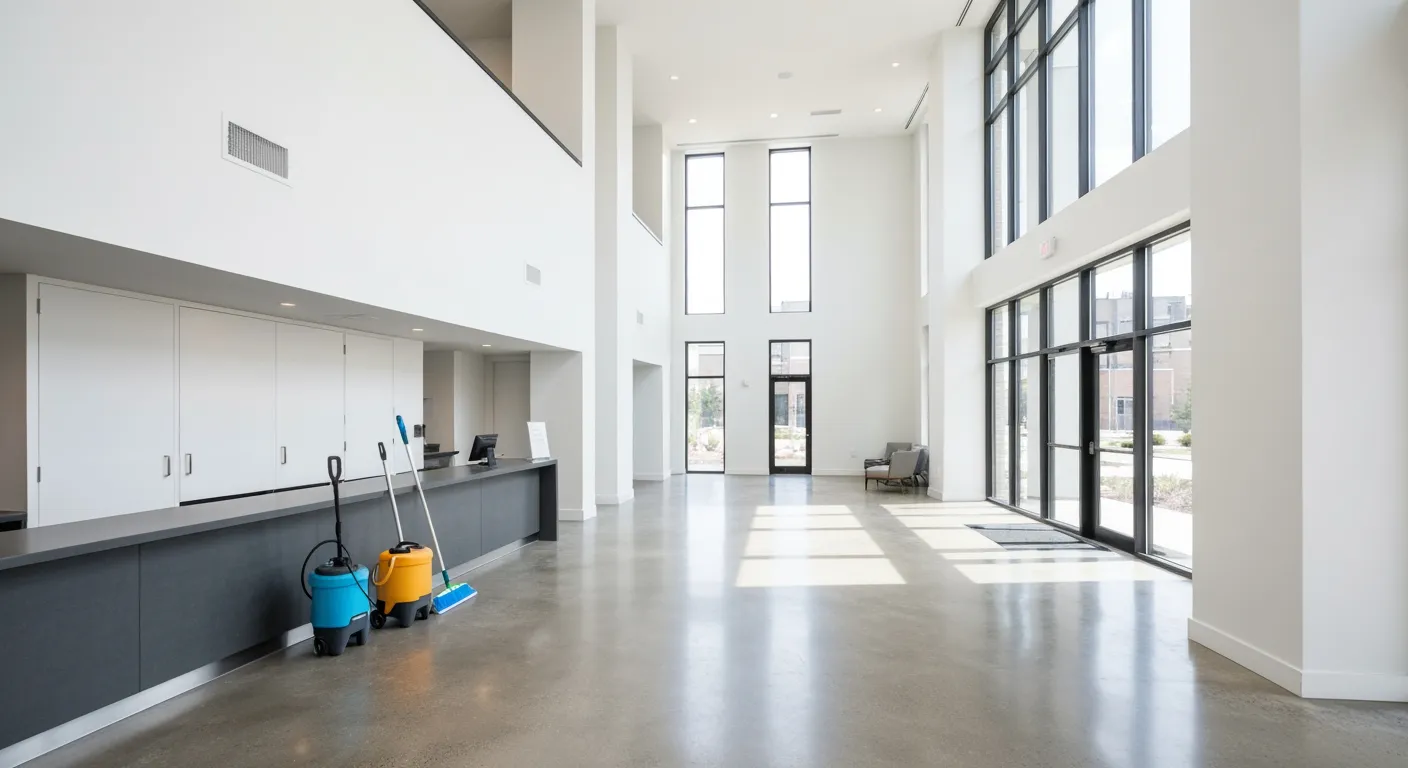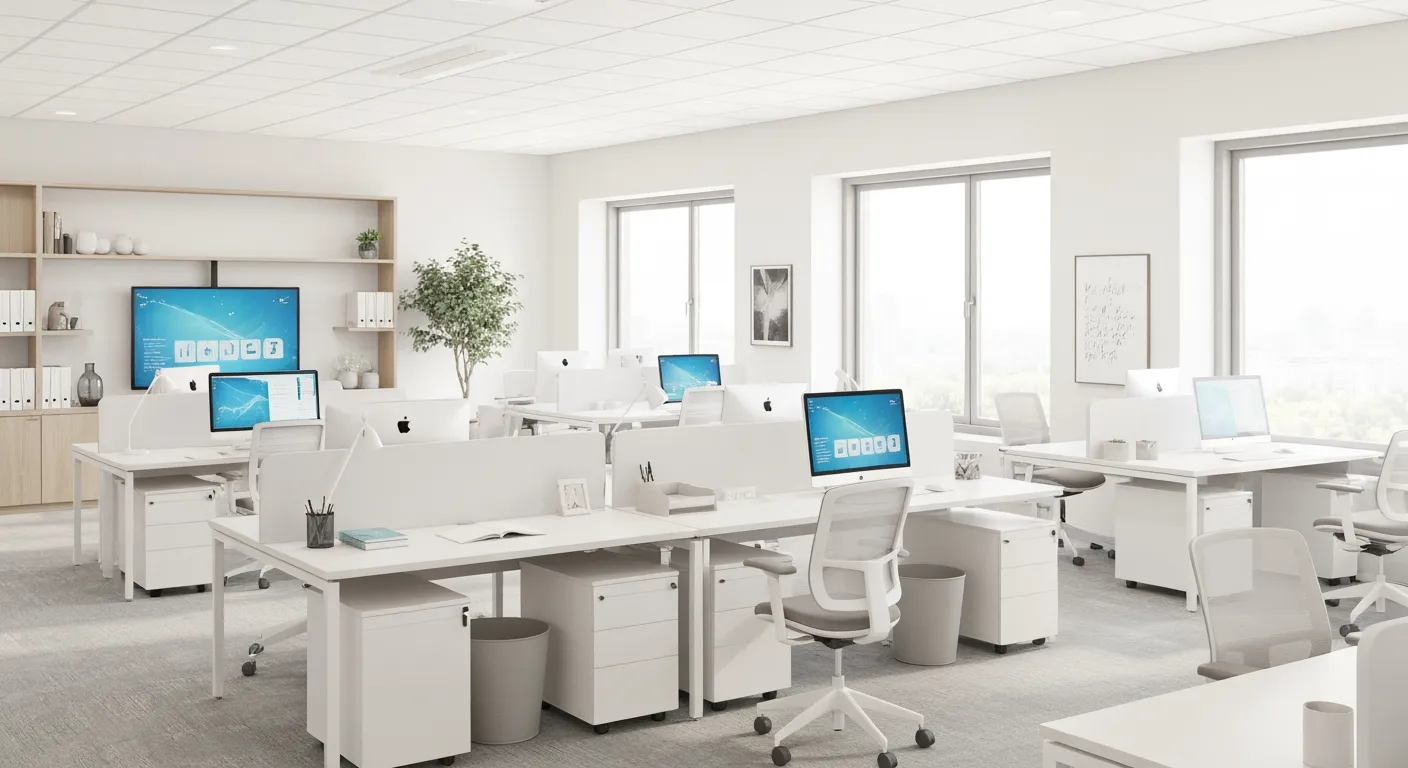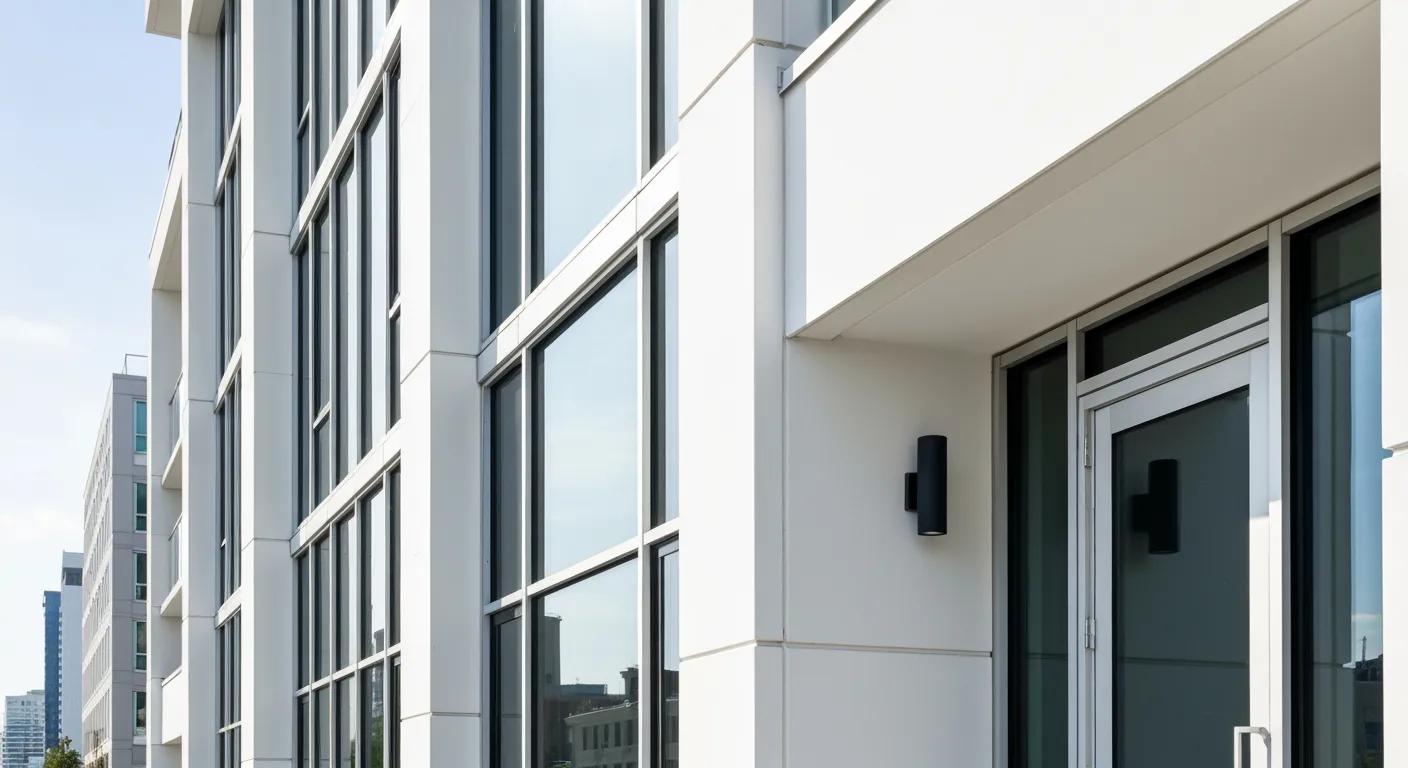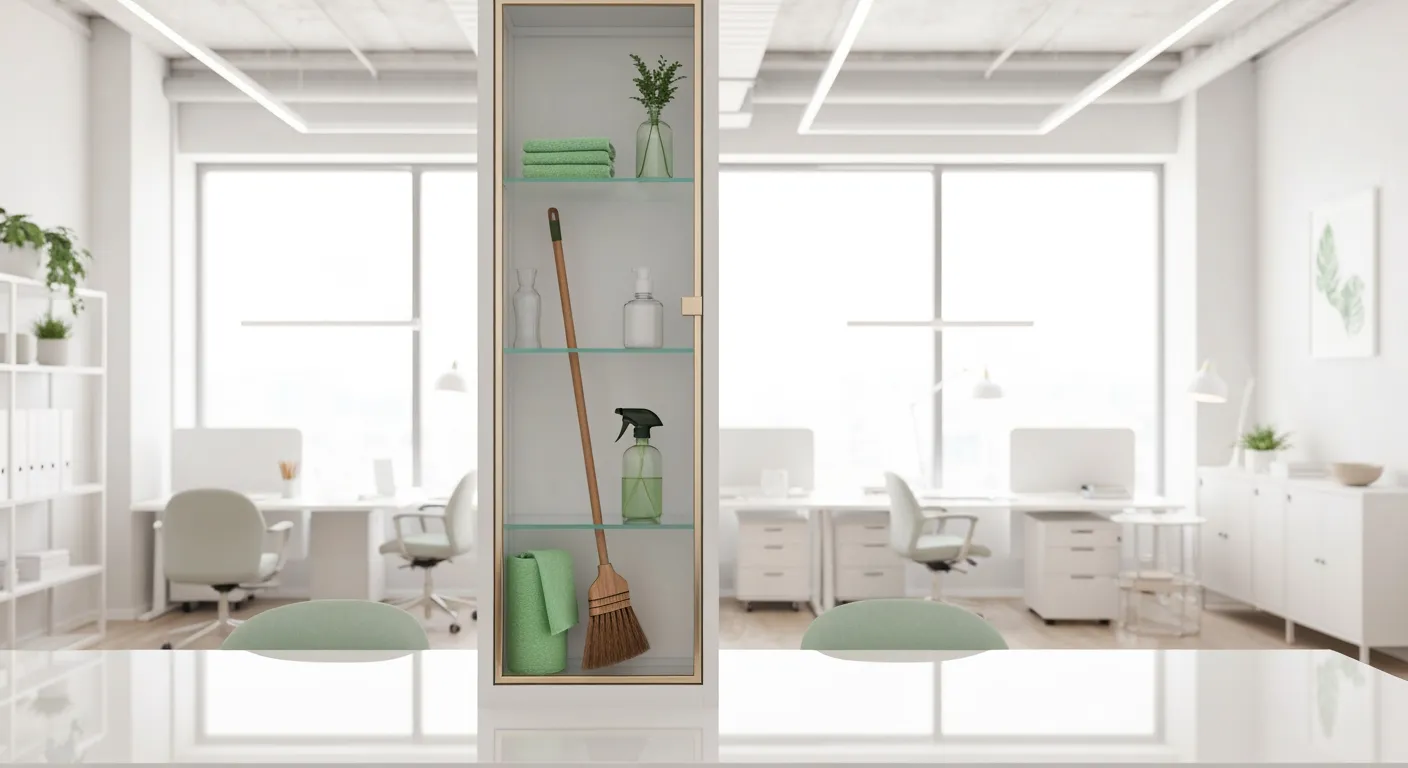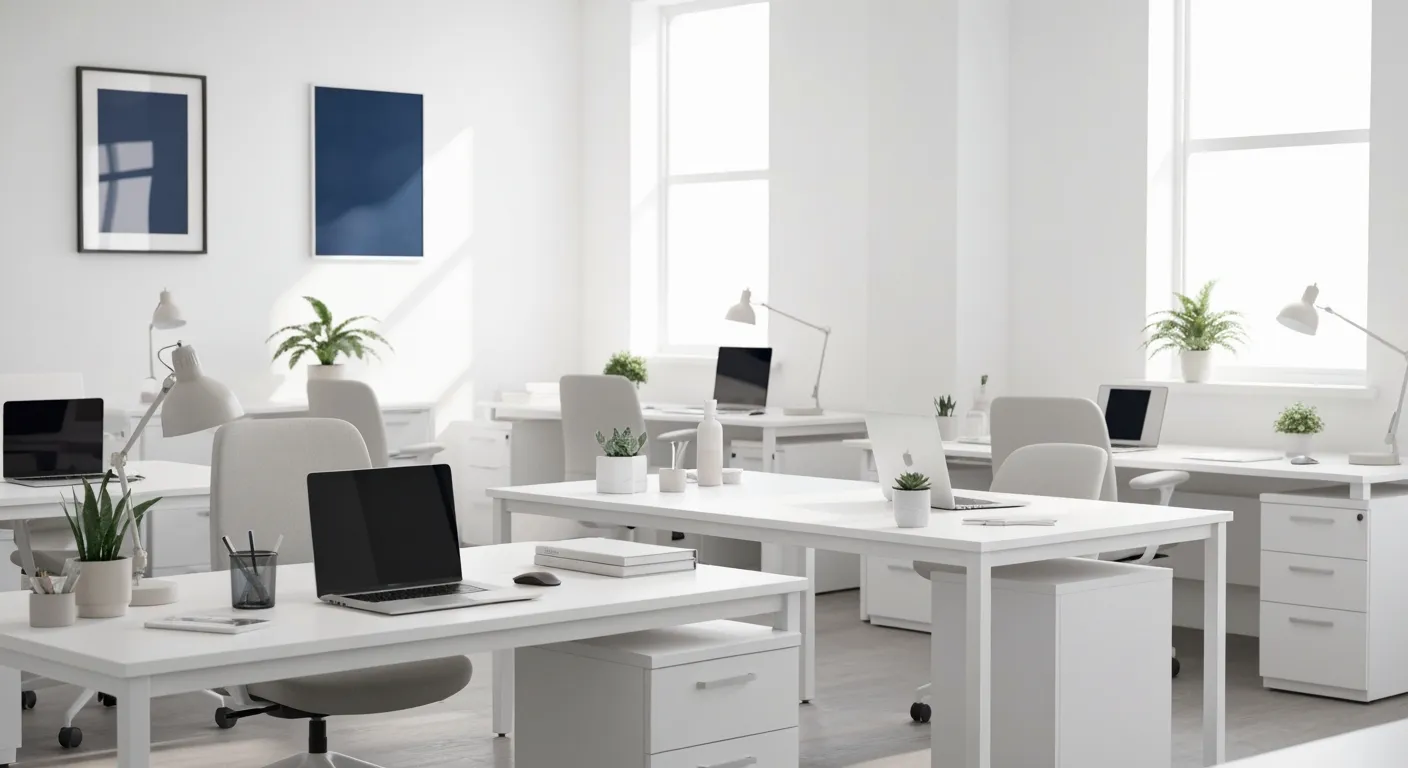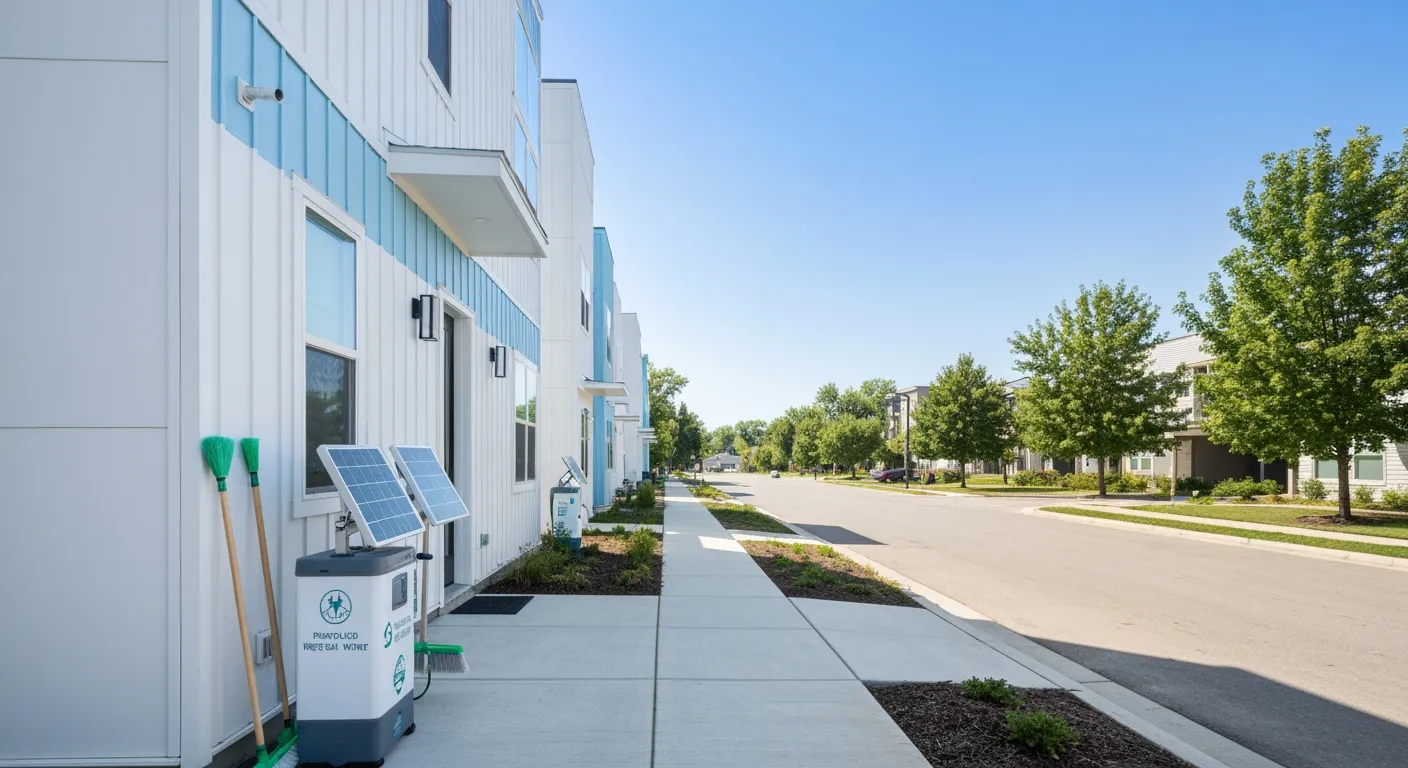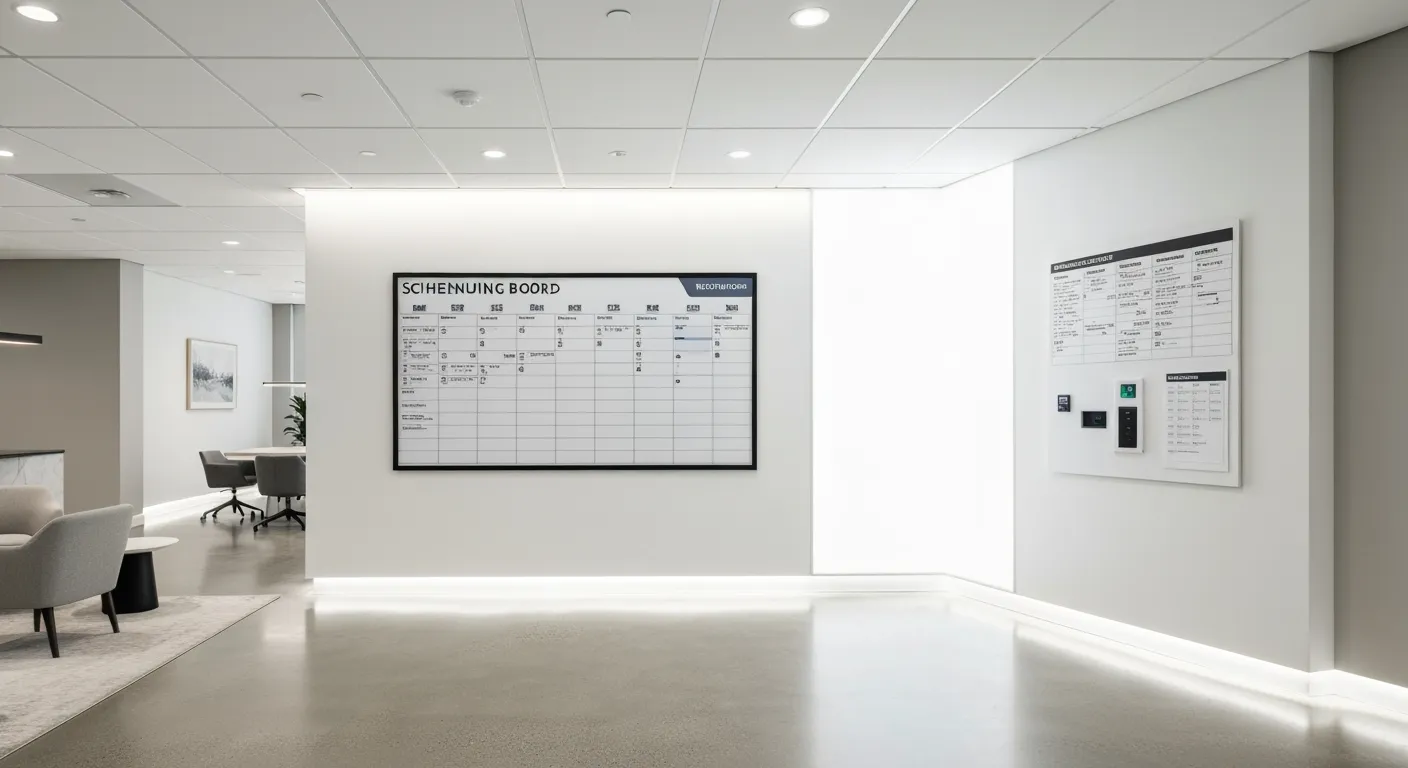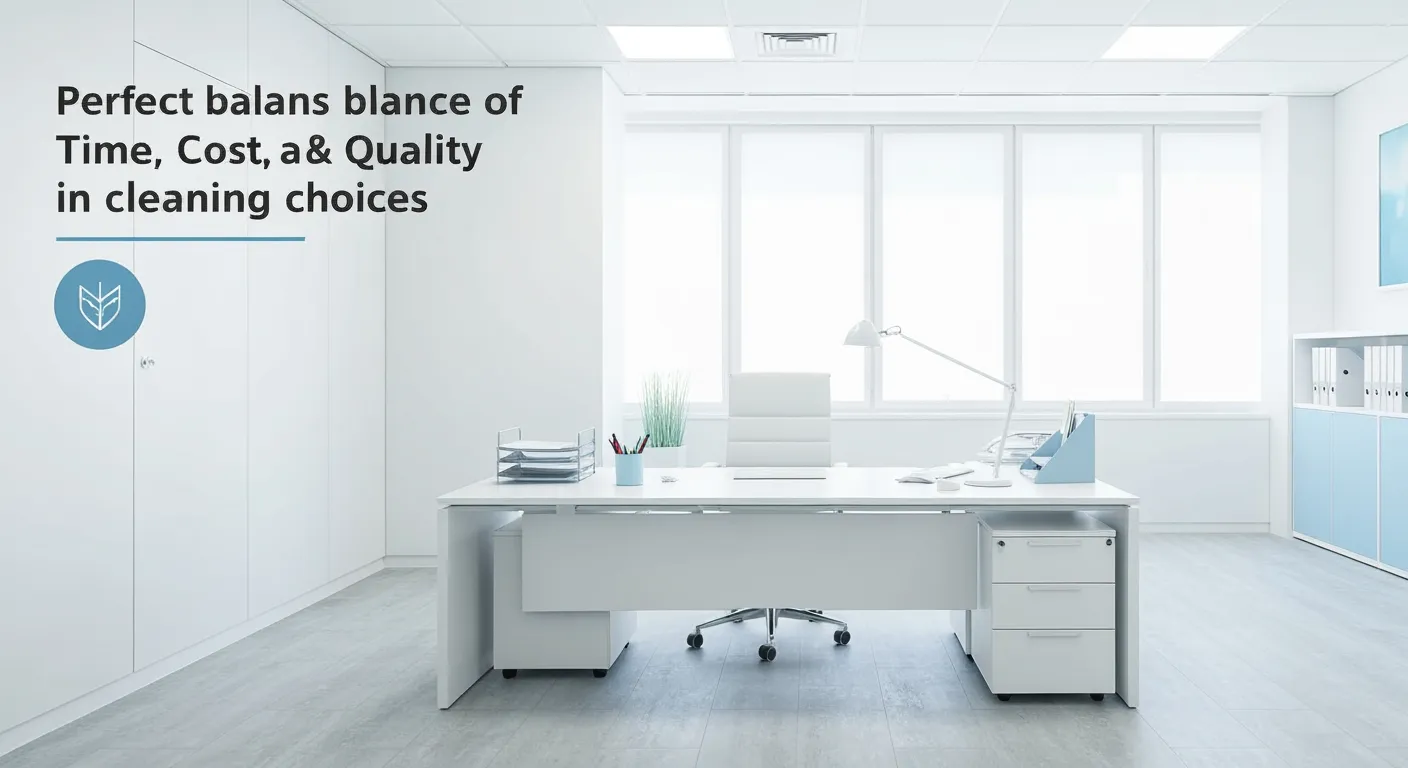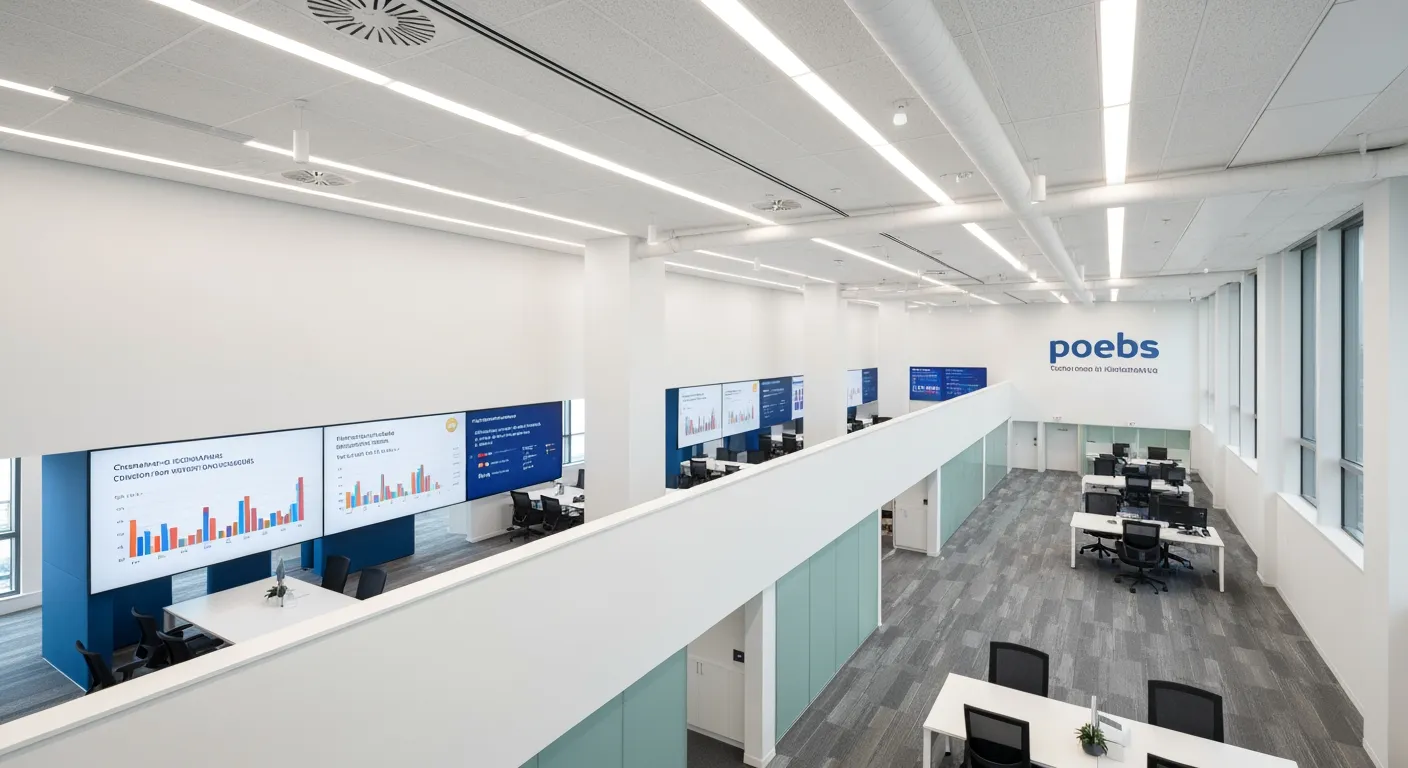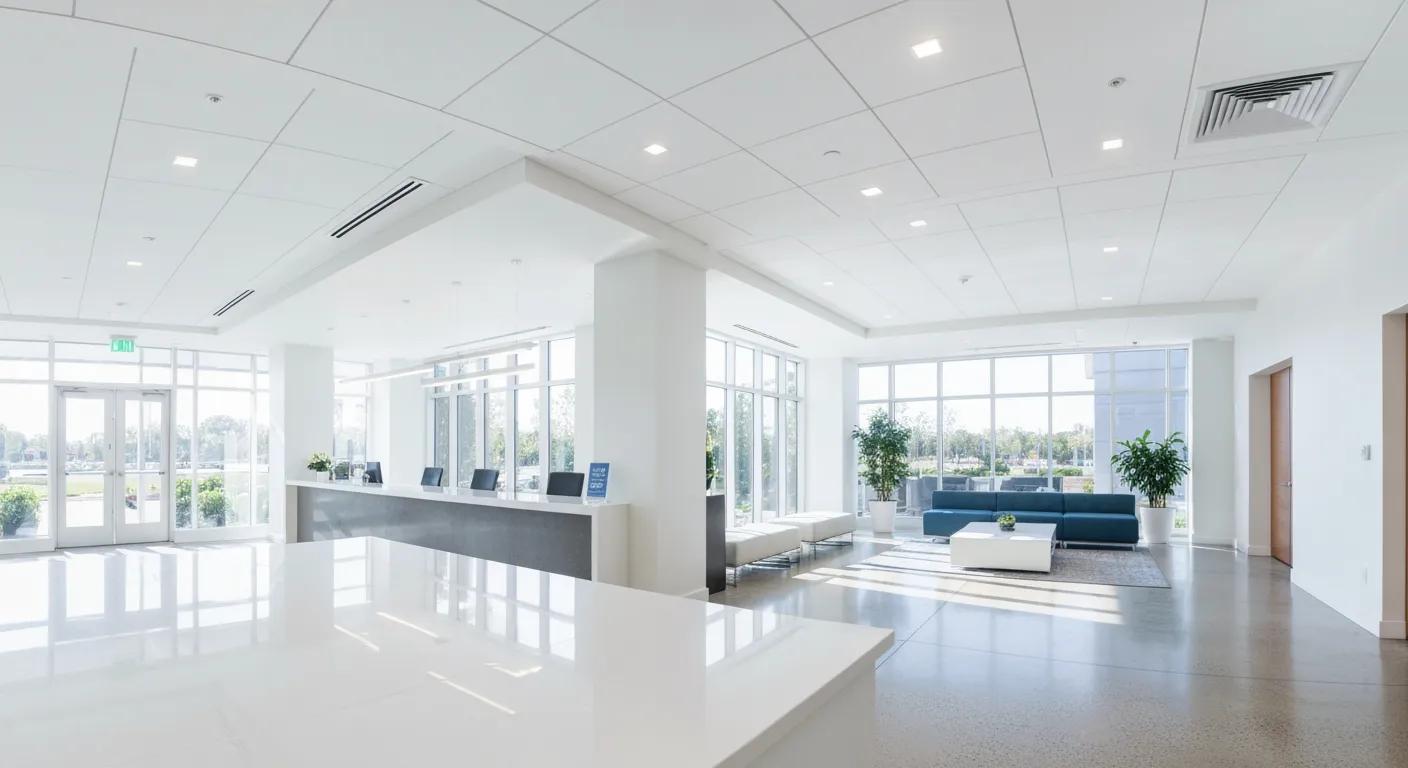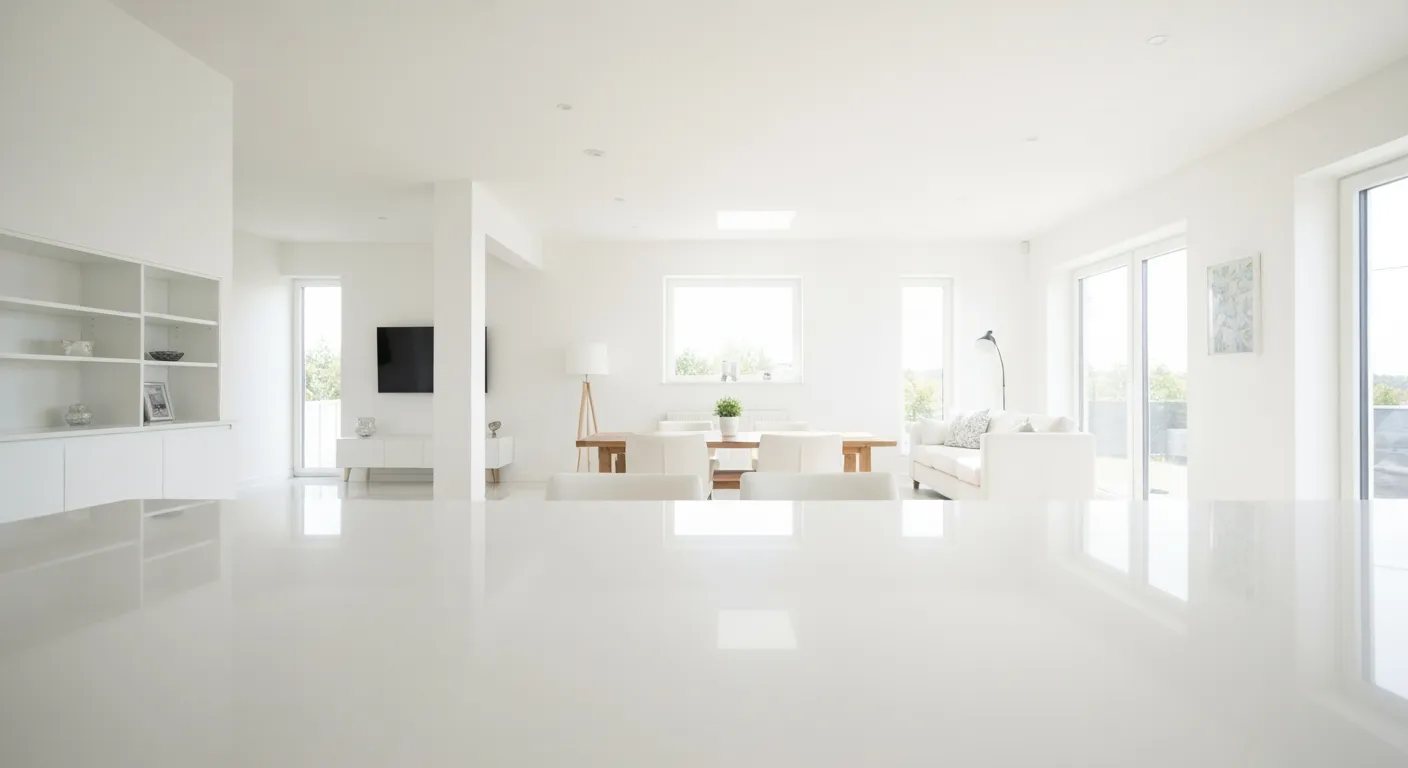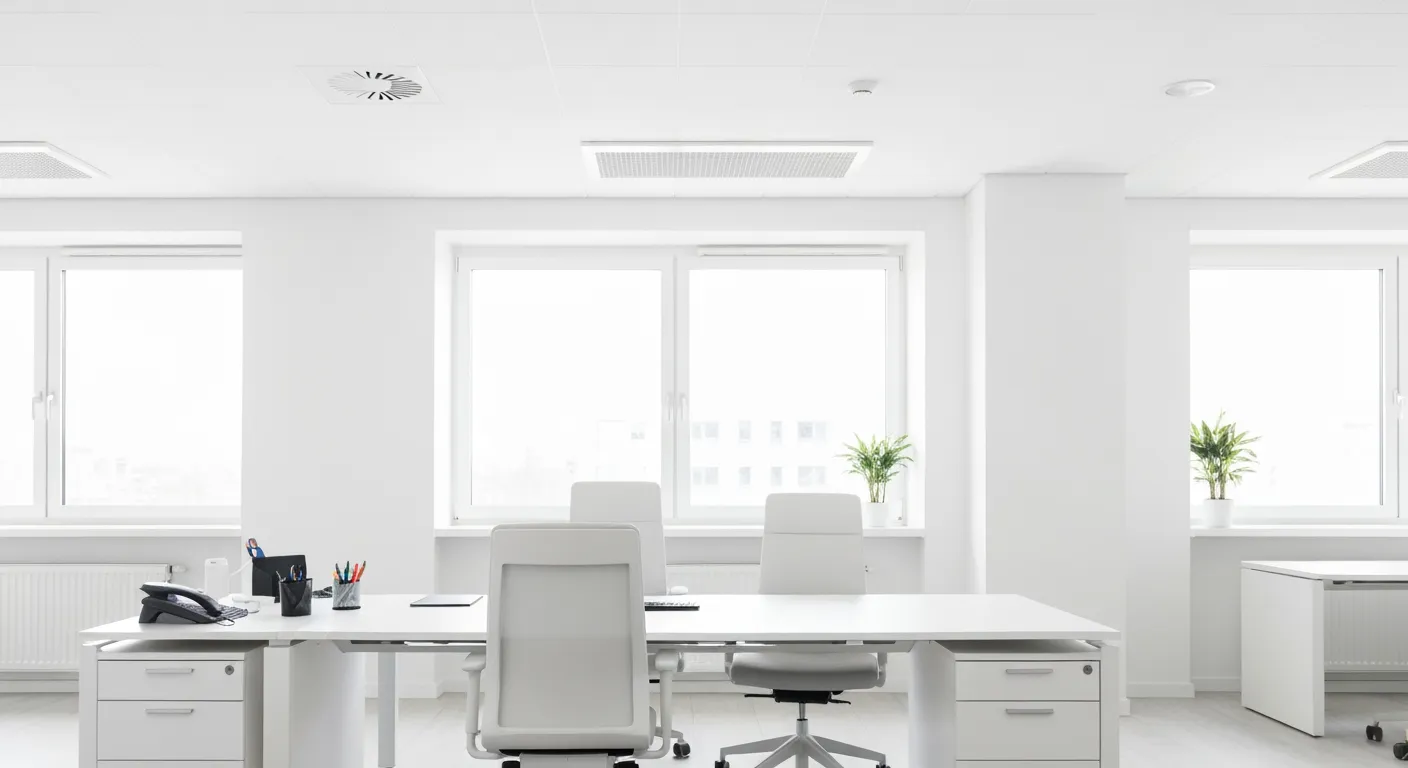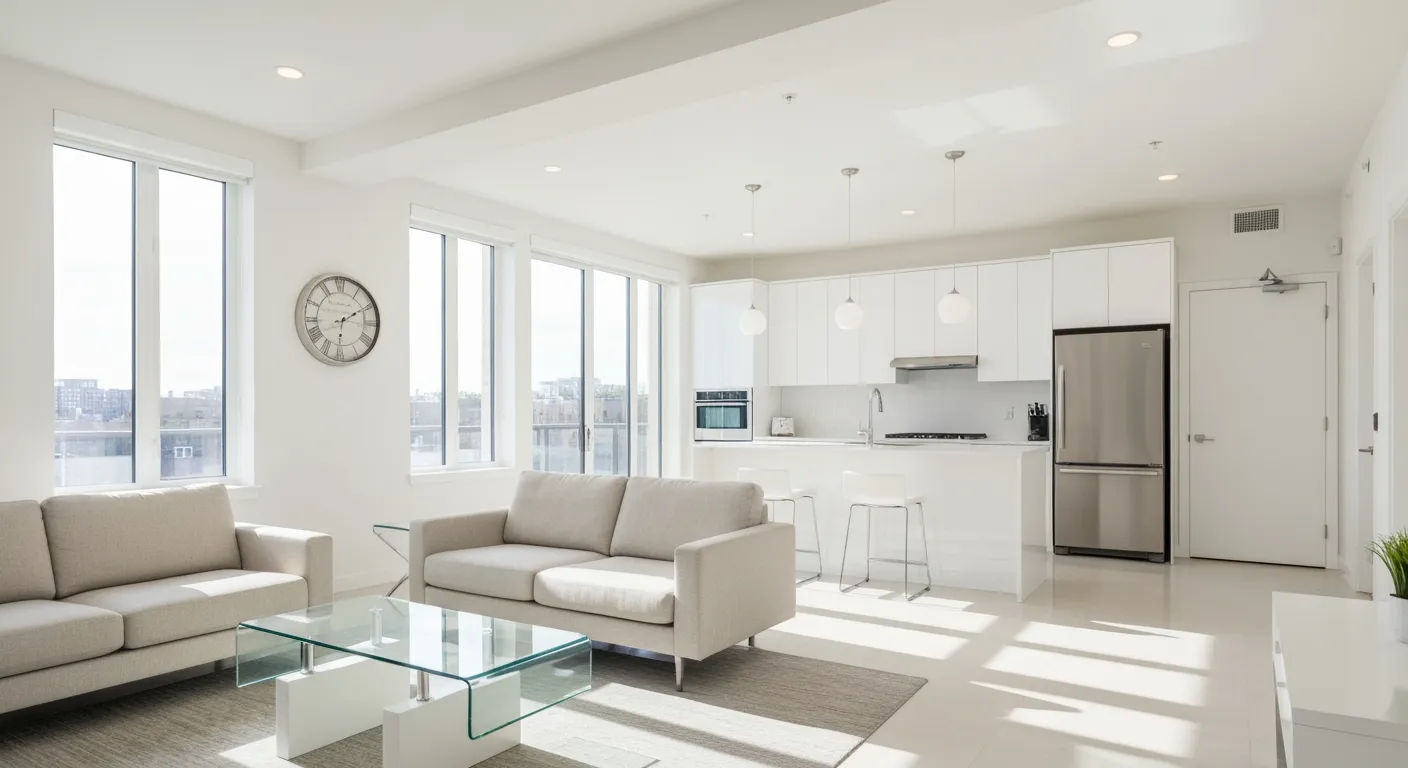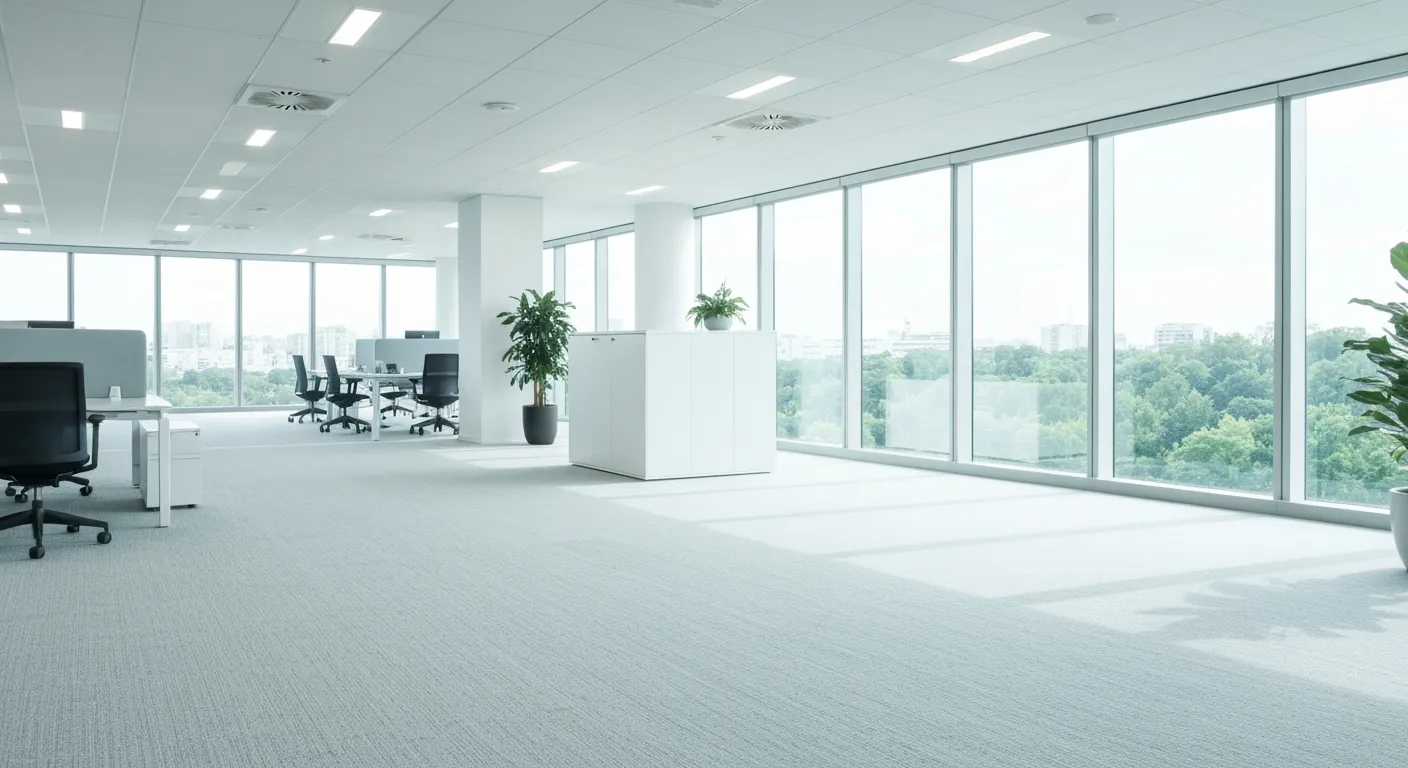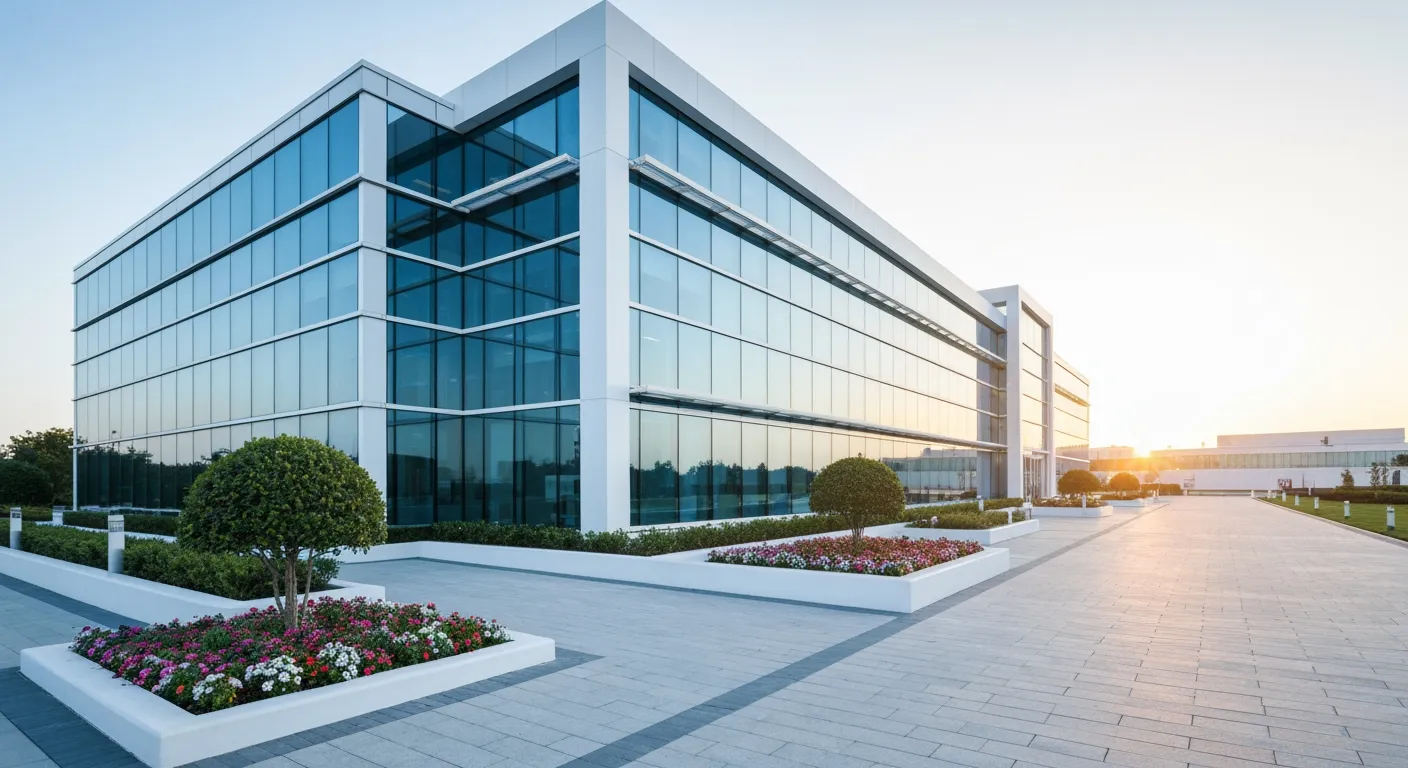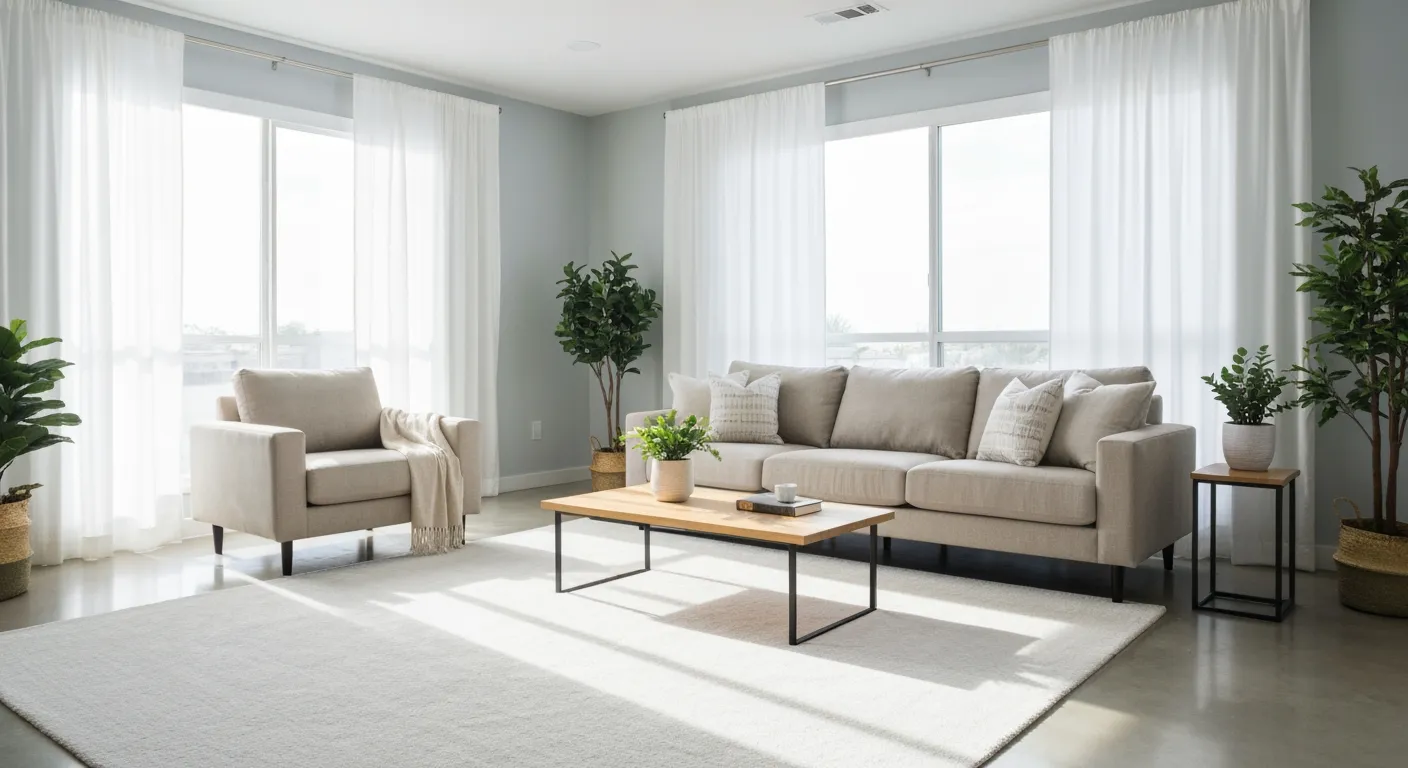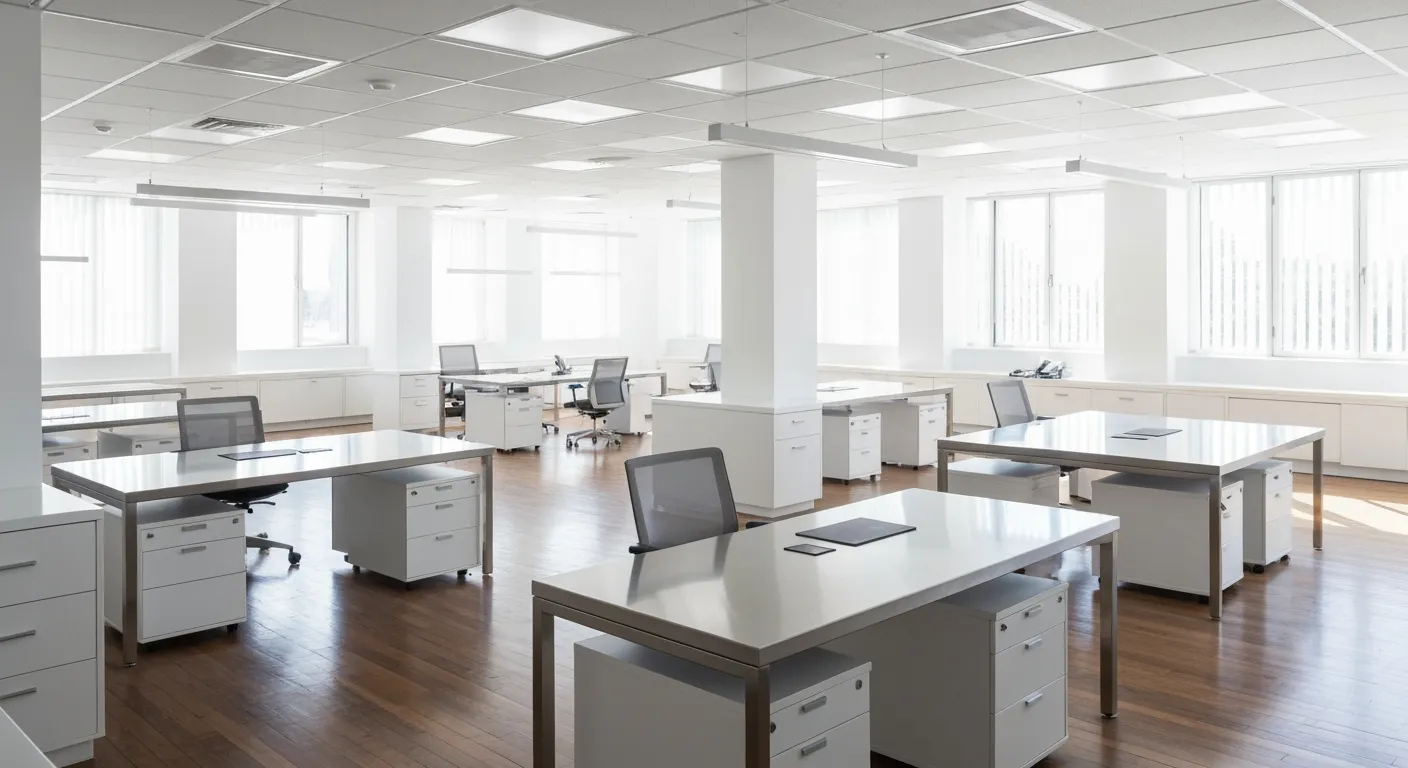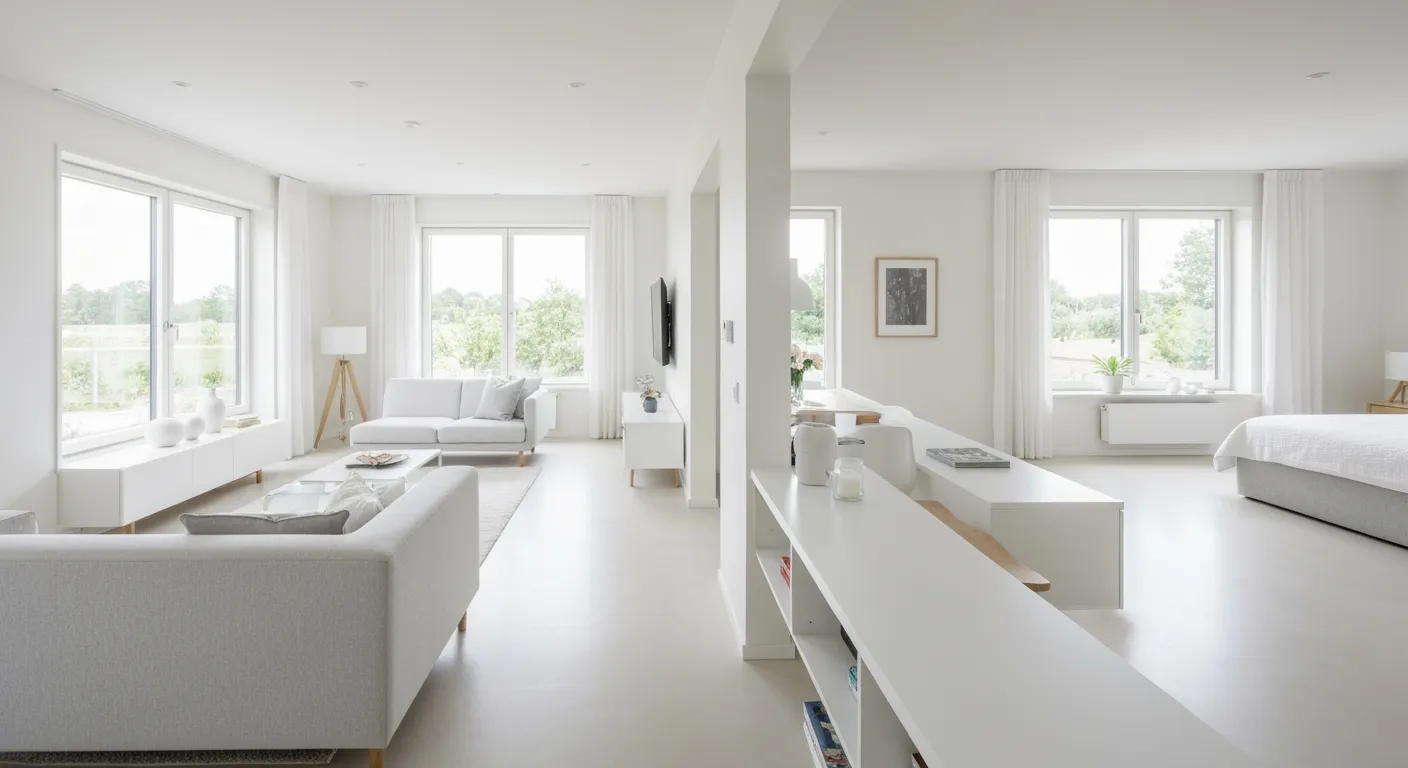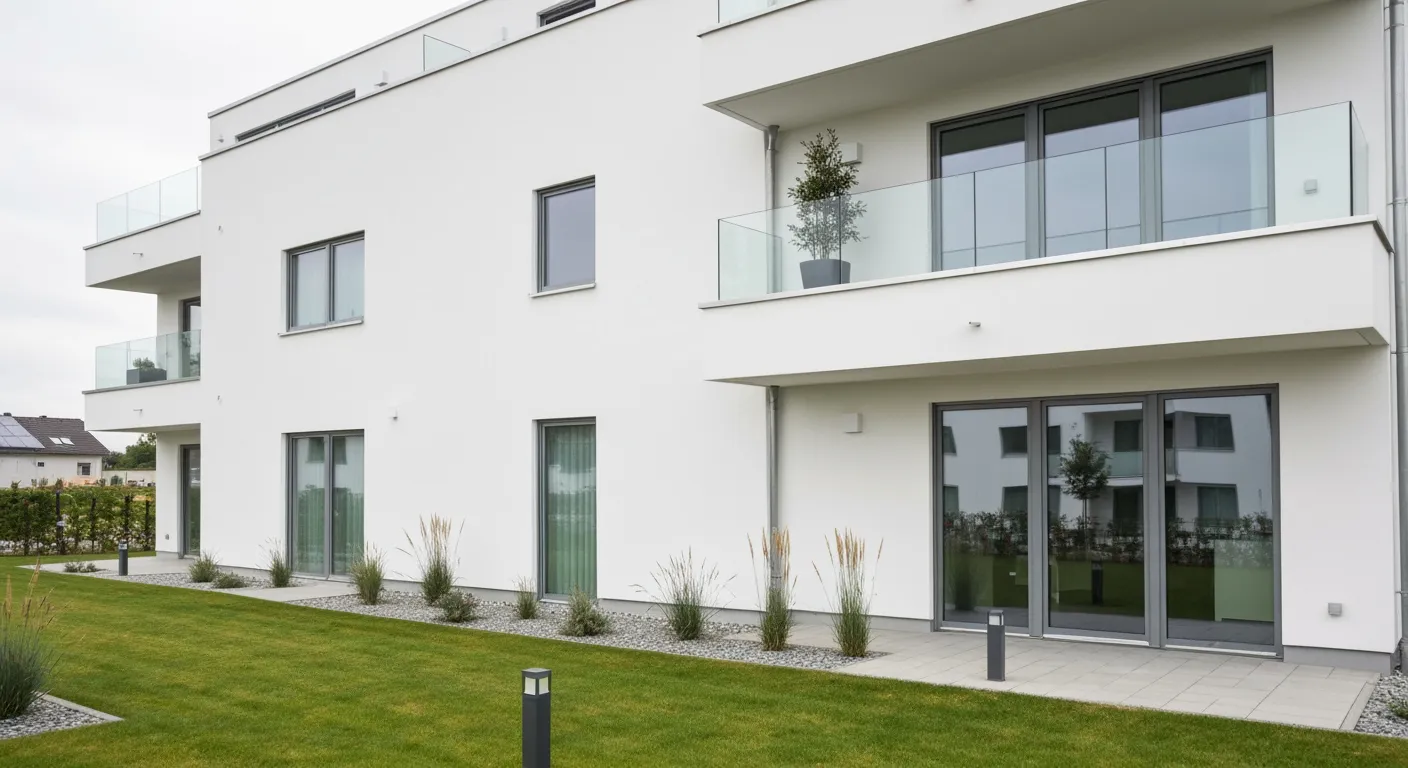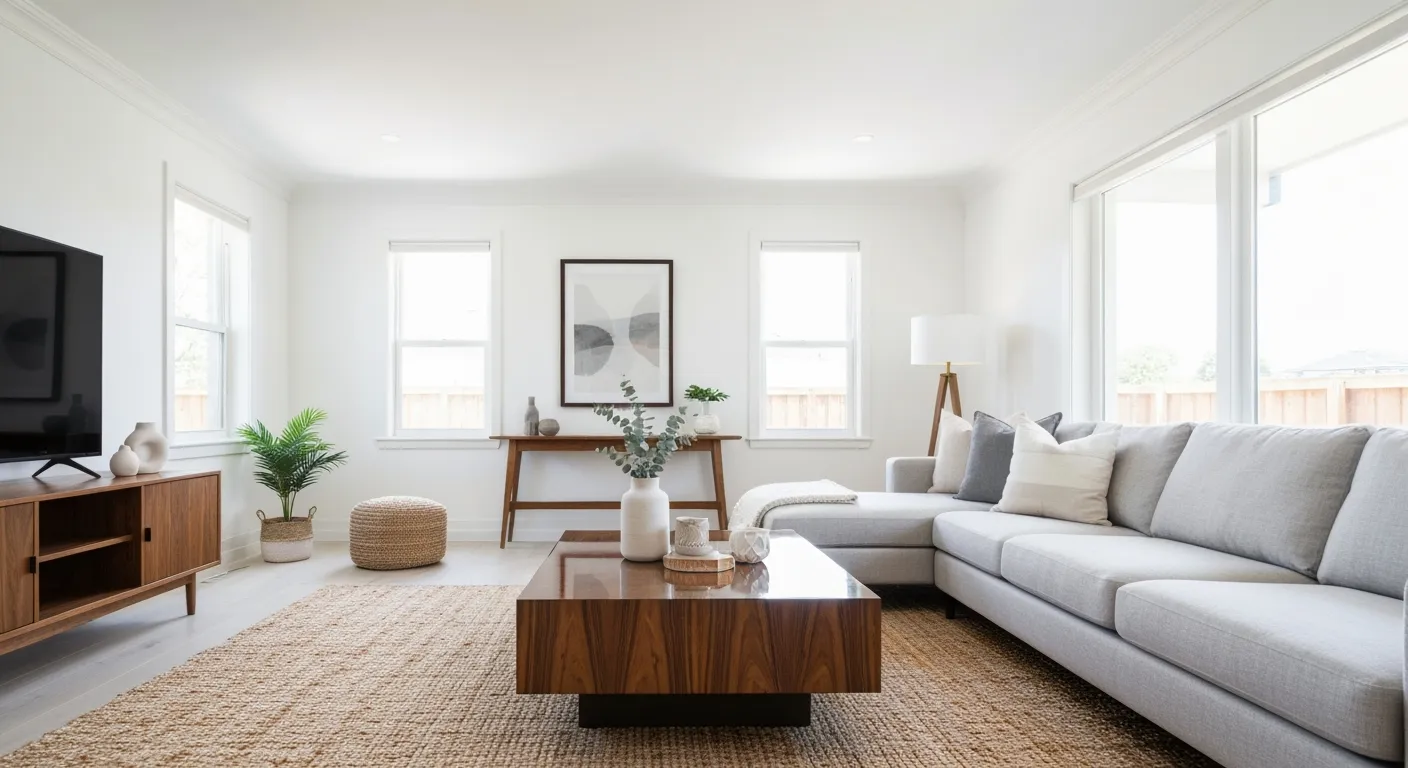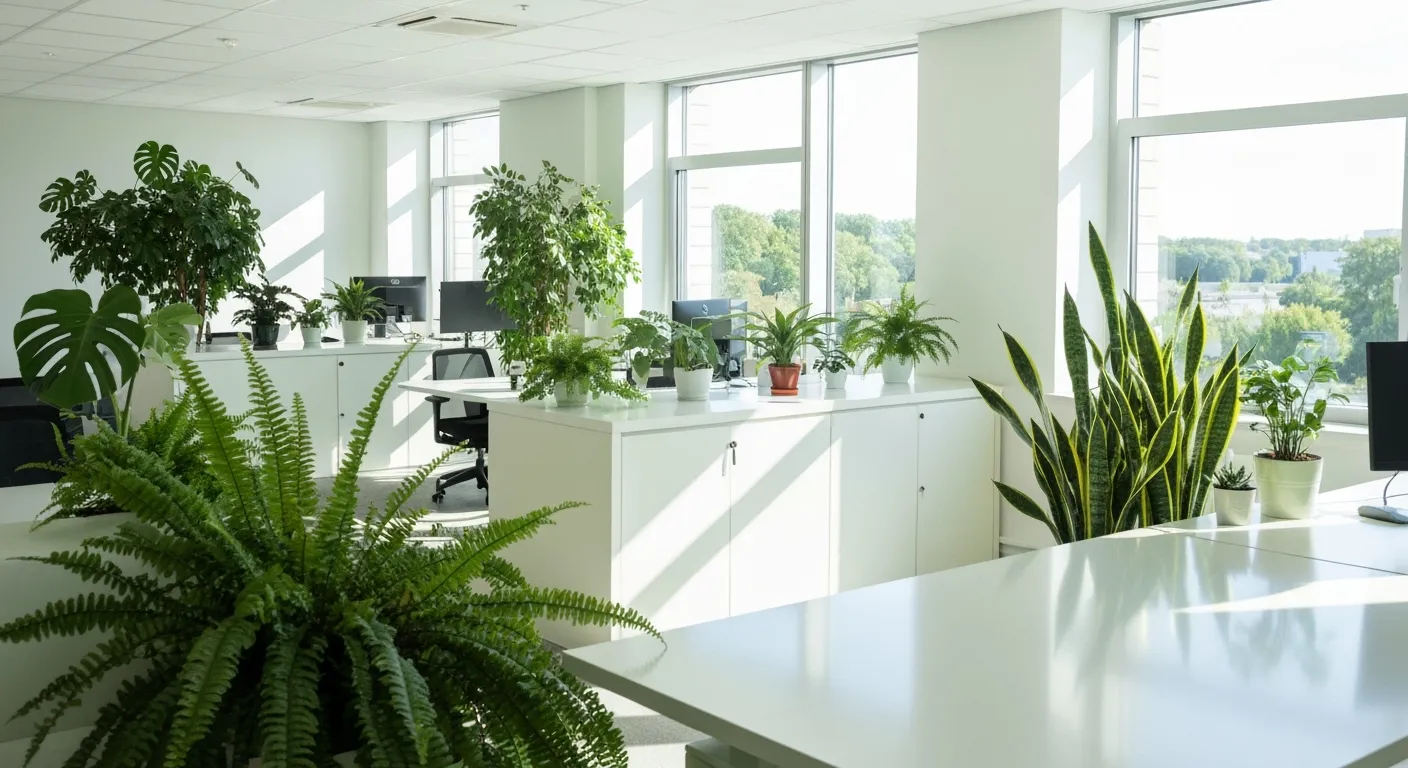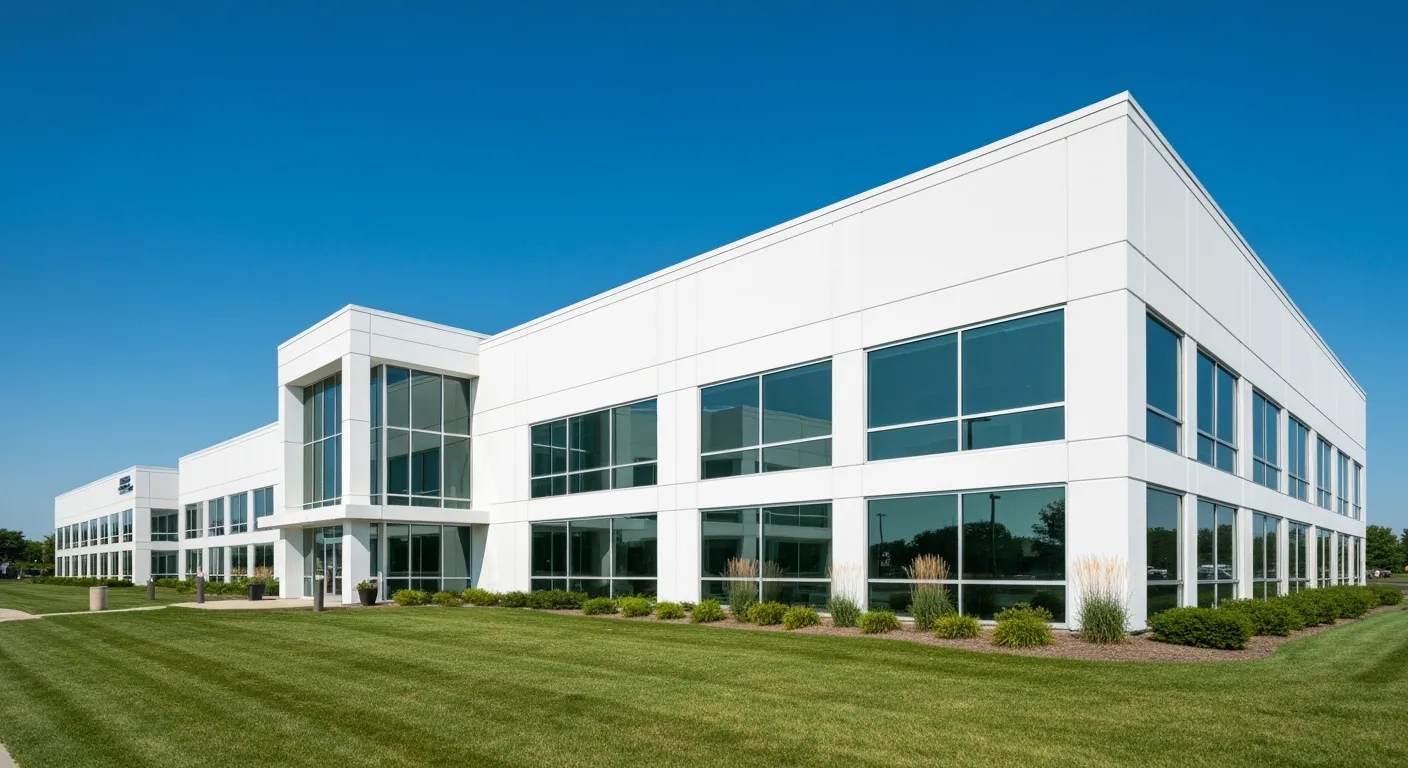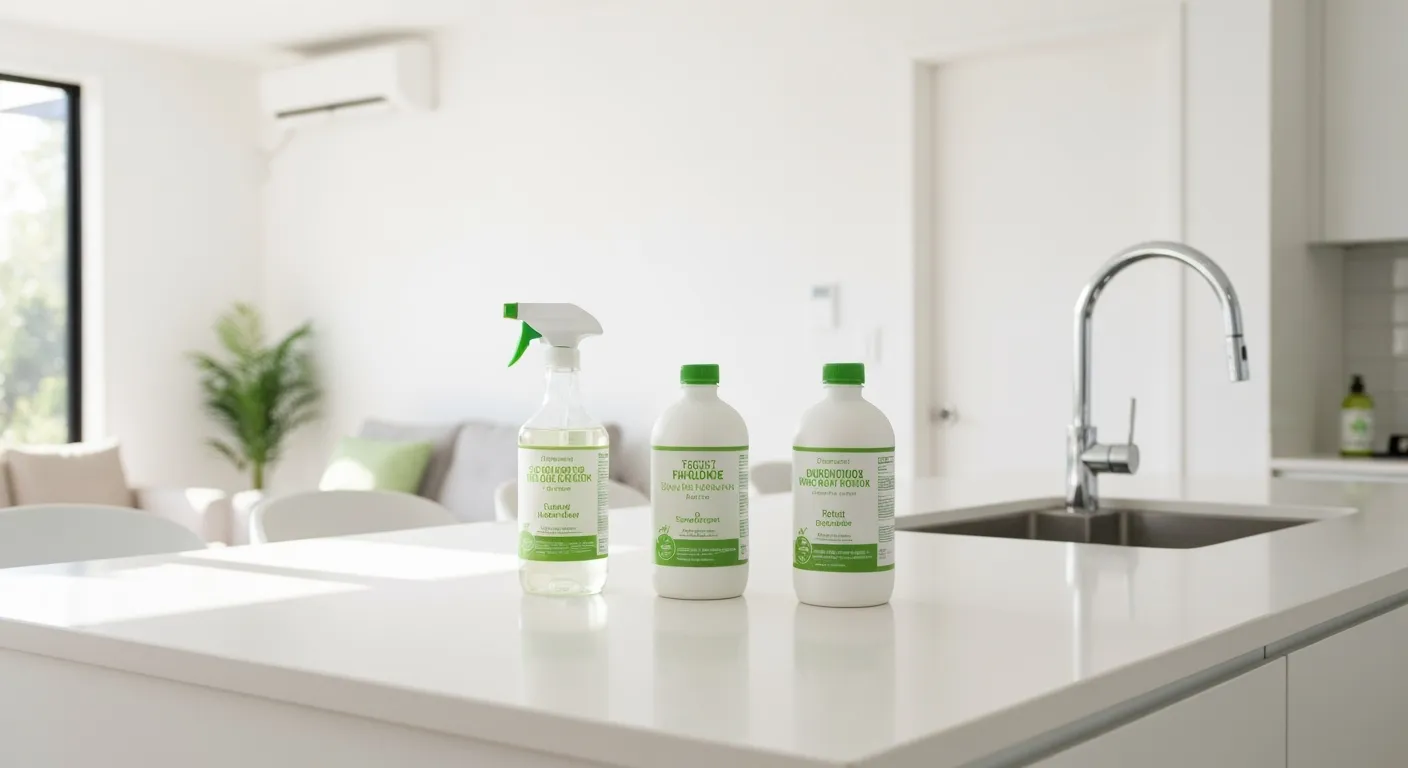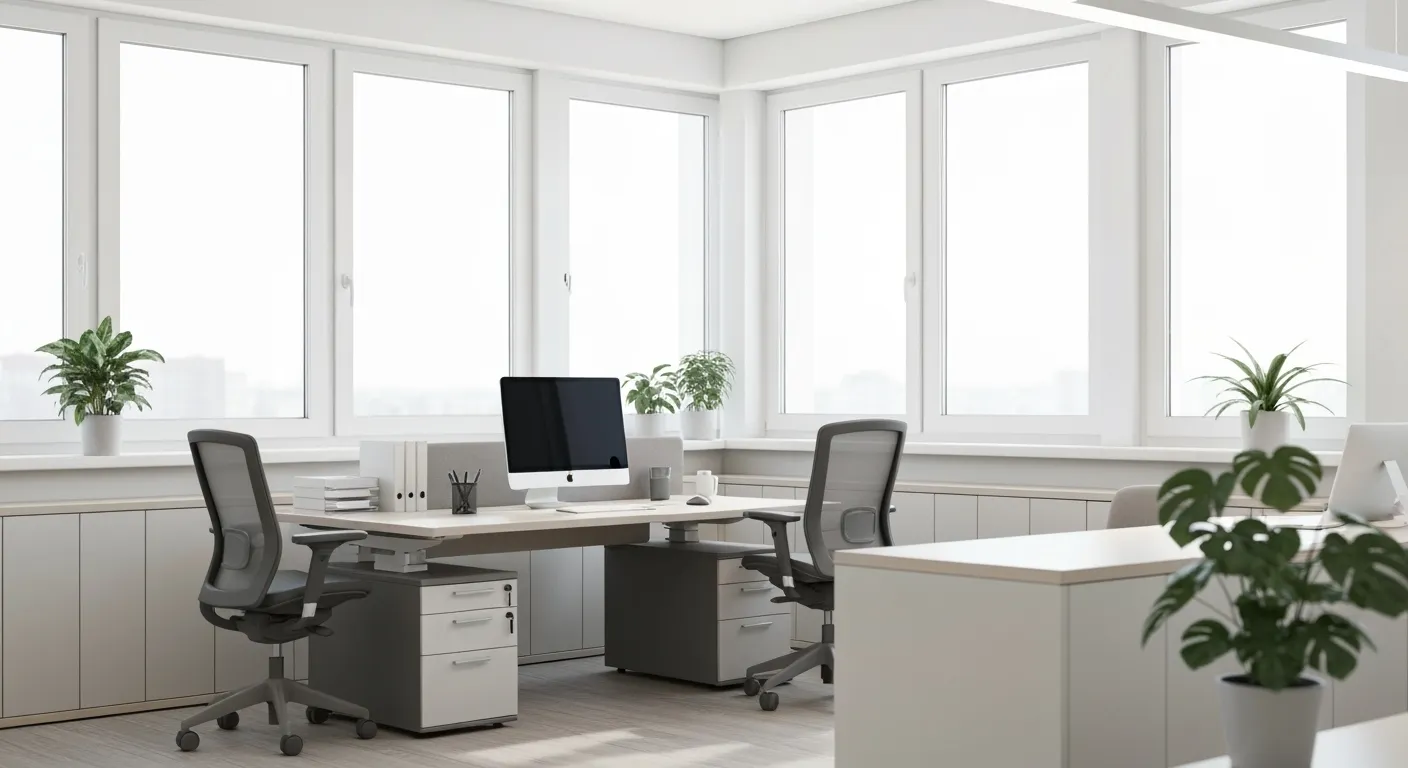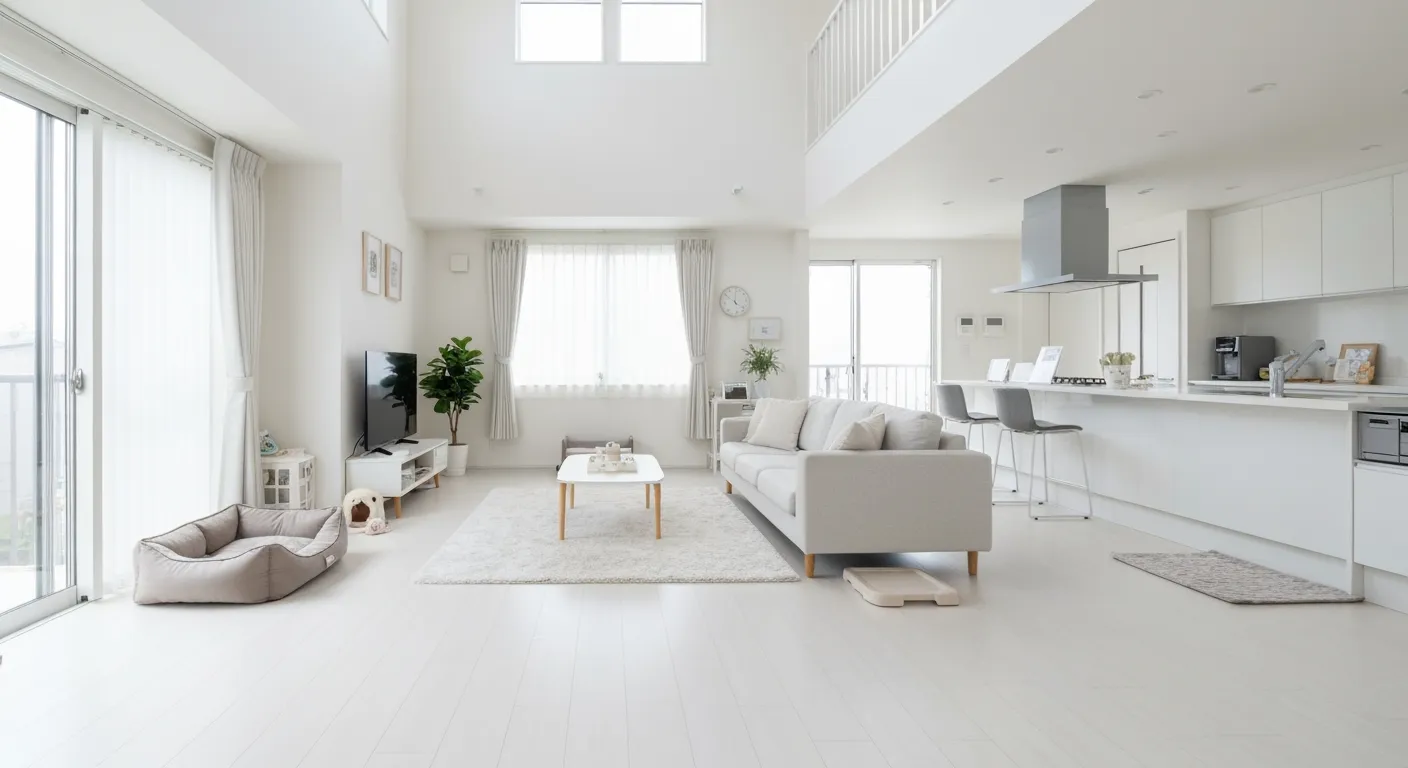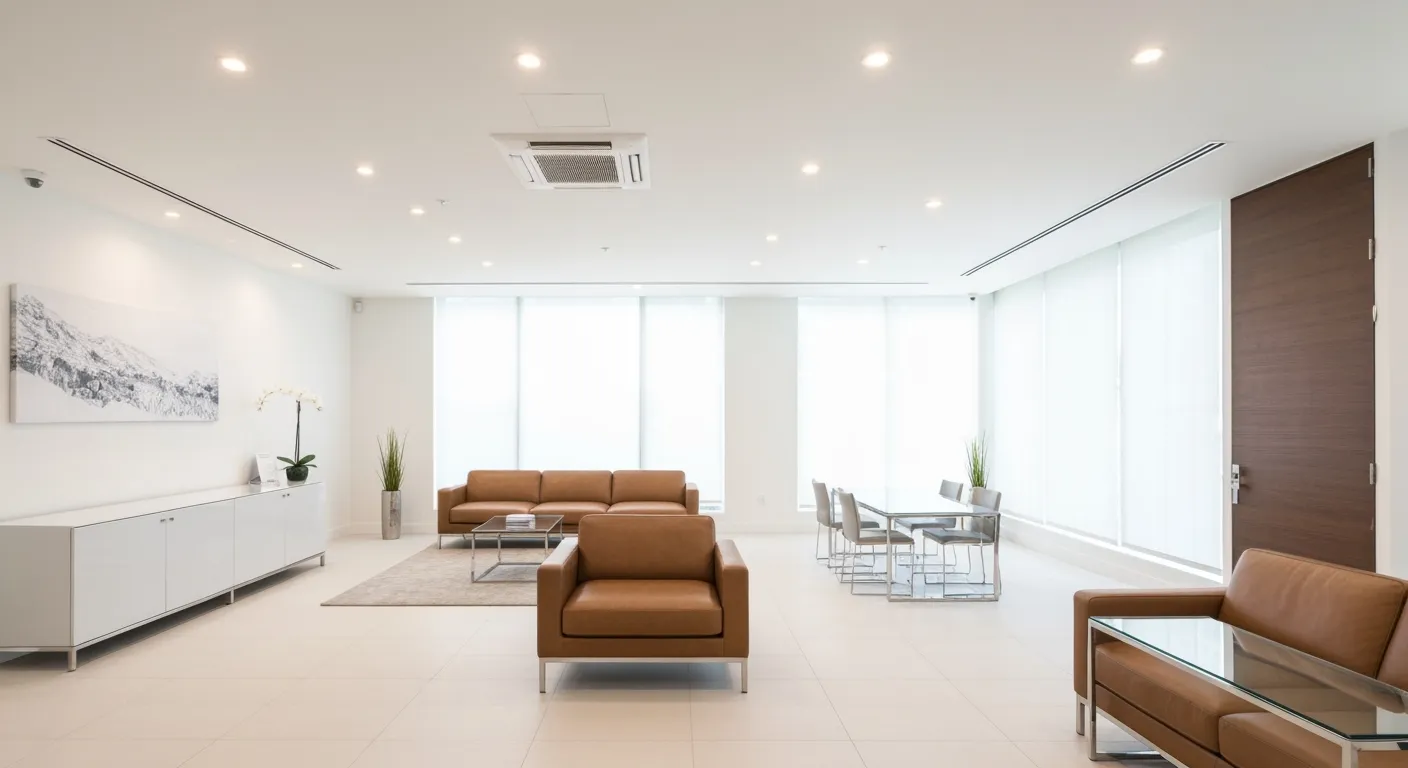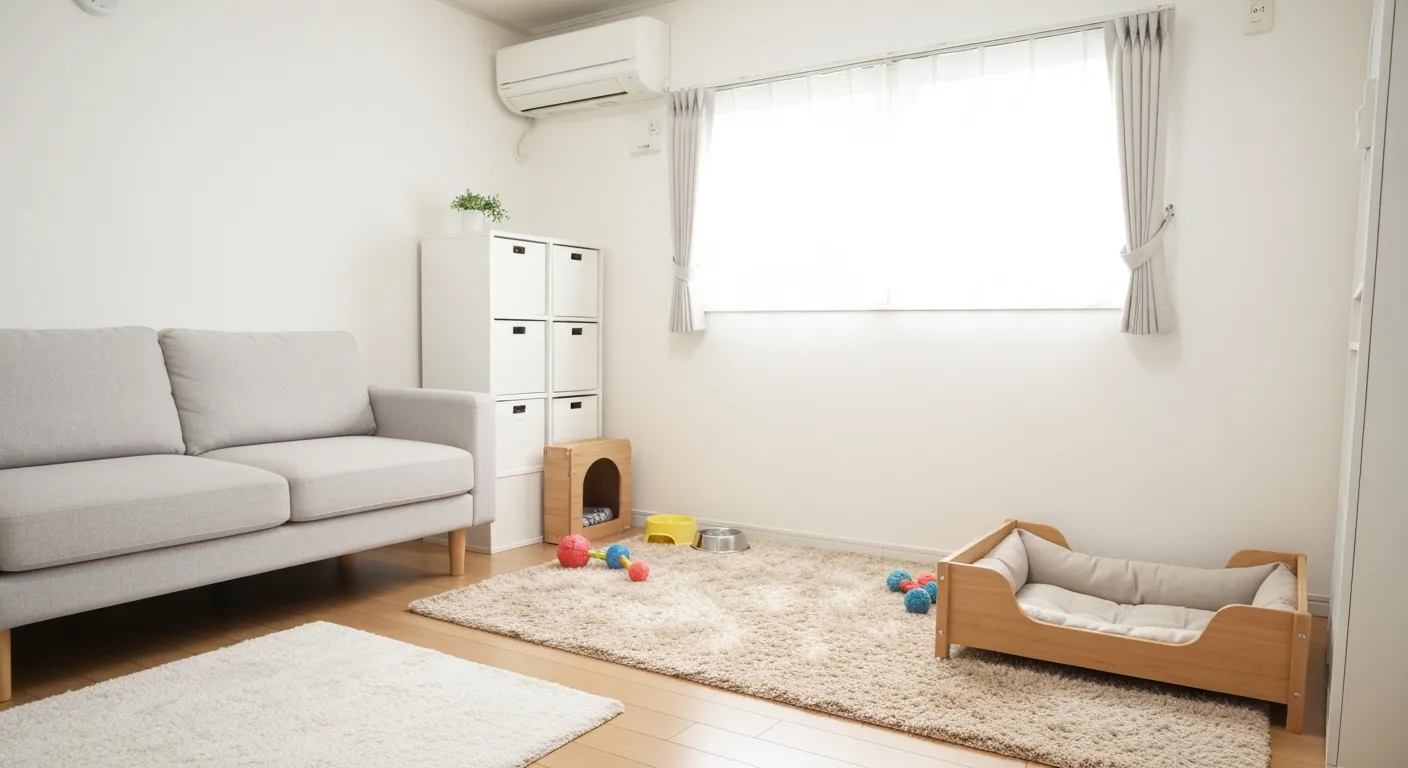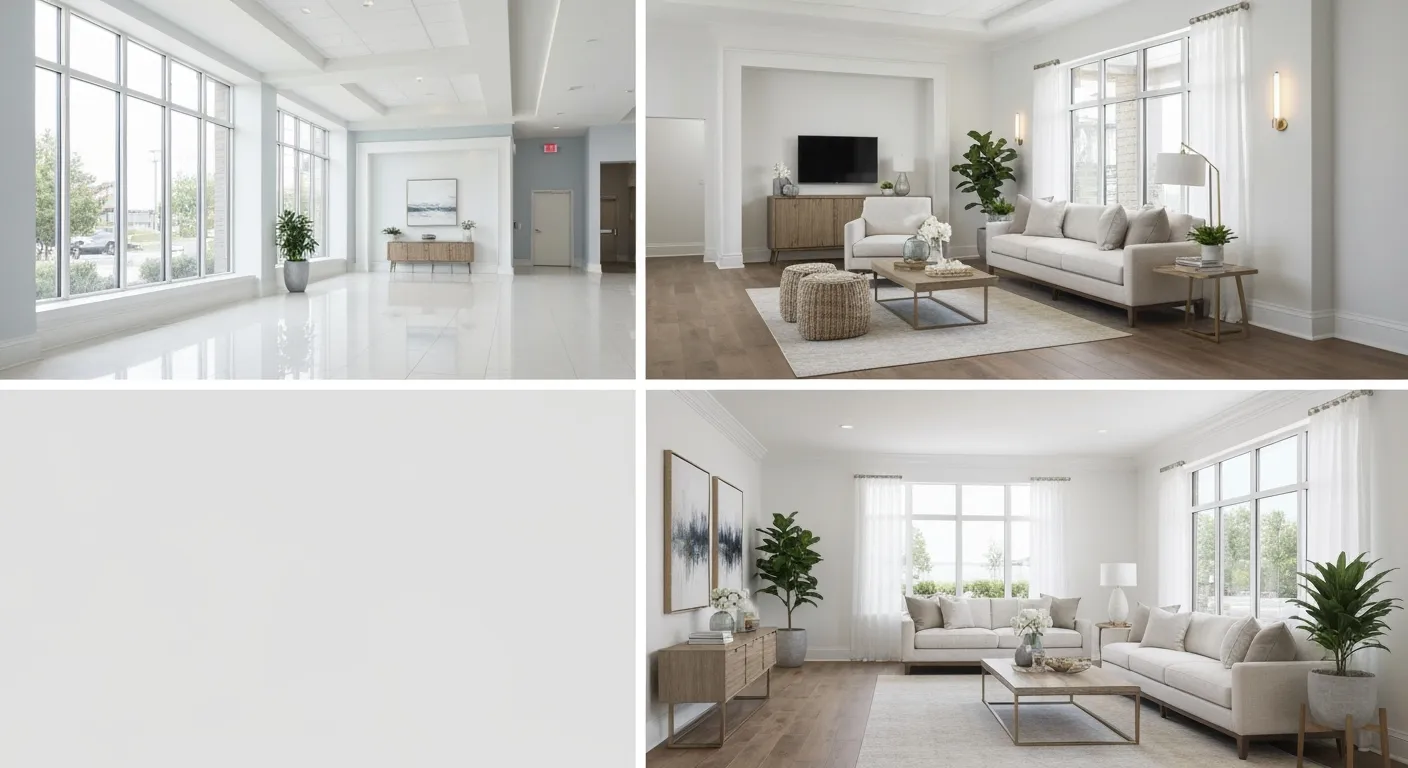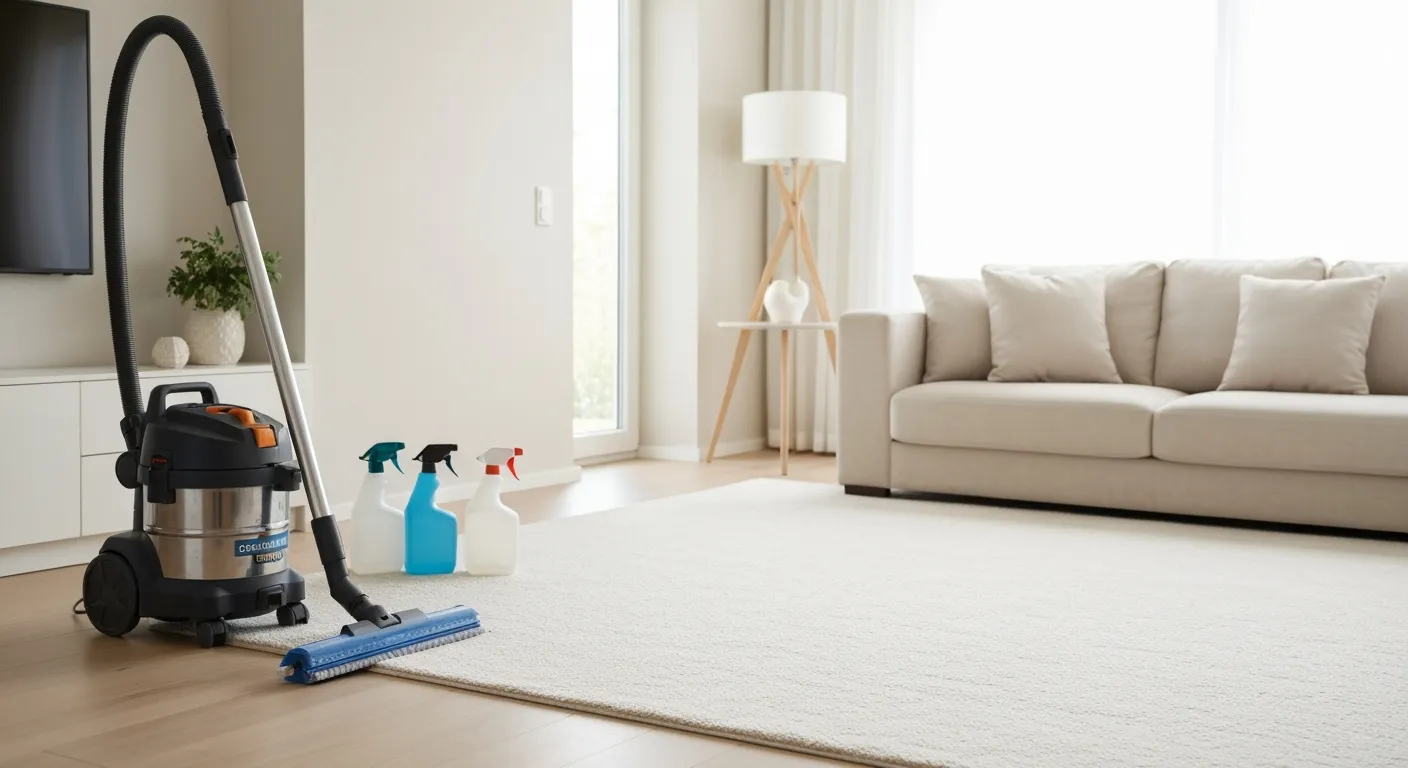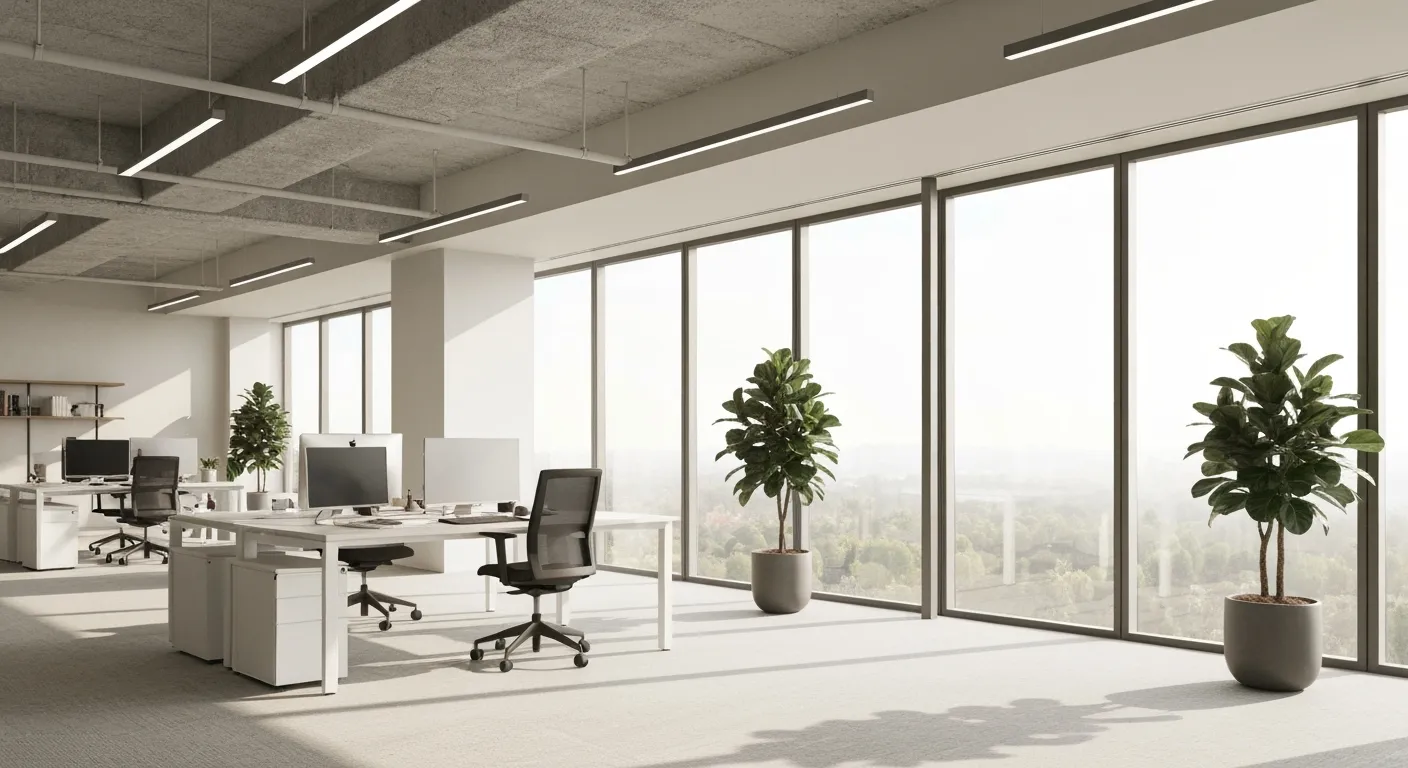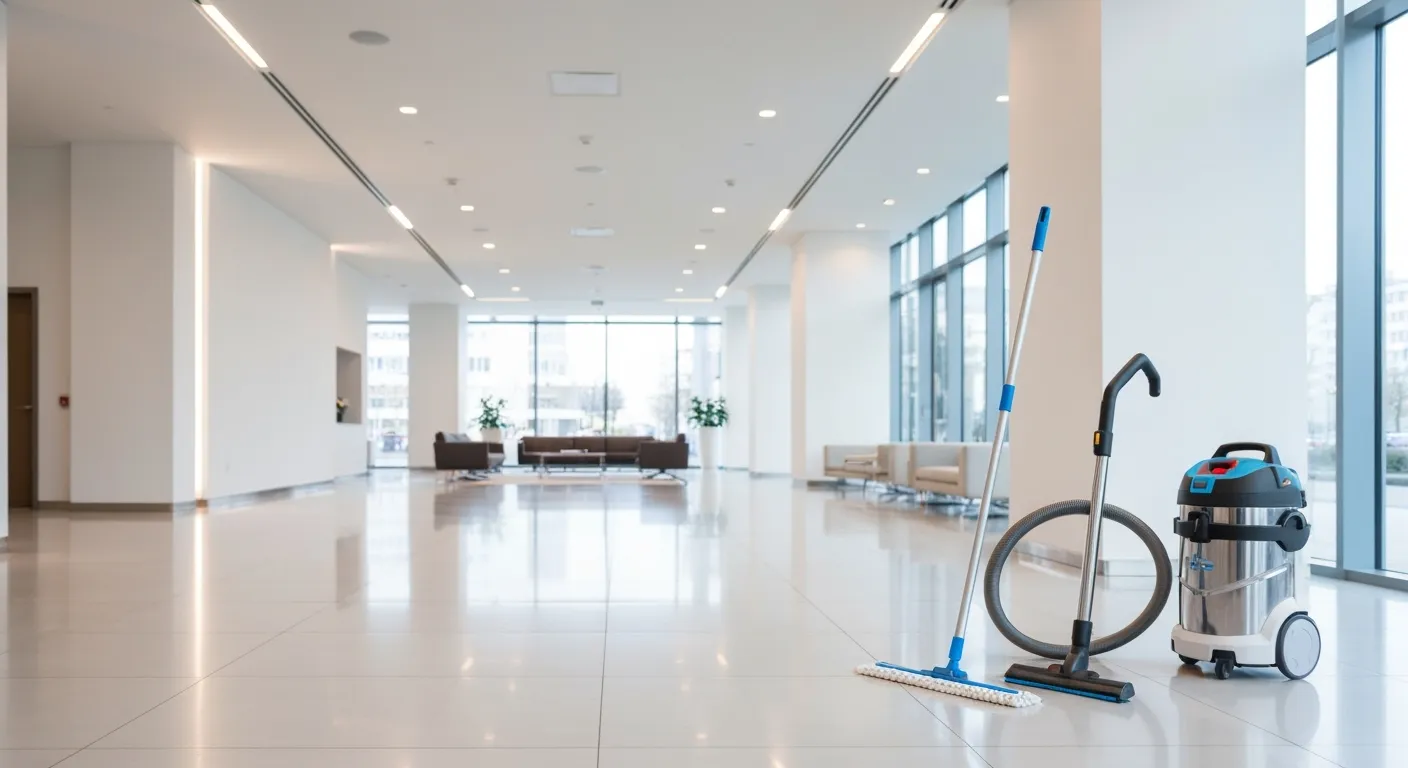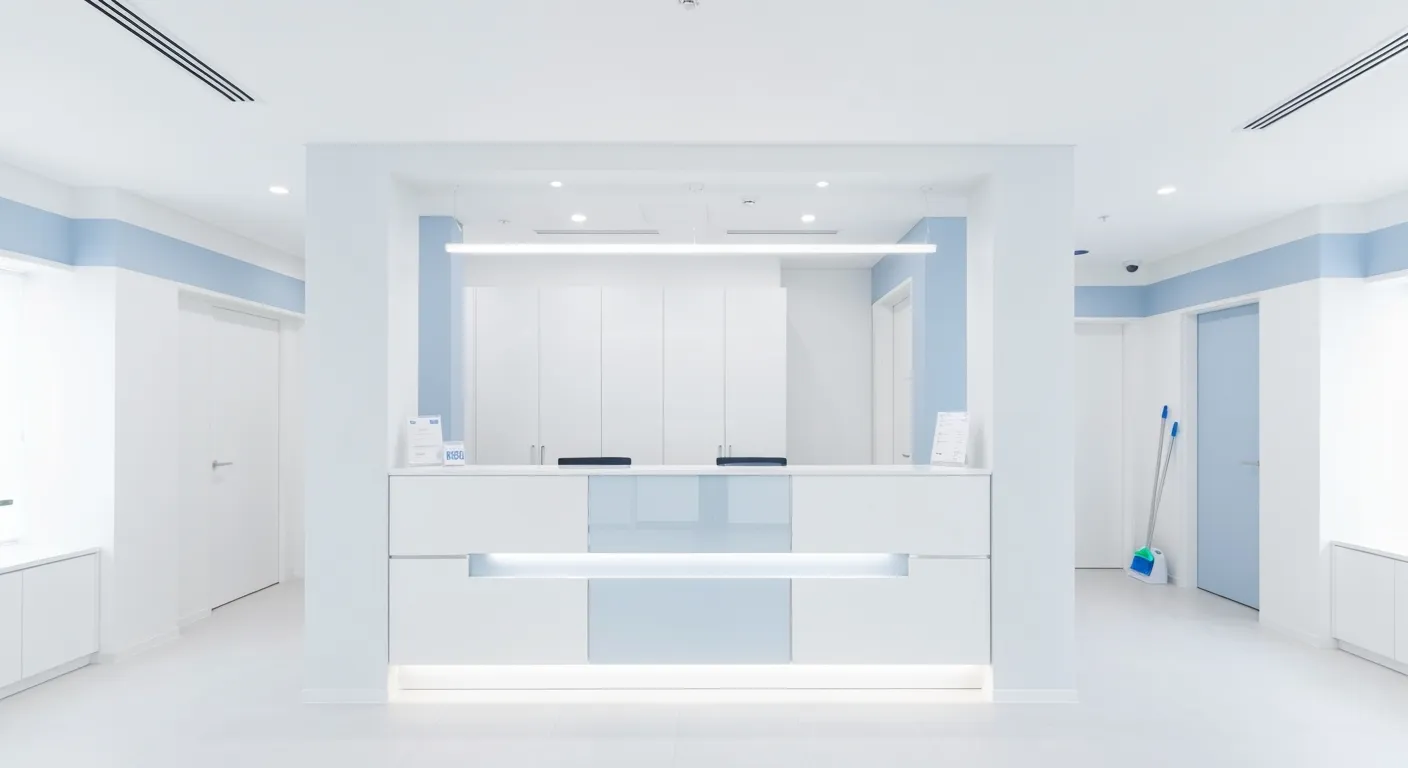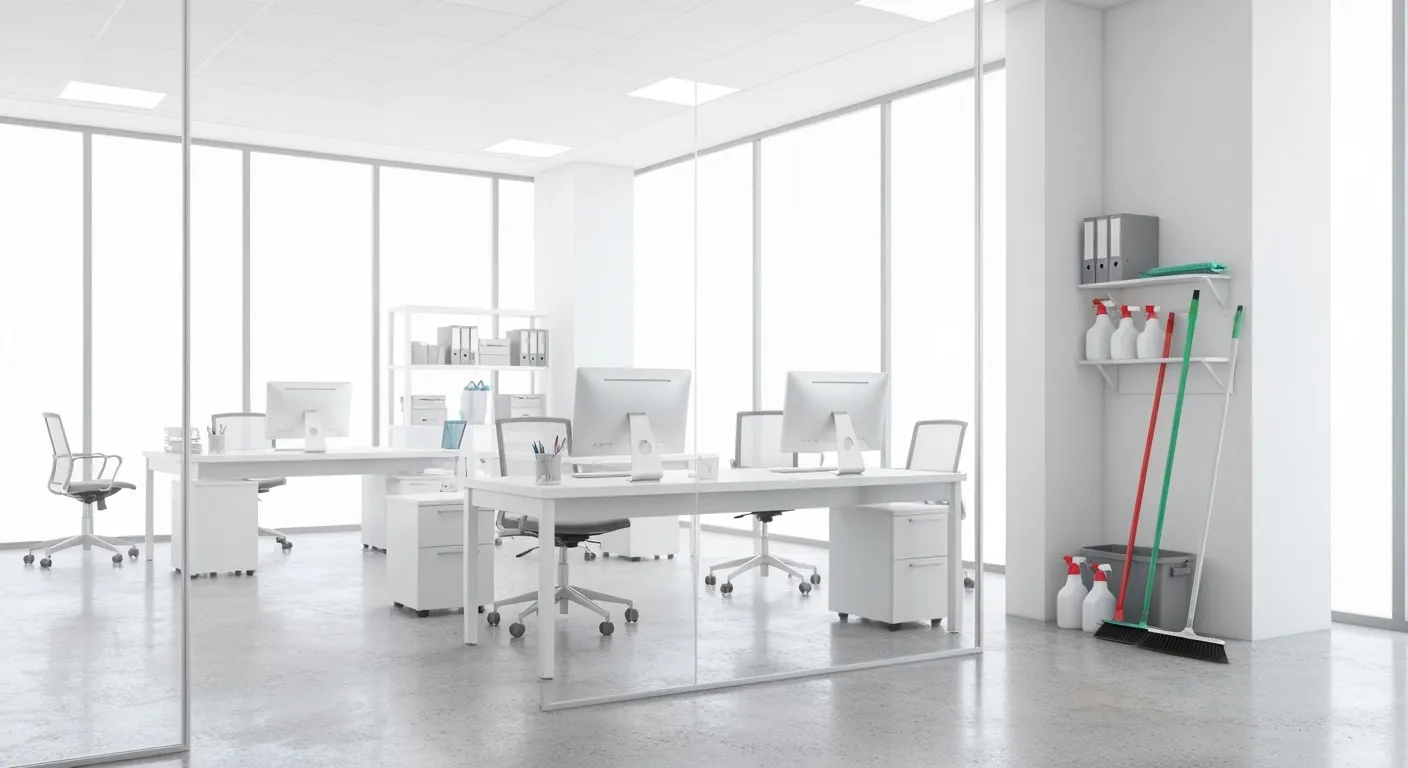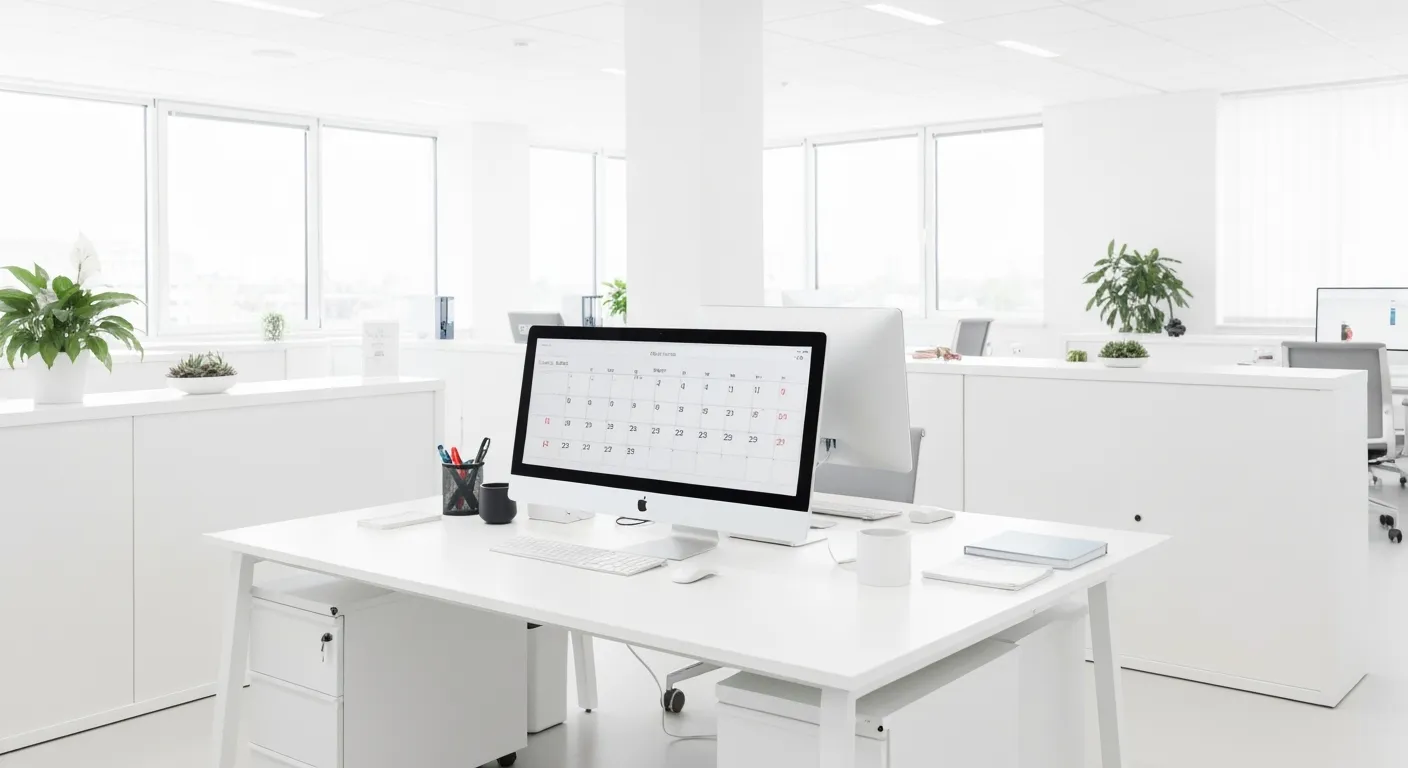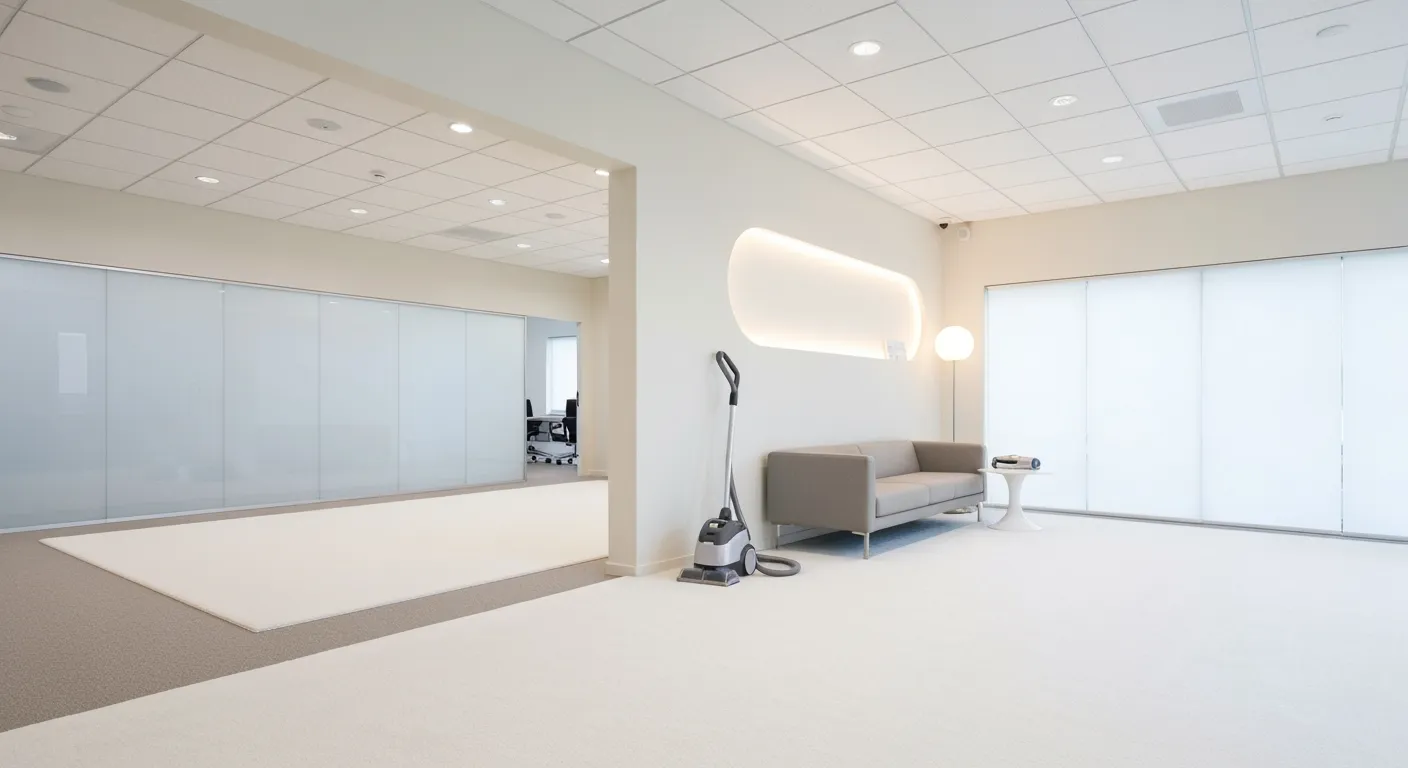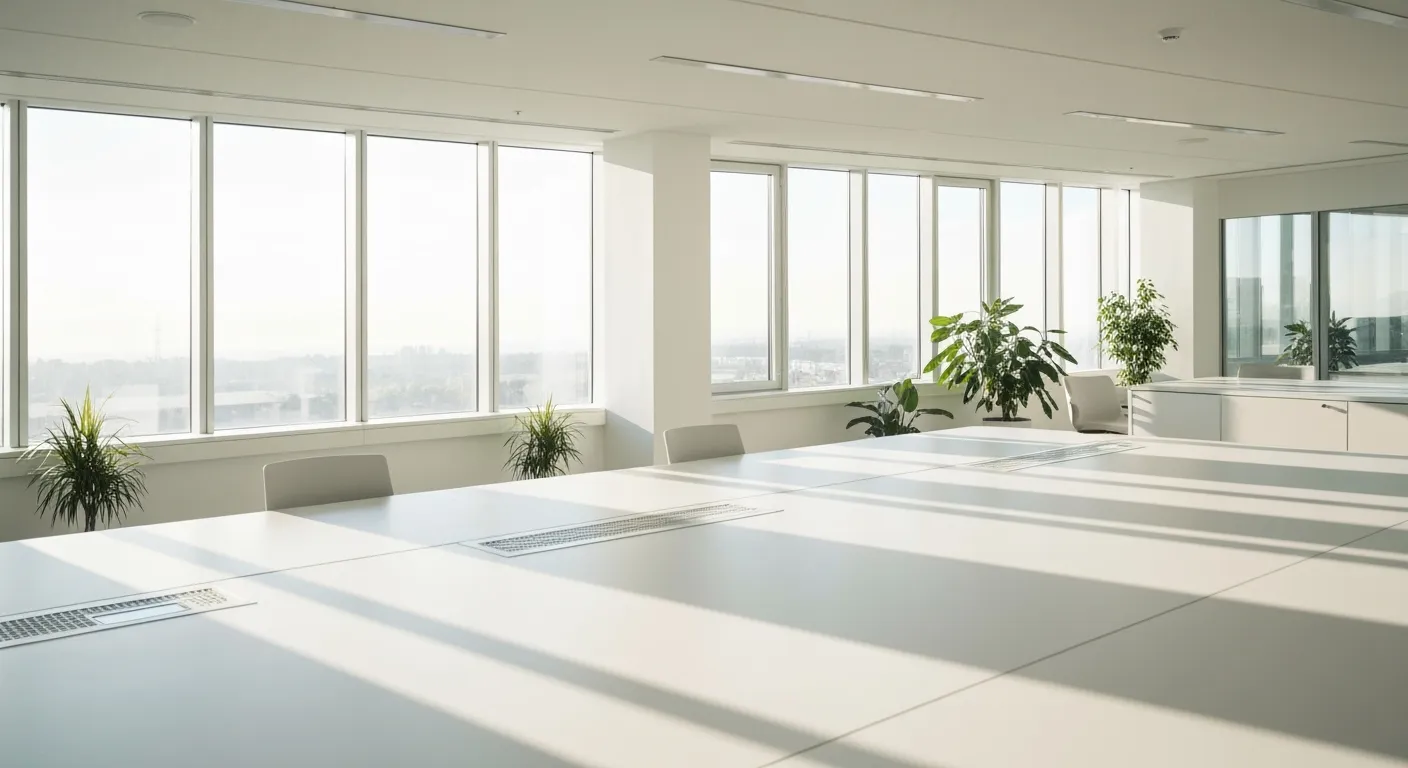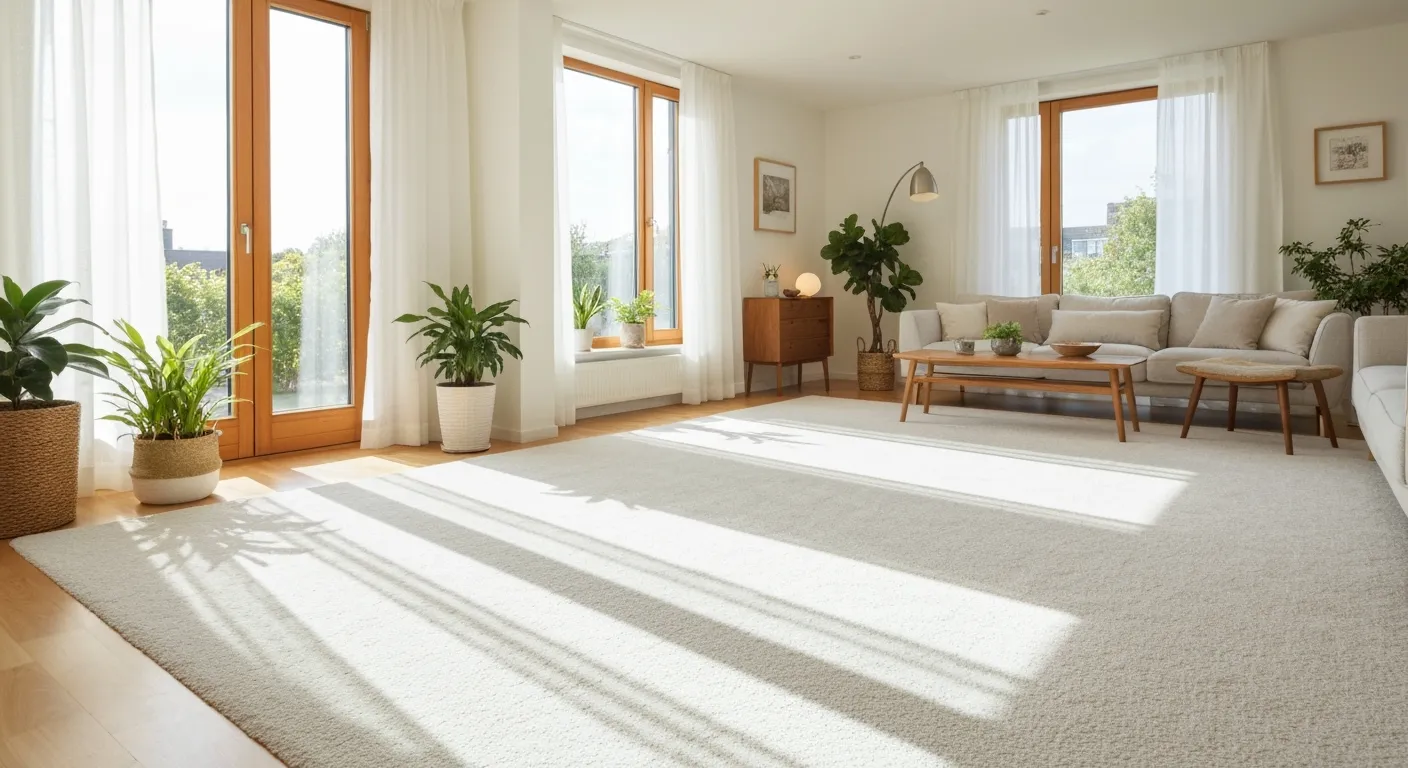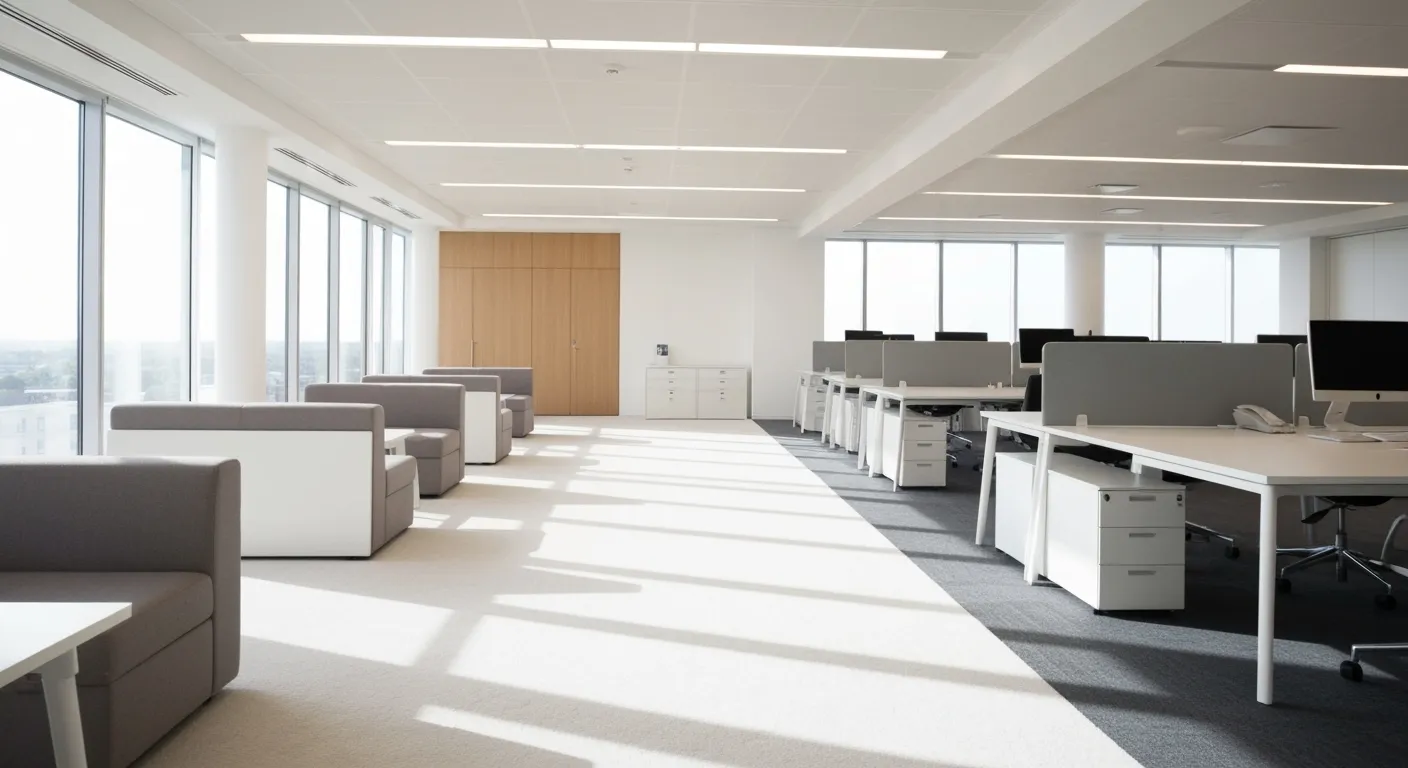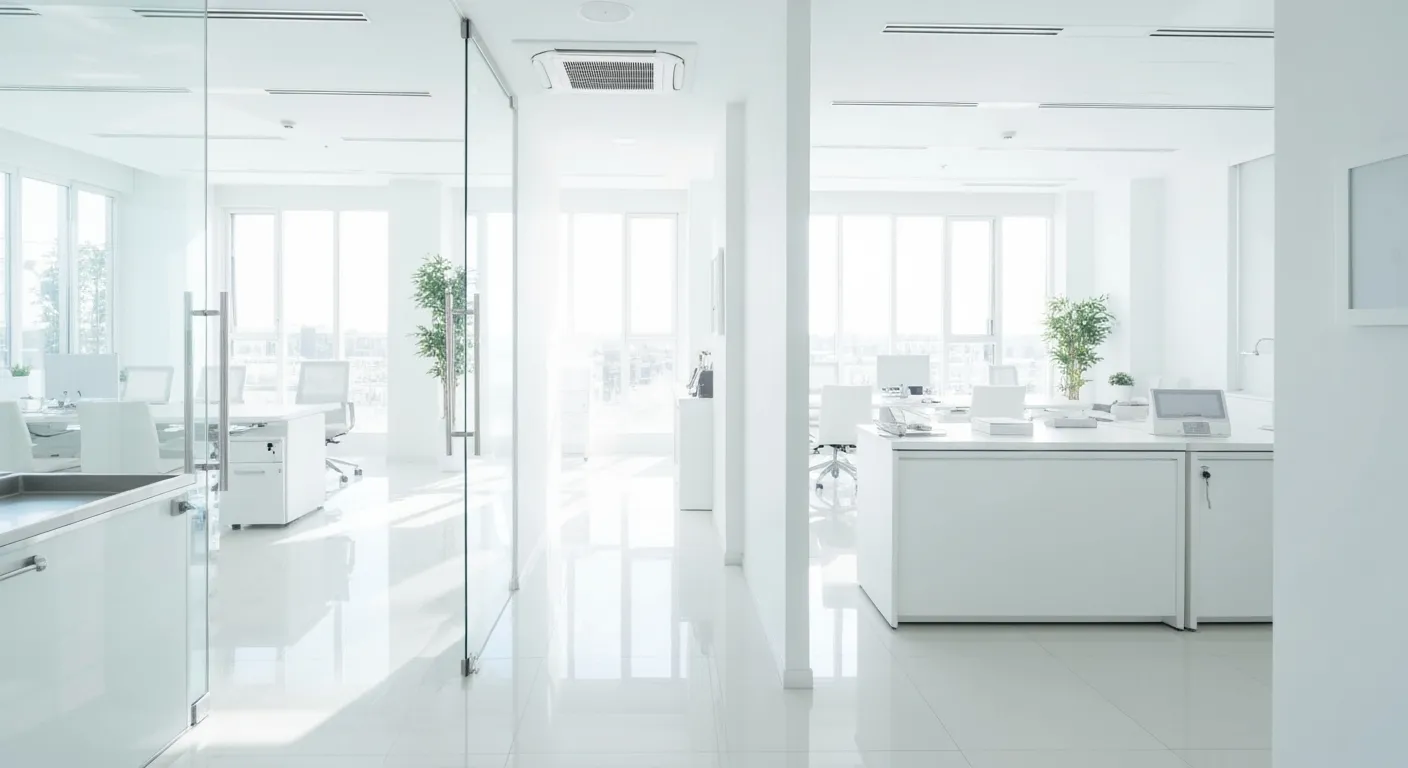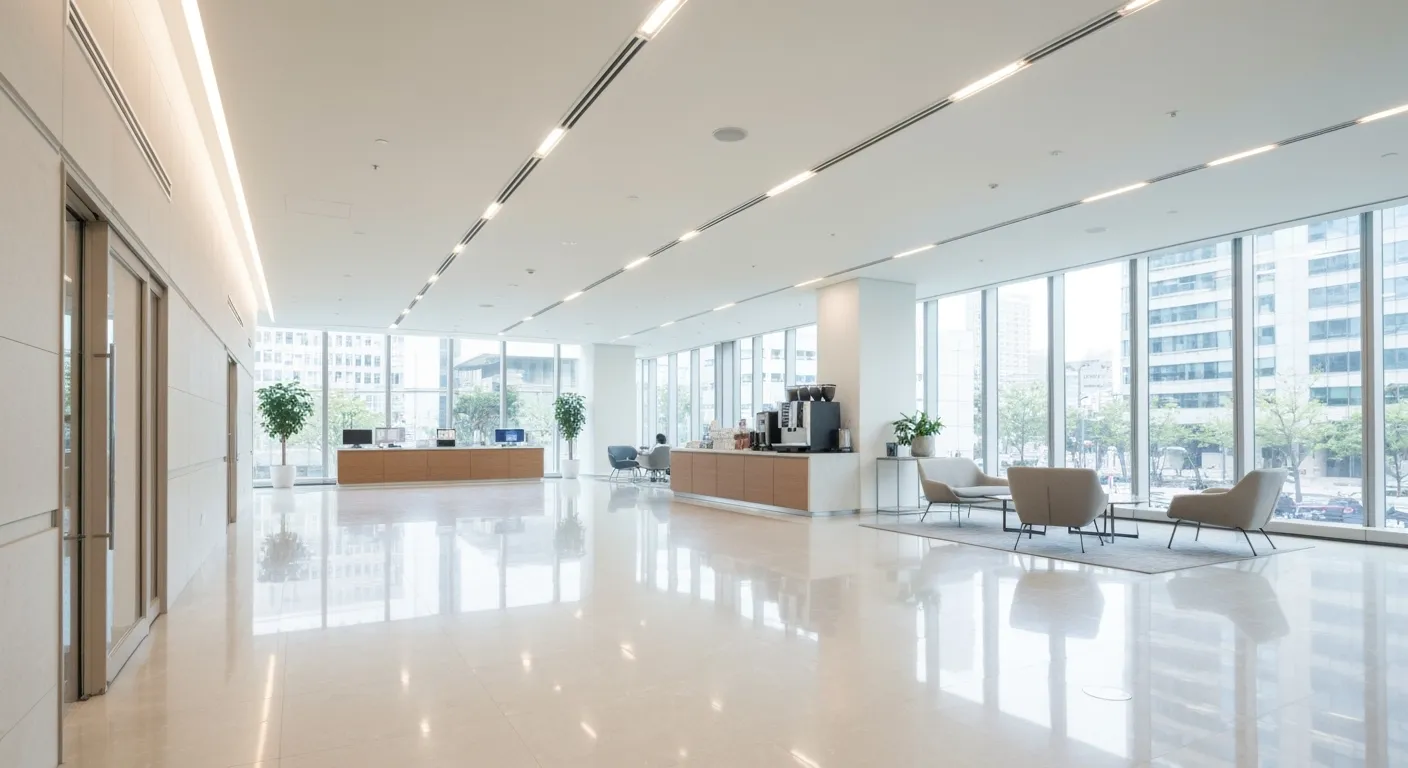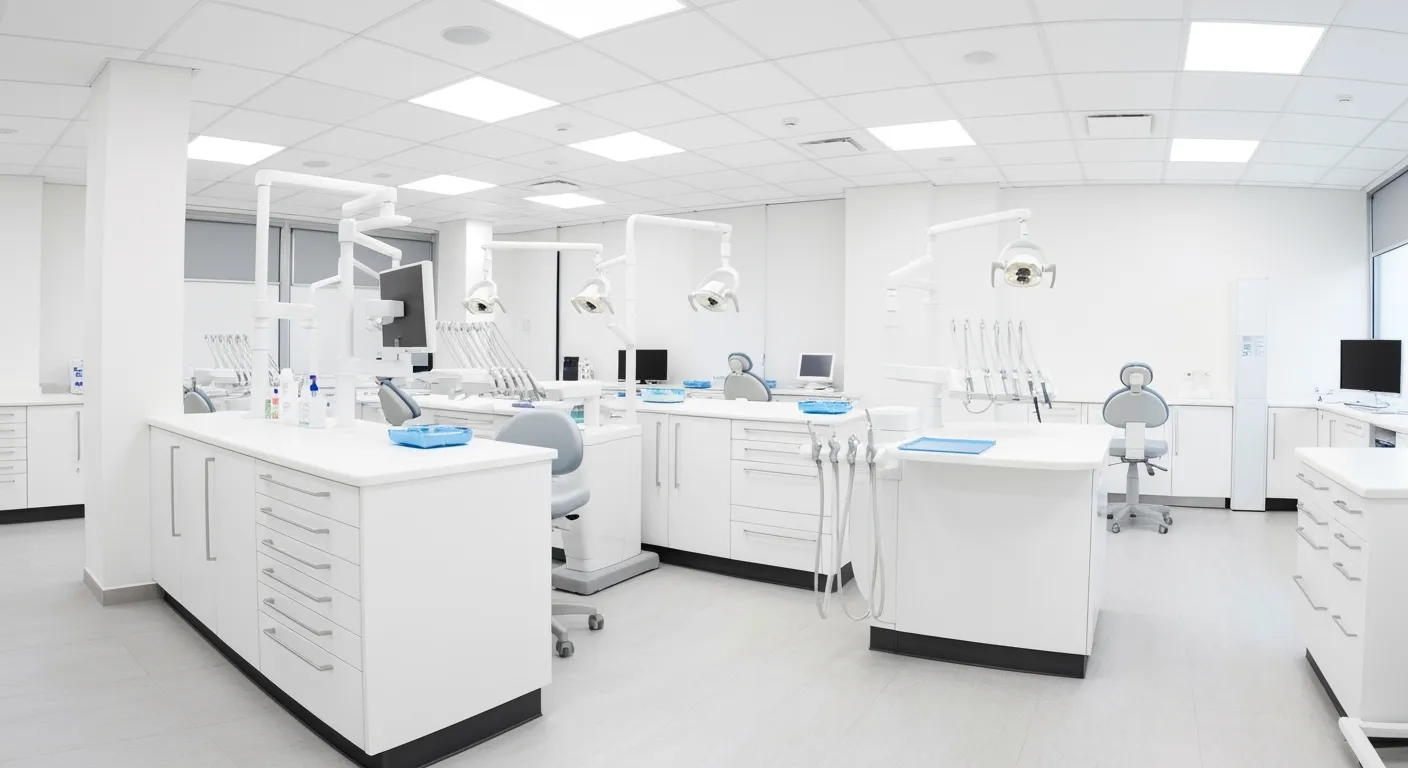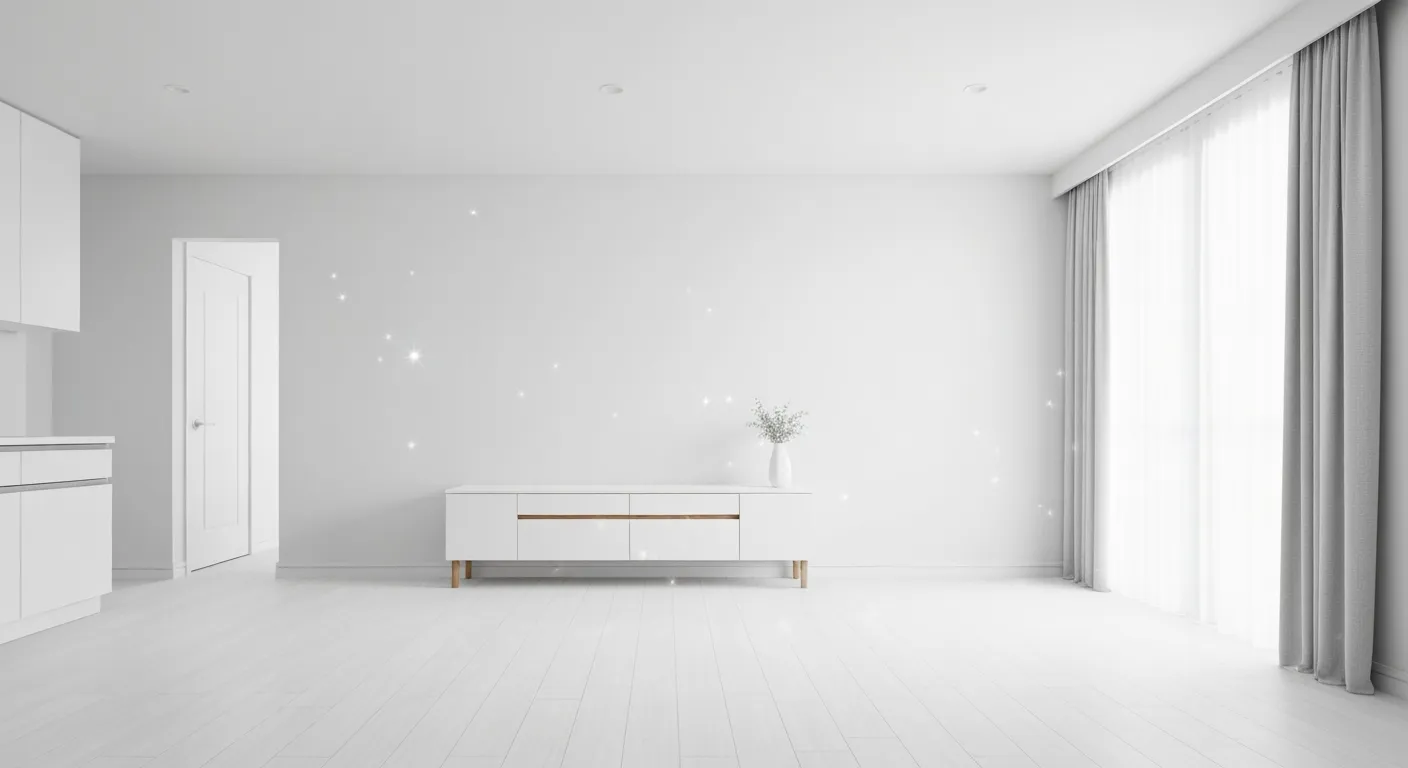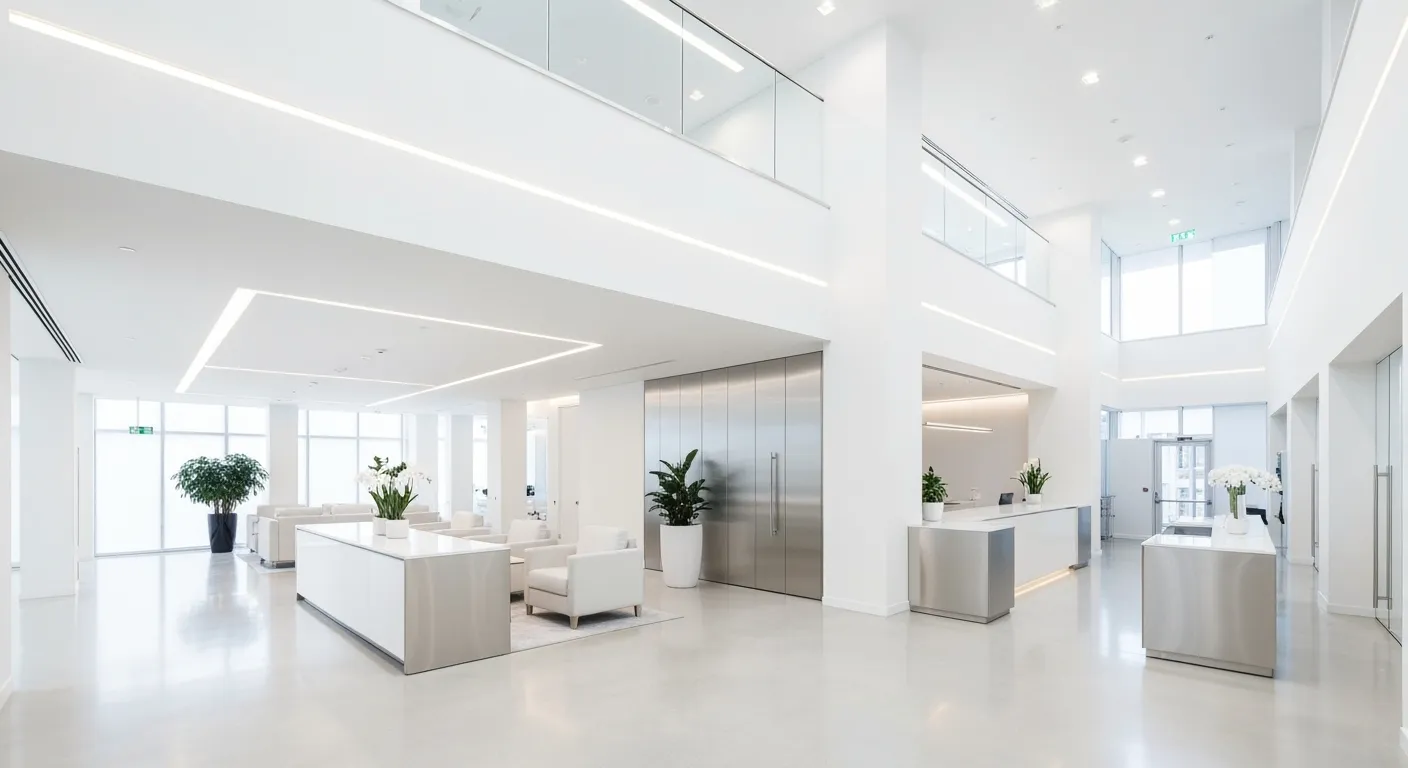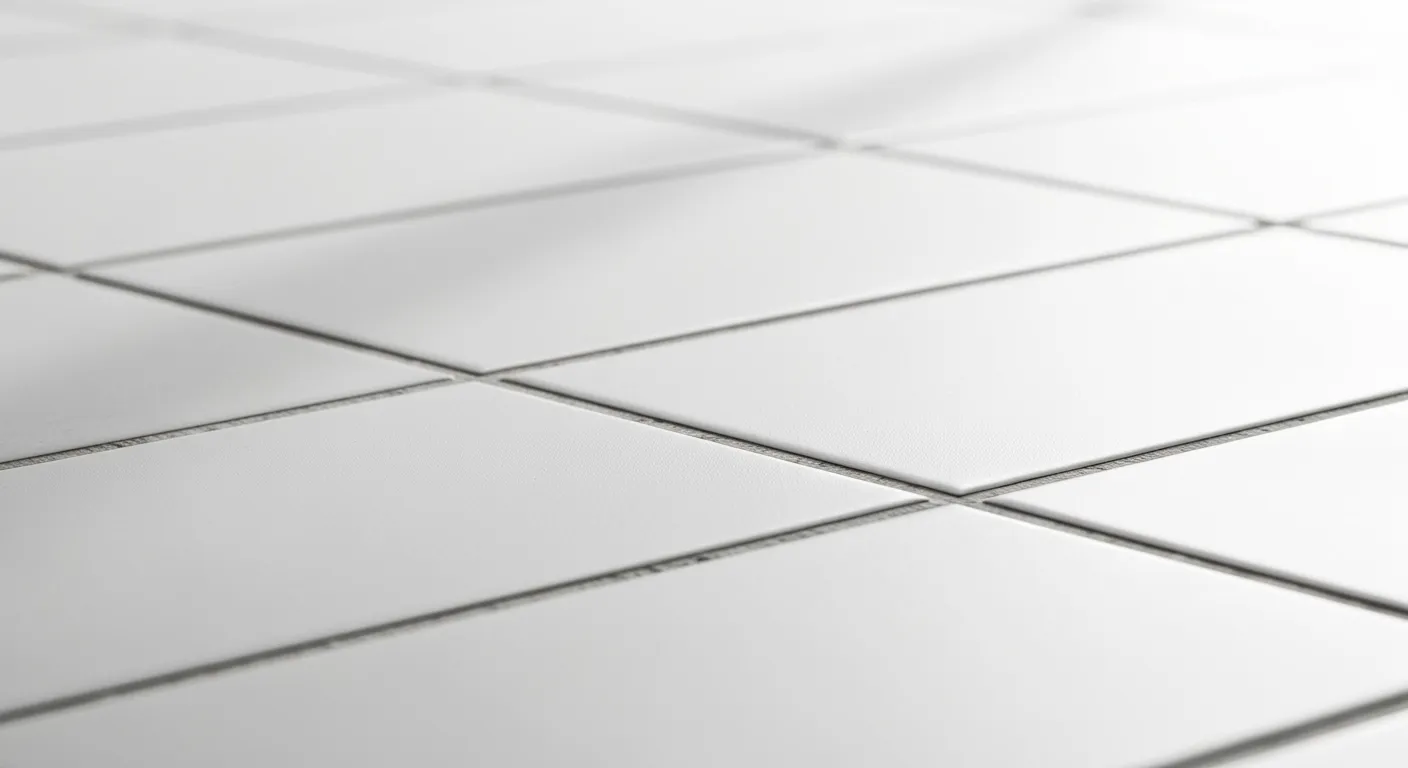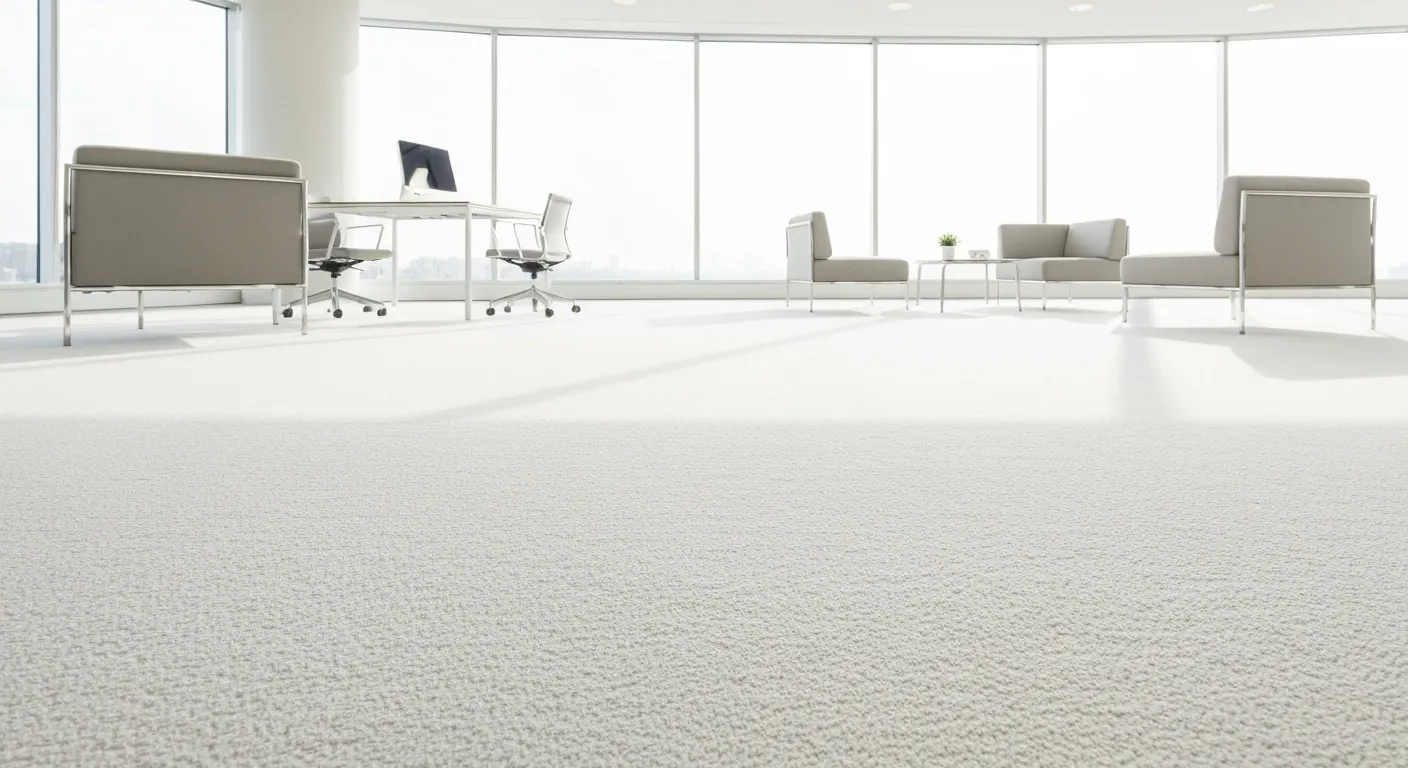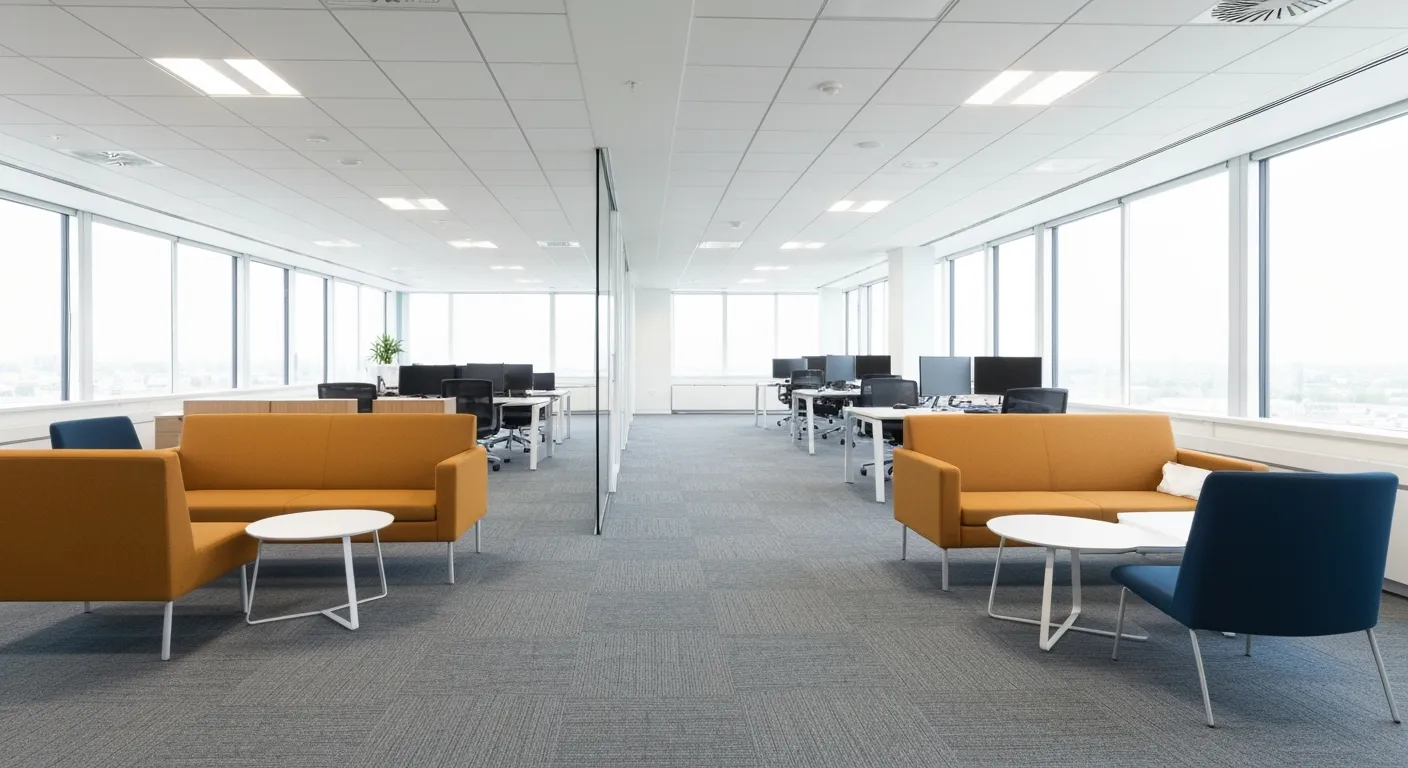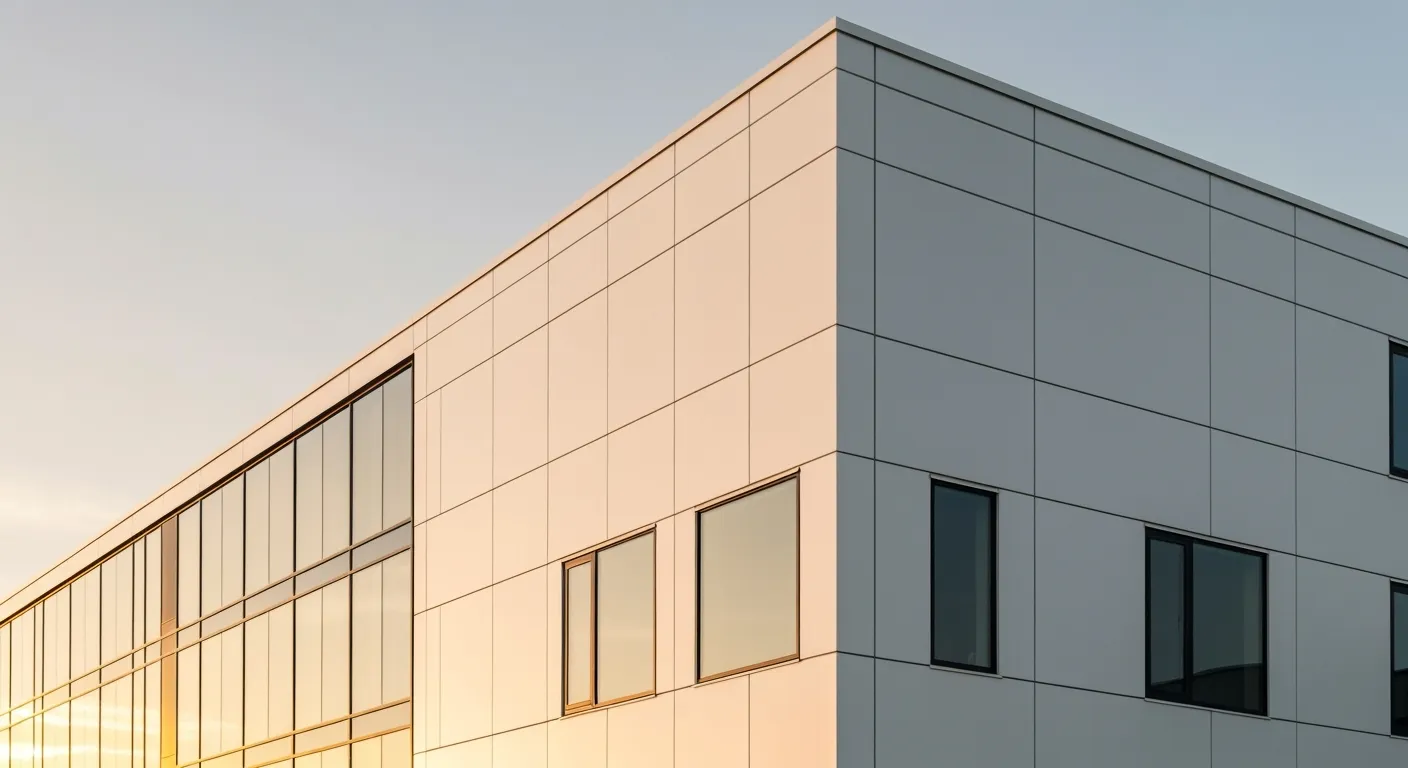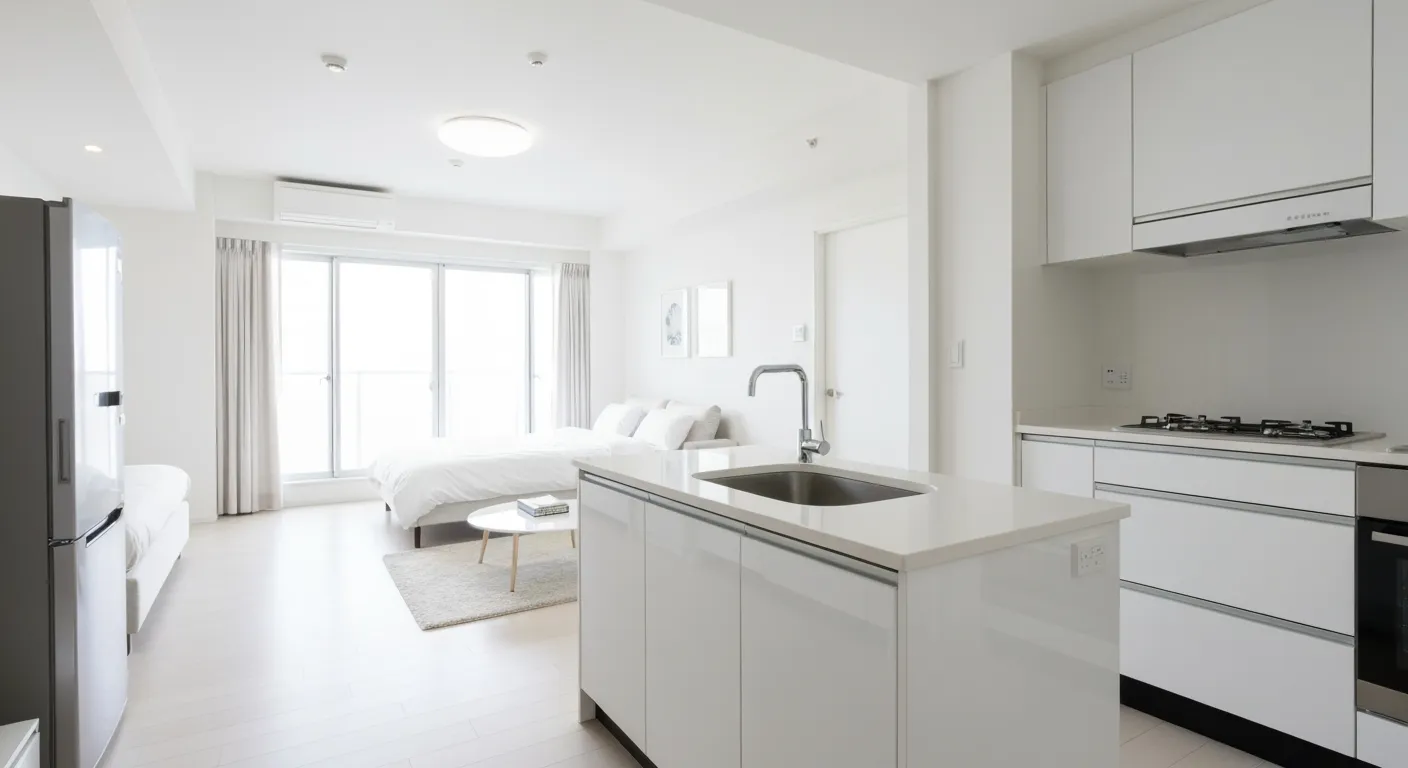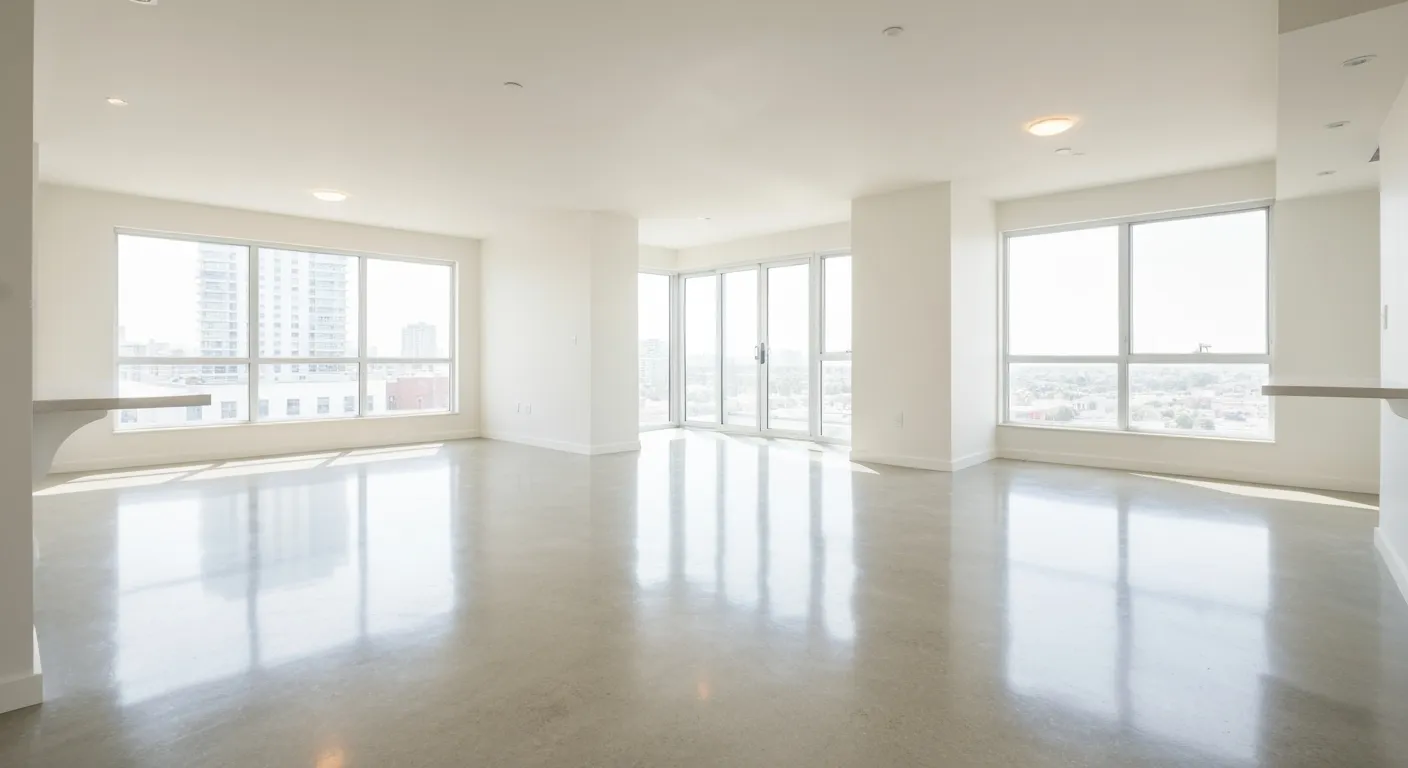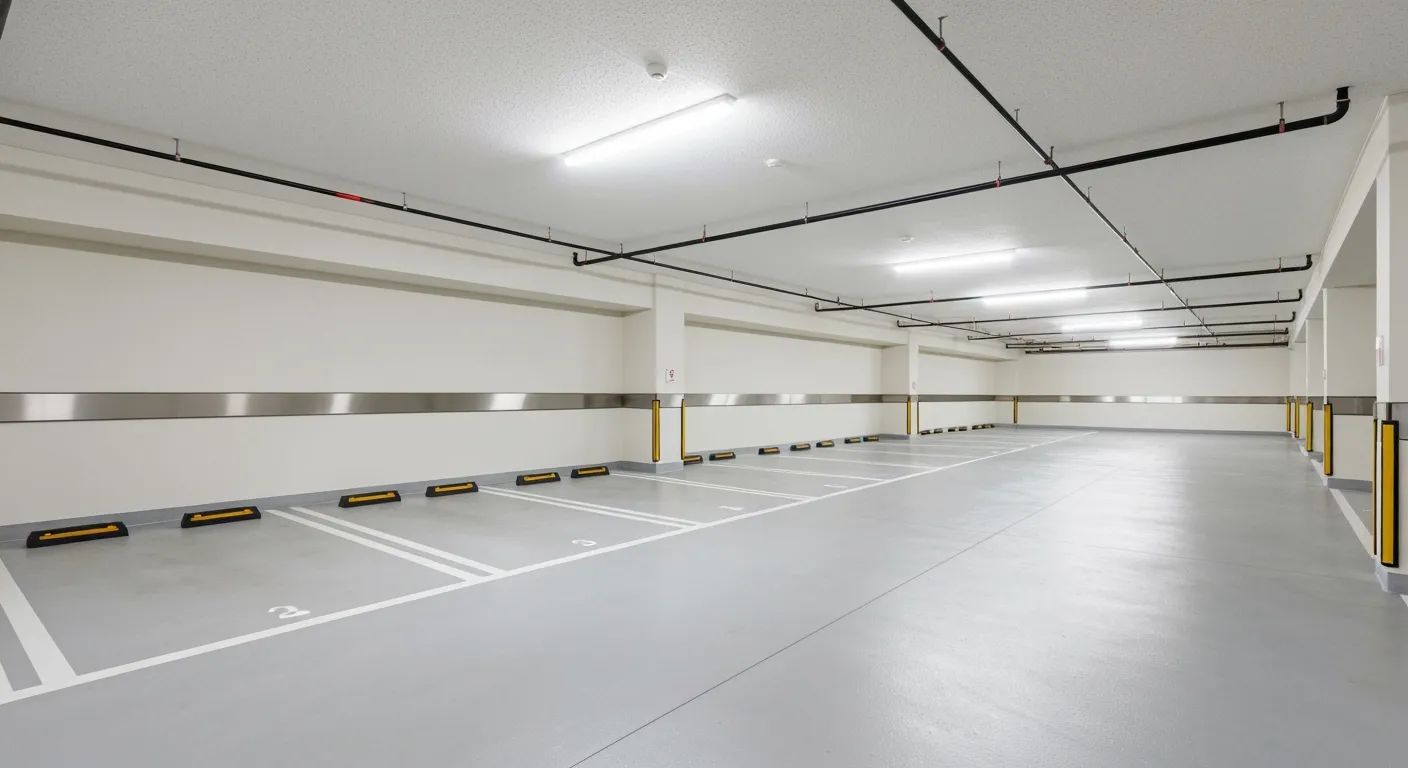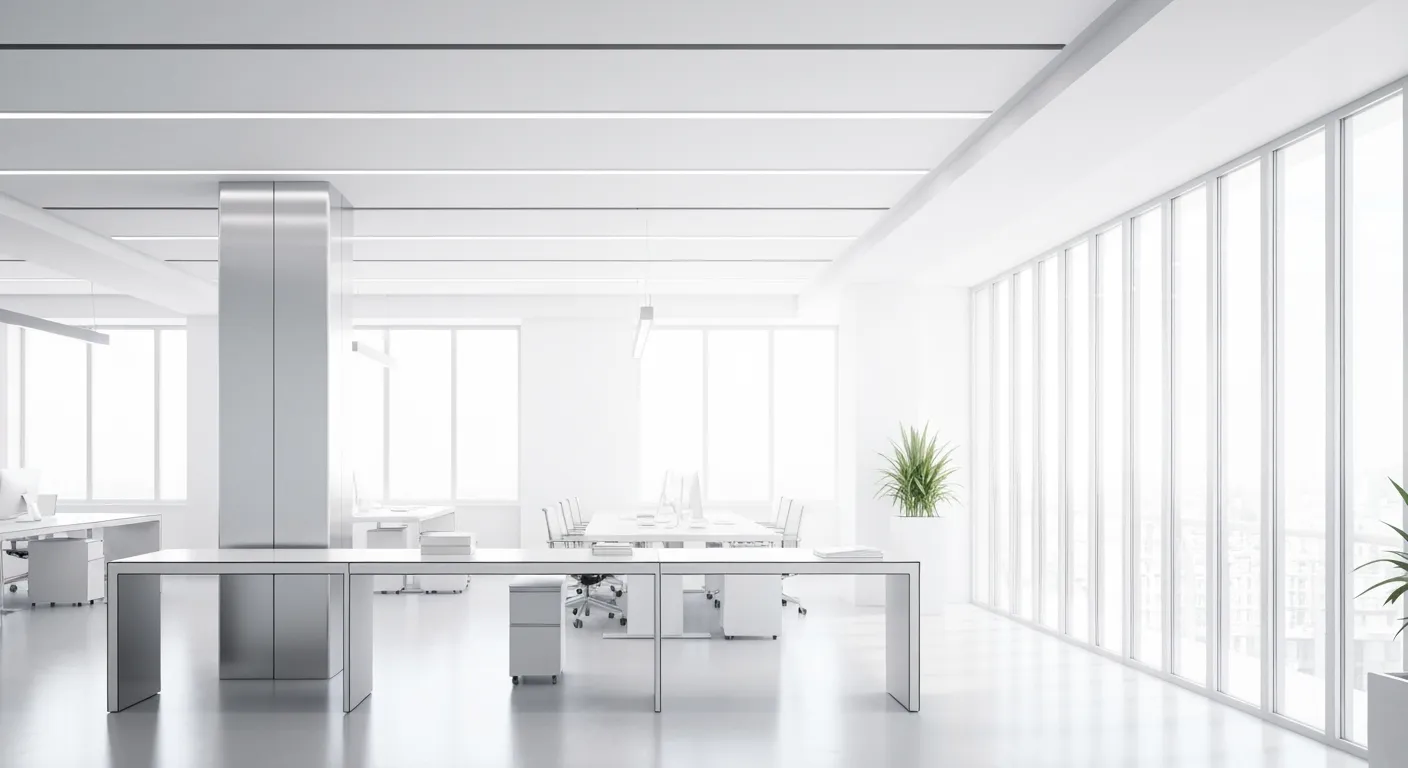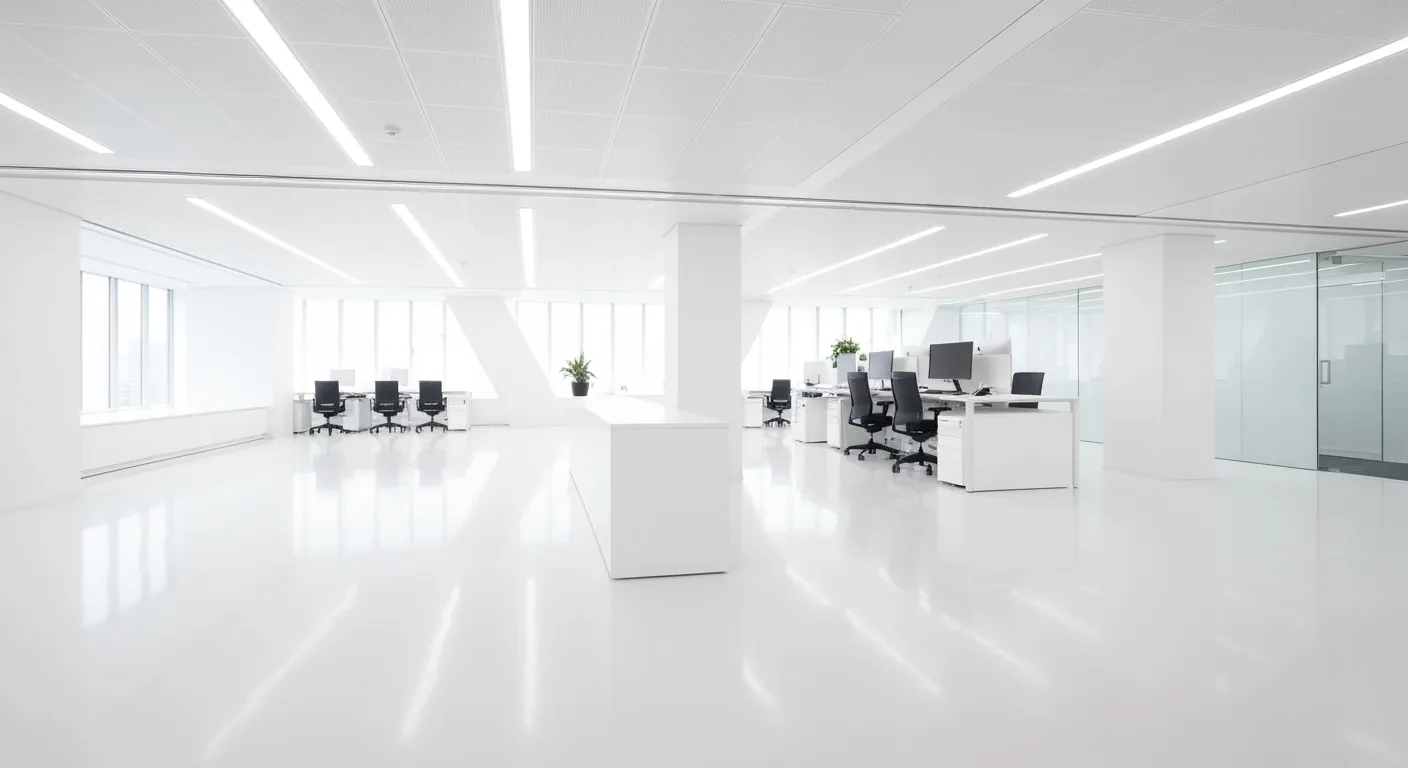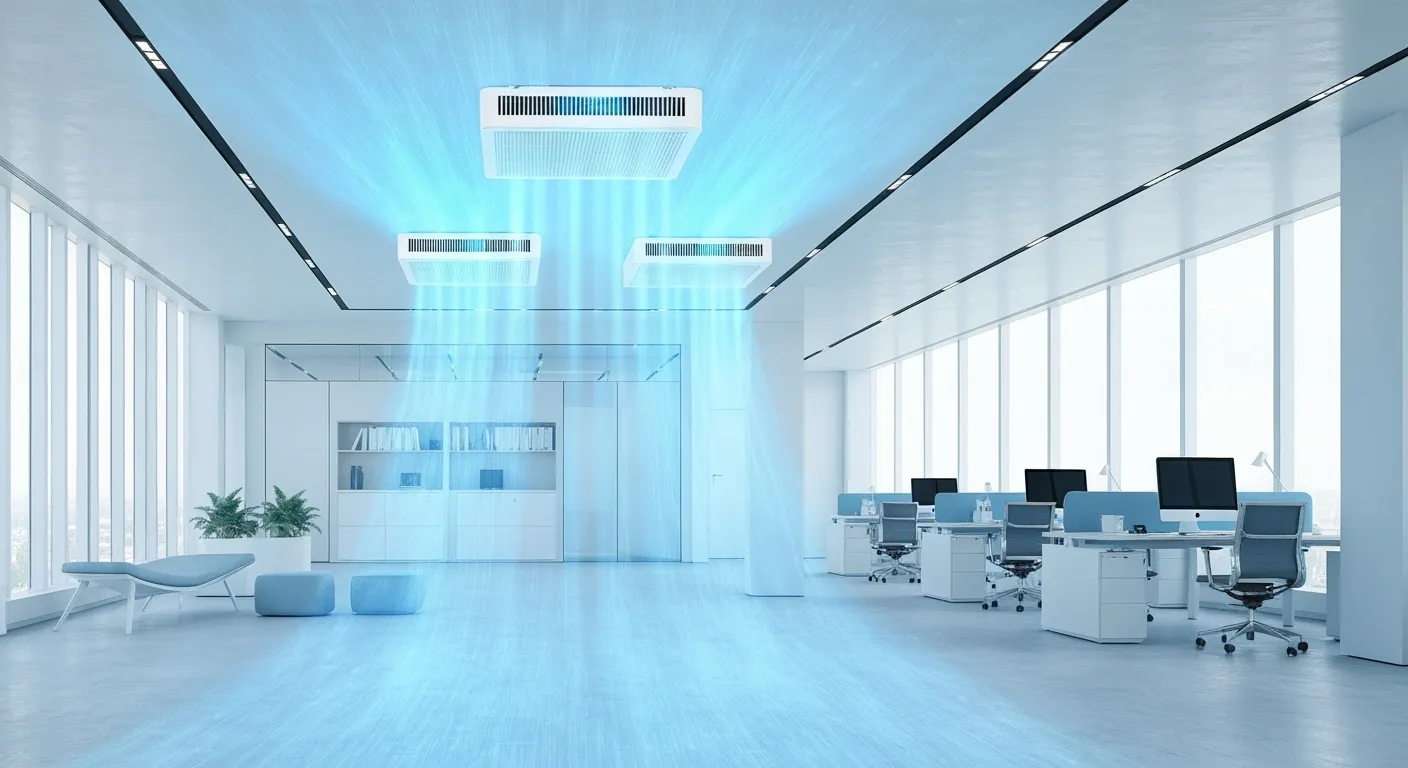Common Area Cleaning Statistics for Apartment Complexes

Understanding the Importance of Clean Common Spaces
Common areas in apartment complexes play a vital role in residents' daily lives, offering shared spaces such as hallways, elevators, gyms, and pools. Maintaining these spaces goes beyond aesthetics—it significantly impacts tenant health, safety, and satisfaction. This article explores statistical data, industry standards, and best practices for cleaning and maintaining these communal areas, providing insights for property managers, landlords, and residents alike.
Frequency and Scope of Cleaning in Apartment Common Areas

How often should common areas in apartment complexes be cleaned and maintained?
It is generally recommended that common areas, including commercial spaces, should be cleaned at least once a day. In addition, high-traffic areas require more frequent attention such as disinfecting multiple times daily to prevent the spread of germs. For comprehensive upkeep, a deep cleaning schedule should be implemented at least once a week to ensure thorough sanitation and maintenance.
What types of common areas in apartment complexes should be cleaned daily?
In apartment complexes, certain common areas demand daily cleaning to uphold hygiene and safety standards. These include hallways, lobbies, stairwells, and entryways. High-touch surfaces like doorknobs, elevator buttons, handrails, and light switches should be disinfected every day. Floors in these spaces should be swept or vacuumed regularly to remove dirt and debris, creating a welcoming environment.
Additionally, communal spaces such as laundry rooms and recreation areas benefit from daily cleaning of surfaces and floors. Regular attention to these areas reduces the risk of contamination and keeps shared amenities safe and appealing.
What additional cleaning requirements exist for high-traffic and larger complexes?
Larger complexes and those featuring a variety of amenities typically necessitate an increased cleaning frequency. These include pools, gyms, and outdoor recreational spaces, which require scheduled cleaning and disinfecting to ensure safety.
High-traffic zones and amenity-rich environments need focused attention on high-touch surfaces like gym equipment, pool gates, and playground equipment. Routine checks, trash removal, and floor maintenance are vital for these spaces.
Proper management involves coordinated efforts between professional cleaning services and property staff. Hiring experts helps create tailored cleaning schedules that accommodate the scale and usage of the complex, enhancing tenant satisfaction and ensuring compliance with safety standards.
| Common Areas | Cleaning Frequency | Special Notes |
|---|---|---|
| Hallways & Lobbies | Daily | Disinfect high-touch points, keep floors clean |
| Stairwells & Elevators | Daily | Vacuum, dust, sanitize high-touch surfaces |
| Laundry & Recreation Rooms | Daily | Surface cleaning, trash removal |
| Outdoor areas | Several times a week | Maintain cleanliness and safety |
| Swimming pools & Gyms | Regular, based on usage | Deep cleaning, equipment sanitation |
| Parking & Outside walkways | Weekly | Debris removal, sweeping |
Effectively managing the cleaning schedule in apartment complexes promotes a safer, more attractive environment, fostering community well-being and ensuring adherence to safety and accessibility laws.
Impact of Effective Cleaning on Tenant Satisfaction and Health

What is the importance and impact of effective cleaning and maintenance of apartment common areas?
Maintaining cleanliness and order in apartment complex common areas is vital for creating a safe, inviting, and healthy environment for residents. Regular cleaning routines, such as disinfecting hallways, stairwells, elevators, and shared amenities, significantly reduce the risk of germs, allergens, and illnesses spreading among tenants.
High-traffic spaces like entryways, laundry rooms, gyms, and pools require frequent attention from professional cleaning services to keep them sanitized and attractive. This not only helps manage hygiene but also prevents pest infestations and damage to surfaces.
Proper management of these shared spaces positively influences tenant satisfaction by demonstrating a commitment to their well-being. Well-maintained areas foster a sense of community pride and can enhance the overall appeal of the property. Additionally, routine upkeep extends the lifespan of fixtures and surfaces, which minimizes long-term repair costs.
For large complexes, an increased focus on cleaning and maintenance is necessary to meet legal requirements such as accessibility standards mandated by laws like the Americans with Disabilities Act. Ensuring that all tenants enjoy safe, accessible, and clean areas promotes compliance and safety. The combined effect of these practices bolsters operational efficiency by reducing emergency repairs and ensuring compliance with local regulations.
In essence, effective cleaning and maintenance are fundamental to sustaining a functional, attractive, and secure living environment, which directly impacts tenant happiness and the property's overall value.
Best Practices and Guidelines for Cleaning Shared Residential Spaces

What are some guidelines and best practices for cleaning and maintaining shared spaces in residential buildings?
Effective maintenance of common areas in apartment complexes plays a vital role in ensuring hygiene, safety, and tenant satisfaction. Following structured guidelines can help property managers and cleaning staff maintain these spaces efficiently.
A fundamental aspect is adherence to infection prevention and control (IPAC) practices. This involves routinely cleaning and disinfecting high-touch surfaces such as door handles, elevator buttons, handrails, light switches, and communal kitchen or bathroom fixtures. Focused attention on these areas reduces the risk of germ transmission.
Utilizing educational modules, checklists, and regular audits creates a systematic approach to cleaning routines. Checklists ensure all key areas are addressed consistently, while audits help verify adherence to protocols and identify areas for improvement.
Proper cleaning agents are essential. Different surfaces and contaminants require specific disinfectants and cleaning solutions to be effective. For example, disinfectants with proven efficacy against viruses and bacteria should be used on high-touch surfaces. Staff should be trained to apply these agents correctly, following manufacturer instructions.
Training is a crucial component. Cleaning staff or residents involved in maintenance should receive instruction on best practices, including proper cleaning techniques, safety precautions, and legal compliance, such as accessibility and safety standards mandated by laws like the Americans with Disabilities Act. Ensuring adherence involves continuous education and supervision.
For practical application, regular cleaning of communal spaces such as hallways, staircases, elevators, lobbies, laundry rooms, gyms, pools, and outdoor areas helps maintain a pleasant environment. Larger complexes with amenities require more frequent cleaning and deep cleaning schedules.
Implementing these practices not only enhances aesthetic appeal but also fosters a healthier, safer community environment and promotes legal compliance. Routine maintenance and continuous staff training form the backbone of a successful strategy to keep shared residential spaces clean, safe, and inviting.
The Role and Advantages of Professional Cleaning Services

What are the benefits of using professional cleaning services for common areas in apartment complexes?
Employing professional cleaning services offers many advantages for managing communal spaces in apartment complexes. These experts ensure a high level of cleanliness and thorough disinfection, which is crucial for maintaining a healthy environment. Regular cleaning reduces germs, dust, and allergens, contributing to the well-being of residents.
Customized cleaning plans are another benefit. Cleaning schedules can be tailored to fit the specific needs of the complex, whether it requires daily maintenance of high-traffic areas or periodic deep cleaning. This flexibility helps in managing resources efficiently and ensures that all spaces remain hygienic and inviting.
Cost-effectiveness is an important consideration. Hiring professional cleaners can often be more economical than employing full-time staff, especially when factoring in wages, benefits, training, and equipment costs. Outsourcing cleaning tasks saves property managers time and effort, allowing them to focus on other aspects of property management.
Furthermore, reputable cleaning companies maintain insurance coverage and adhere to stringent quality standards. This layer of security provides peace of mind, knowing that the cleaning is performed reliably and that any damages or issues are covered. Altogether, professional cleaning services play a vital role in keeping common areas pristine, safe, and appealing, which helps retain tenants and enhance the overall value of the property.
Management Strategies and Cost Considerations for Common Area Cleaning

What are the typical maintenance costs and expenses associated with cleaning common areas in apartment complexes?
Maintenance costs for cleaning common areas usually cover a wide range of services designed to keep shared spaces safe and attractive. These costs include janitorial services for hallways, lobbies, restrooms, and elevators. They often fall under the umbrella of Common Area Maintenance (CAM) charges.
Expenses typically encompass salaries for cleaning staff, costs of cleaning supplies, trash removal, and surface treatments such as carpet cleaning. Outdoor cleaning and landscaping, such as snow removal and lawn care, may also be part of the overall budget. Utility costs, including water and electricity for lighting and equipment used in cleaning, are additionally factored into expenses.
In sum, these costs primarily aim to maintain hygiene, safety, and visual appeal, ensuring residents and visitors enjoy a clean environment without disruptions.
What management strategies can apartment complexes use to maintain cleanliness in common areas?
Effective property management depends on a robust cleaning plan and routine maintenance tasks. A comprehensive cleaning schedule should involve regular deep cleans of high-traffic and amenity-rich areas such as lobbies, hallways, elevators, and recreational spaces. The schedule should be flexible enough to adapt to seasonal weather changes, which can impact outdoor cleanliness.
Routine chores like vacuuming, sweeping, dusting, sterilizing, and trash removal should be performed daily or as needed, especially in areas with heavy foot traffic. Regular cleaning of outdoor spaces, including pools and walkways, and the upkeep of public bathrooms are vital.
Utilizing porter services—that is, dedicated staff for daily maintenance—and maintenance management software can streamline scheduling, task assignments, and tracking. These technologies help ensure accountability and maintain a consistent standard of cleanliness.
Periodic tasks such as window washing, floor polishing, and surface sealing also contribute to long-term care of building surfaces. Overall, a well-organized routine positively influences tenants' satisfaction and the property's appeal.
Additional Considerations
| Aspect | Details | Additional Info |
|---|---|---|
| Costs | Salaries, supplies, utilities, outdoor services | Aims for hygiene, safety, visual appeal |
| Management | Scheduled routine cleaning, use of software | Ensures consistency and accountability |
| Maintenance | Deep cleaning, repairs, safety checks | Maintains long-term property value |
Adopting a well-rounded approach combining regular cleaning, financial planning, and modern management tools helps apartment complexes sustain cleanliness and meet legal standards for accessibility and safety.
Maintaining Cleanliness: A Shared Responsibility with Tangible Rewards
The statistics and standards around common area cleaning in apartment complexes highlight the crucial role this work plays in promoting resident well-being and property value. A regular and thorough cleaning routine, combined with professional services and strong management strategies, ensures these communal spaces remain safe, hygienic, and inviting. As apartment living continues to grow, prioritizing effective maintenance not only enhances tenant satisfaction but also fosters a vibrant community atmosphere. Ultimately, investing in the upkeep of shared spaces pays dividends through longevity, legal compliance, and positive tenant relationships.
References
- How Often Should You Clean an Apartment Complex
- Understanding the Common Area in Apartments and Commercial ...
- How to Keep the Common Areas of Your Apartment Complex Clean
- Cleaning & Maintenance Guide for Property Managers Including ...
- The Importance of Regular Facility Cleaning for Health and ...
- Building And Common Area Cleaning - The Cleaning Concern
- The Role of Cleaning Services in Building Maintenance
- Commercial Cleaning in Maintaining Property Value | Good Sorts


